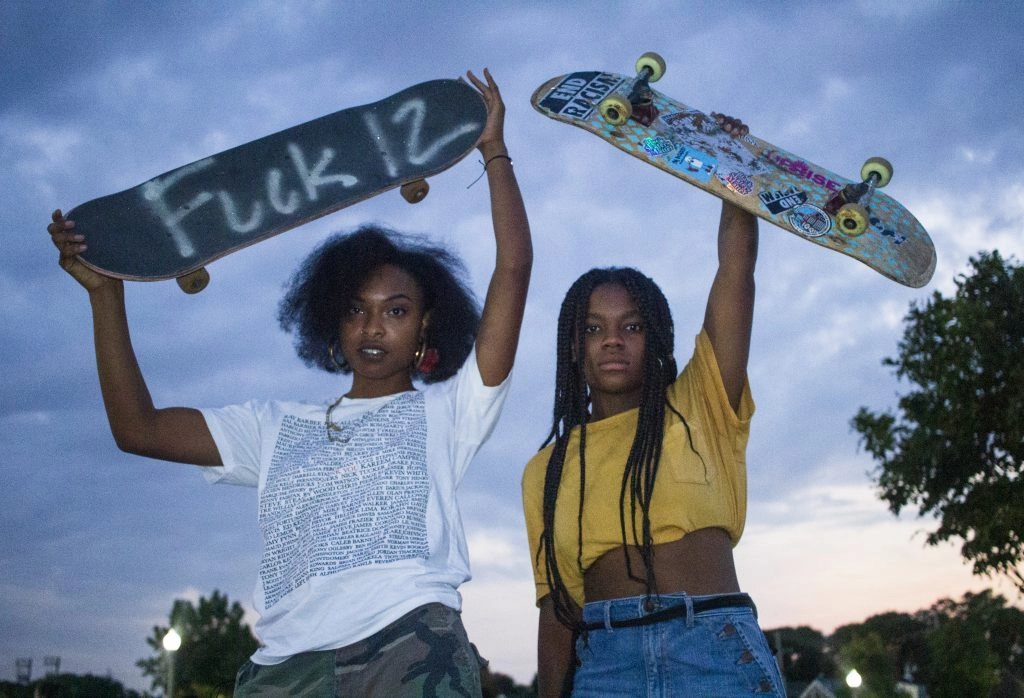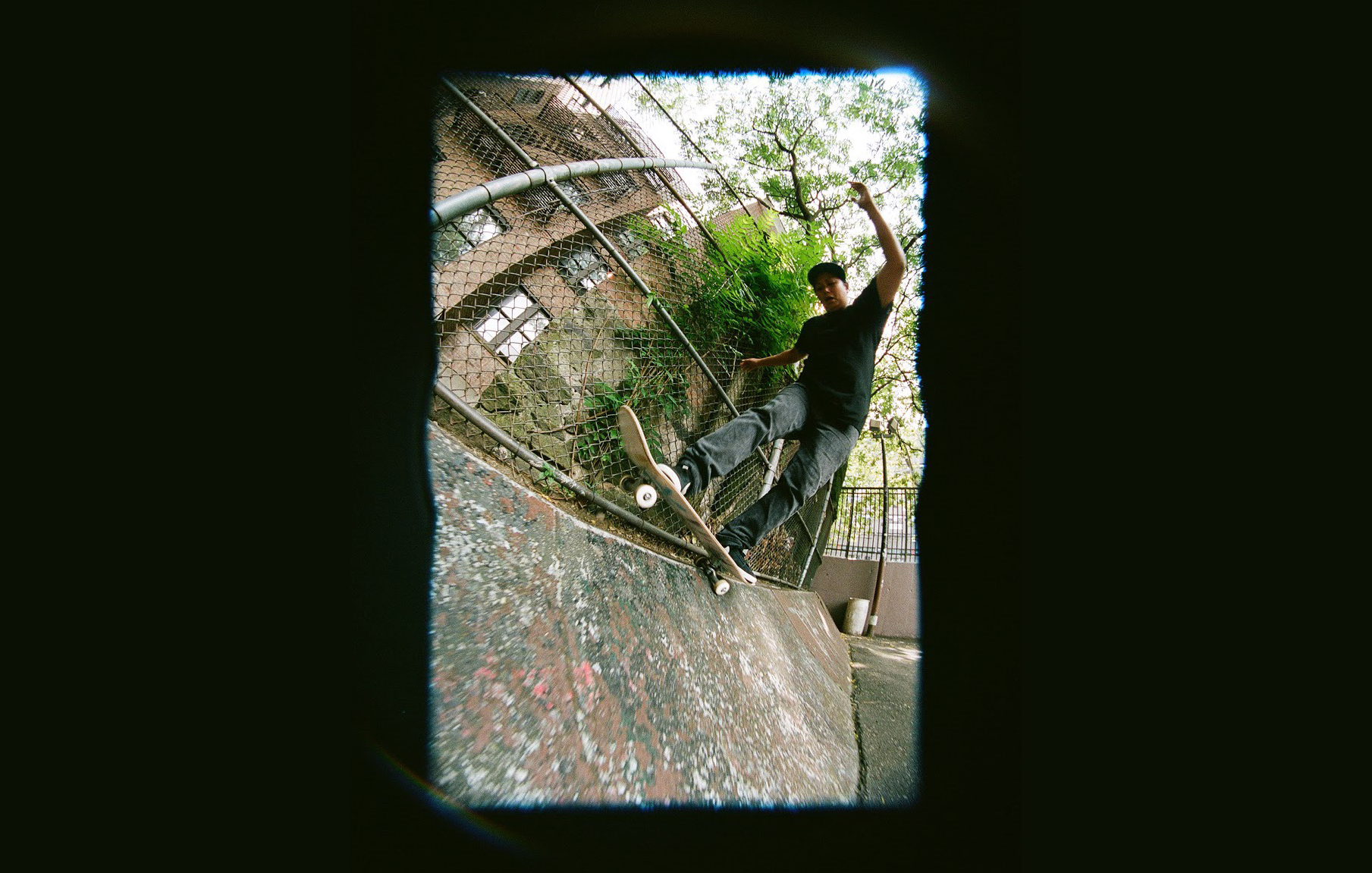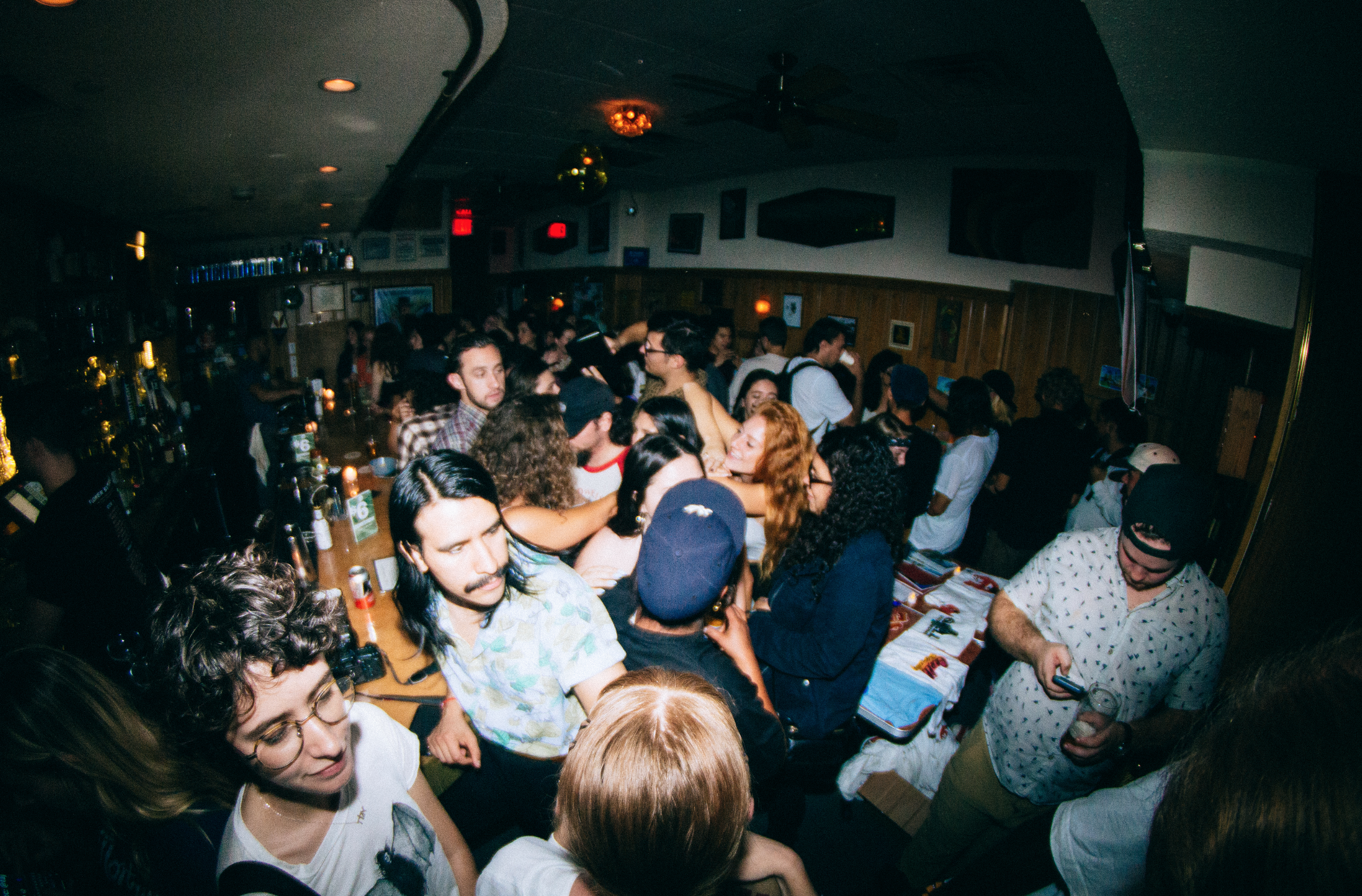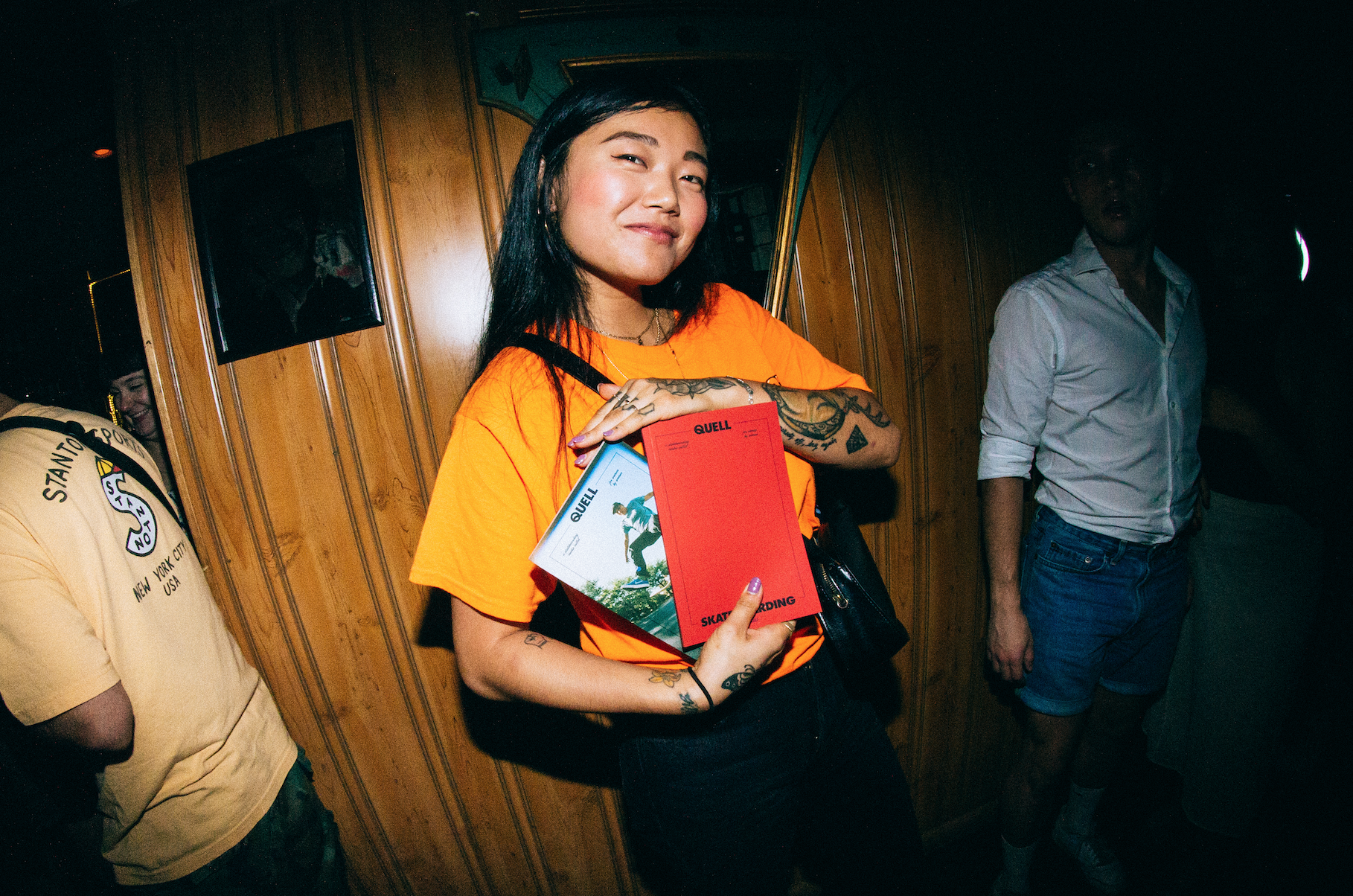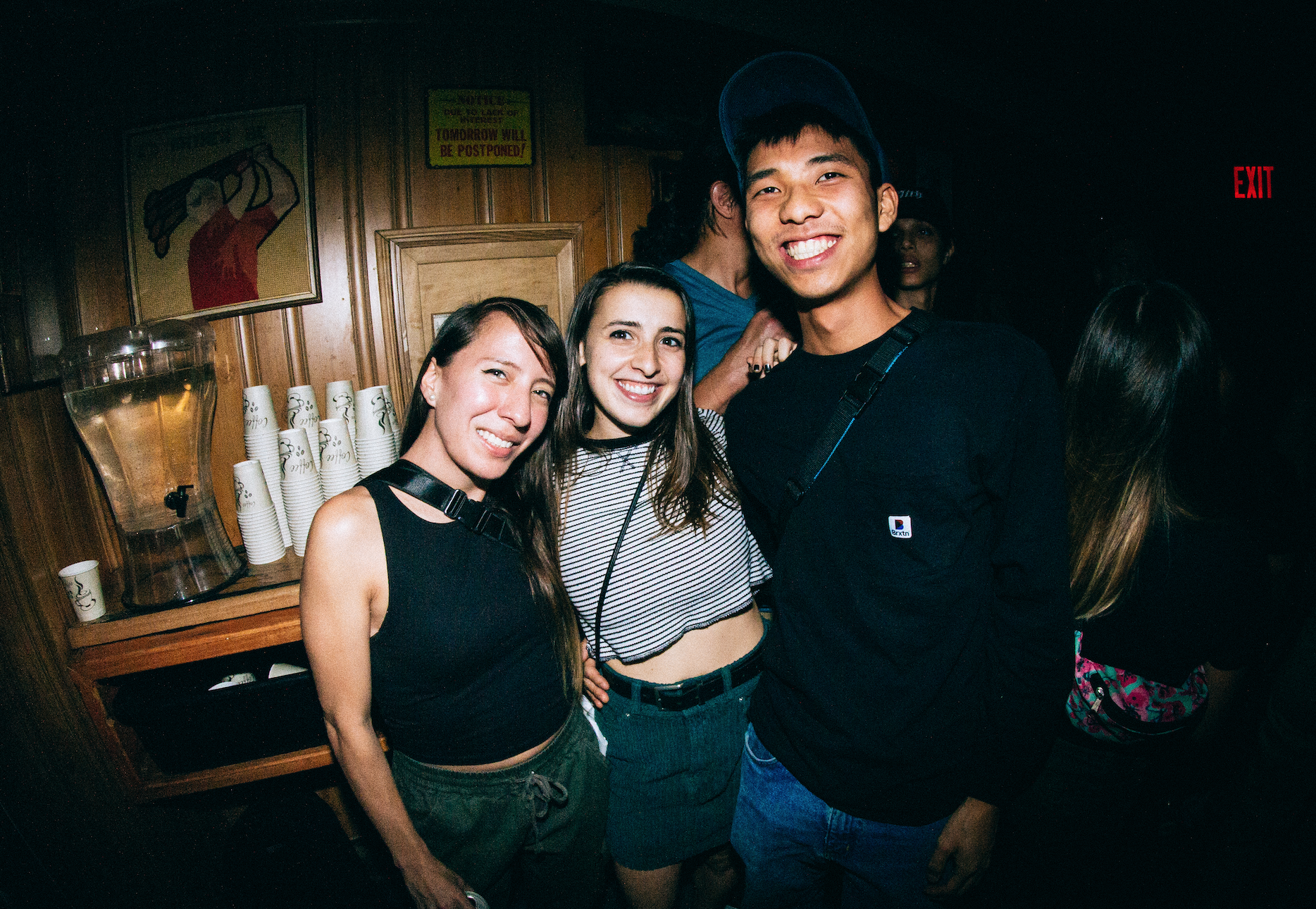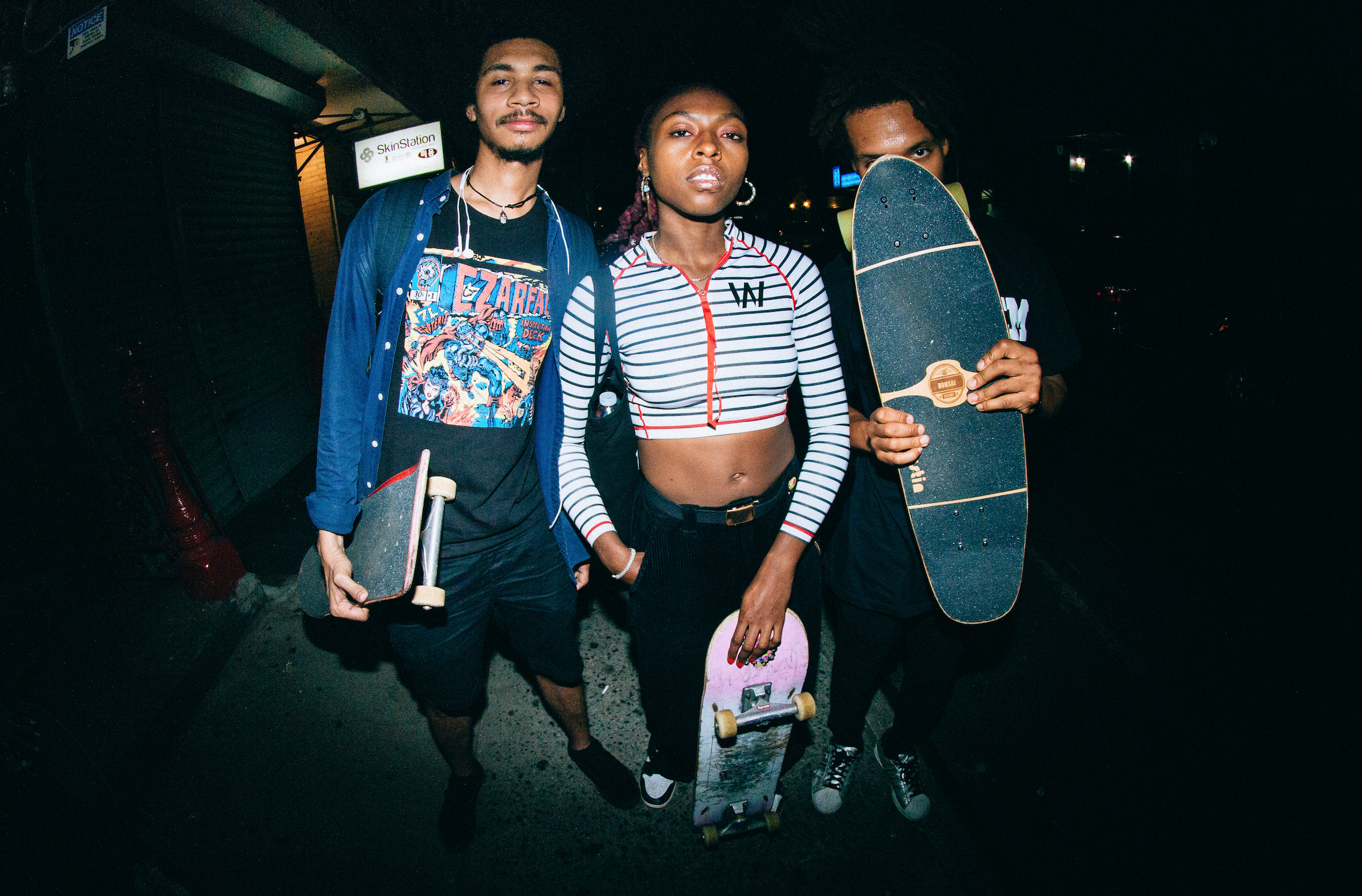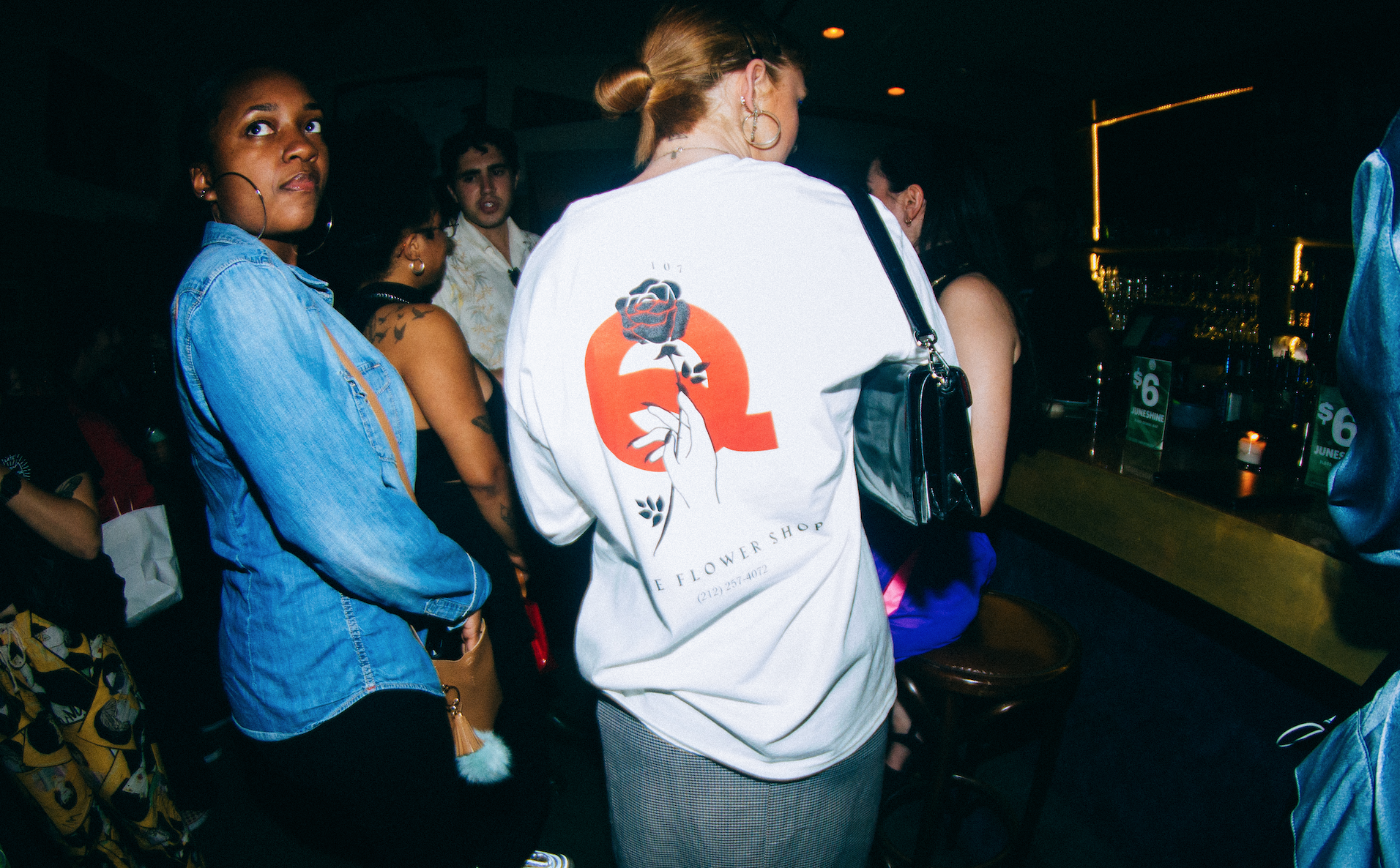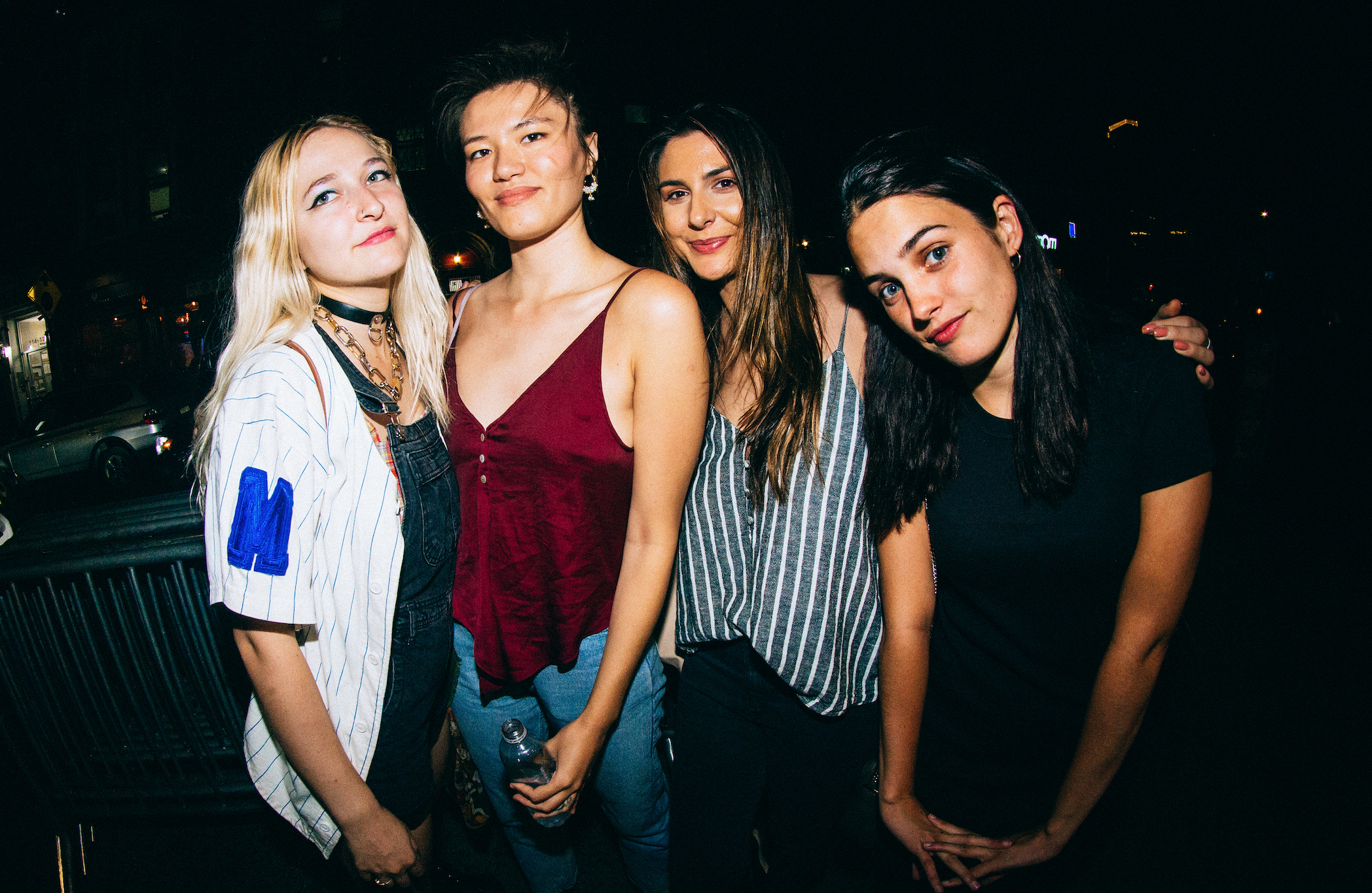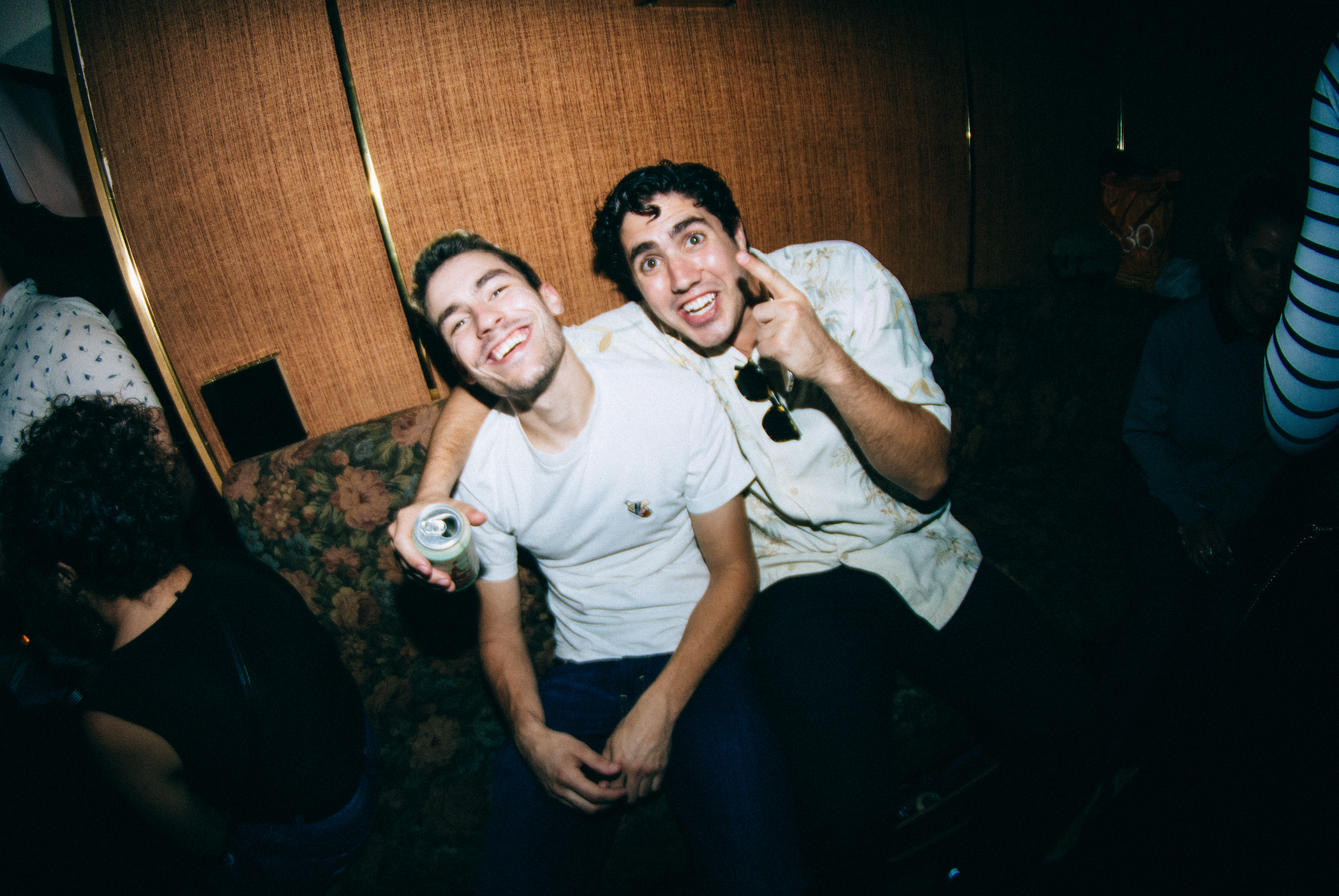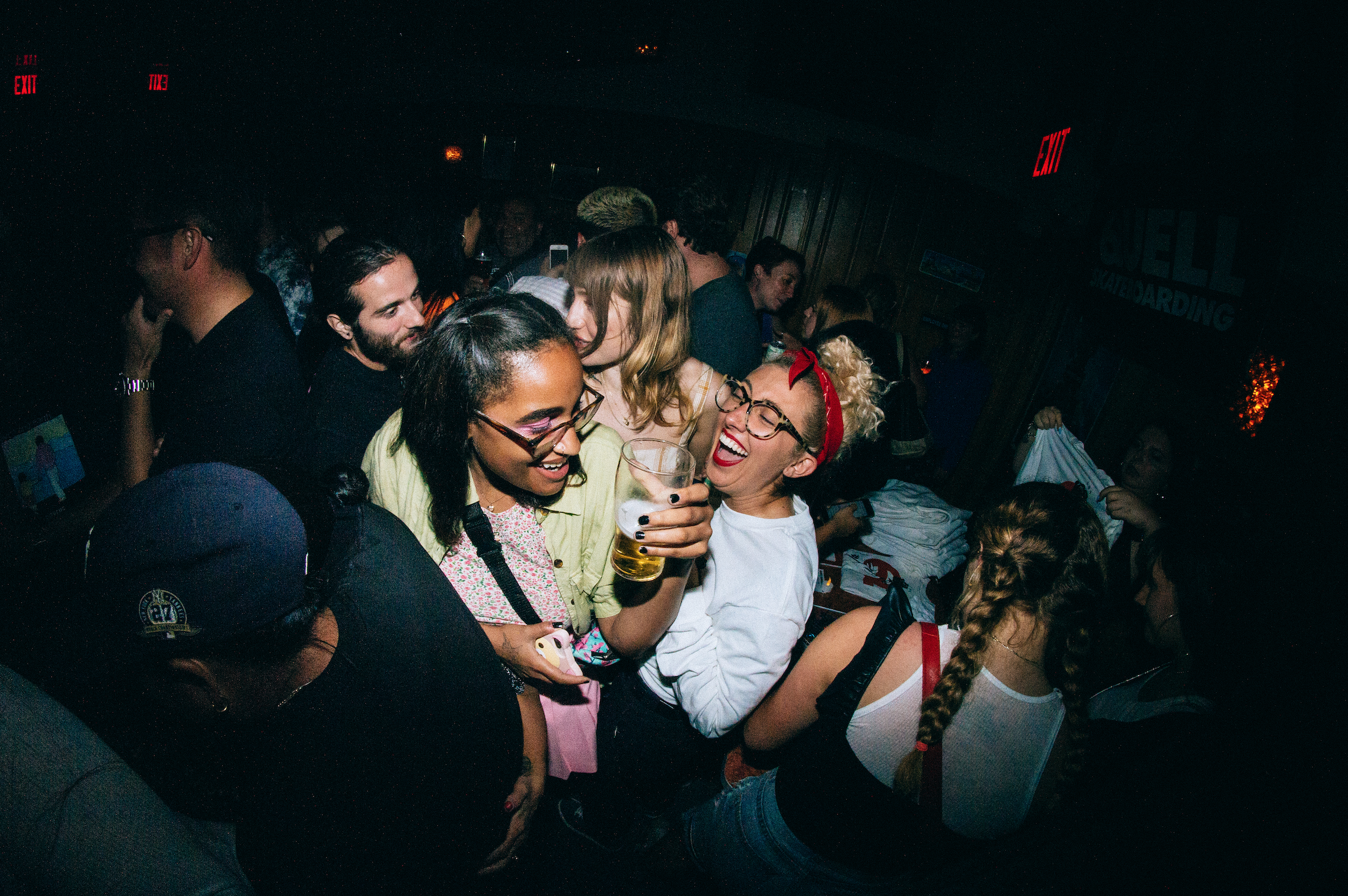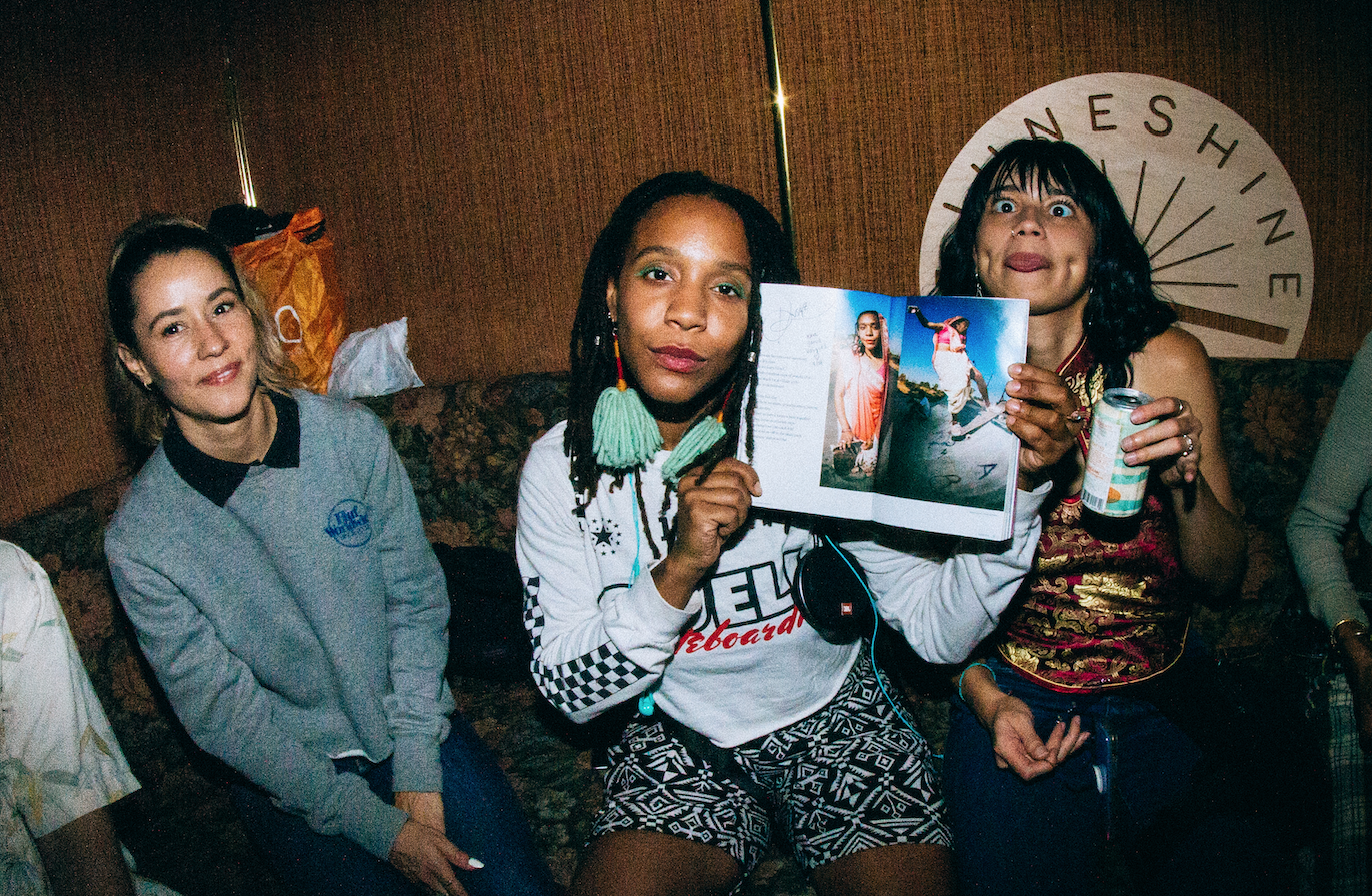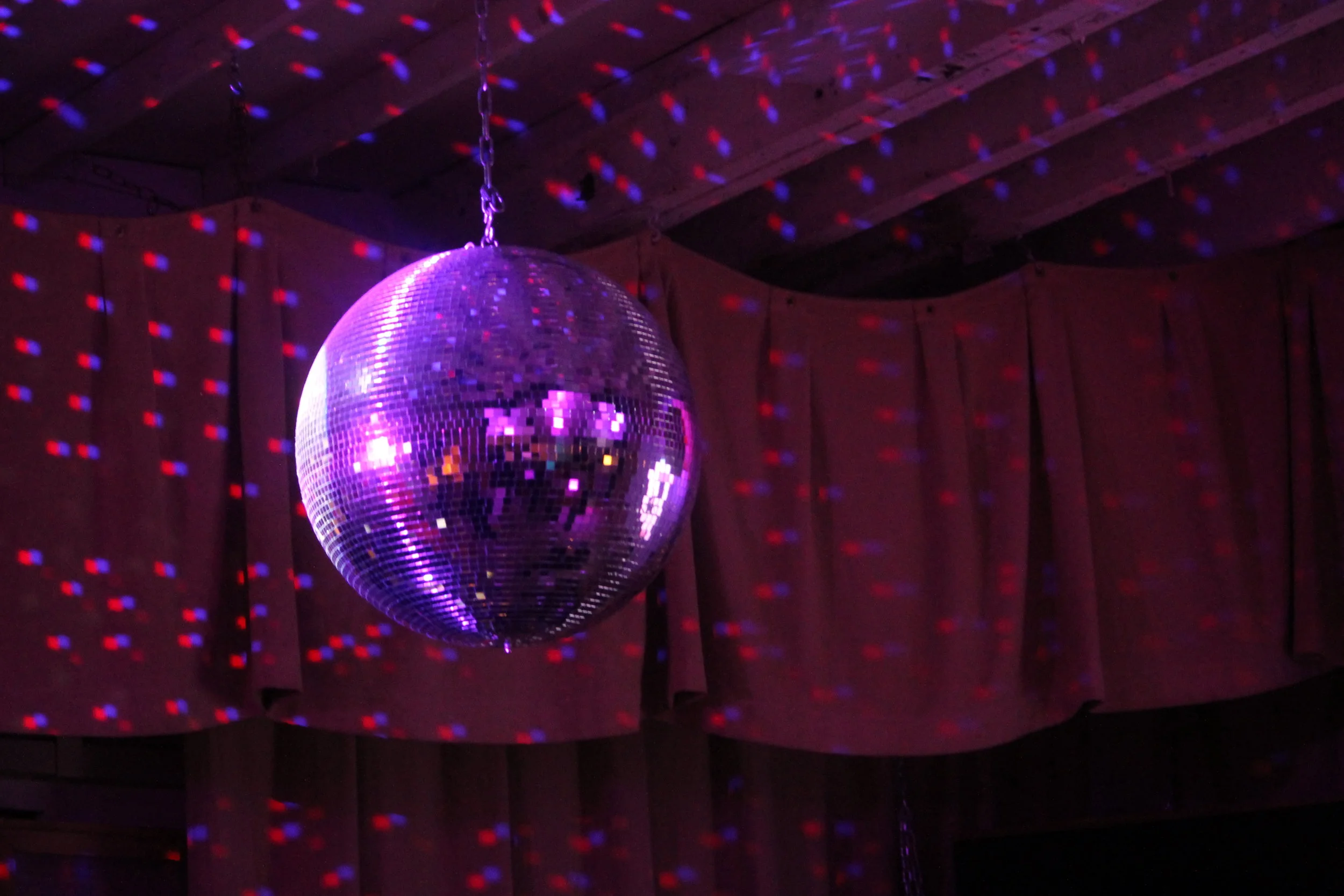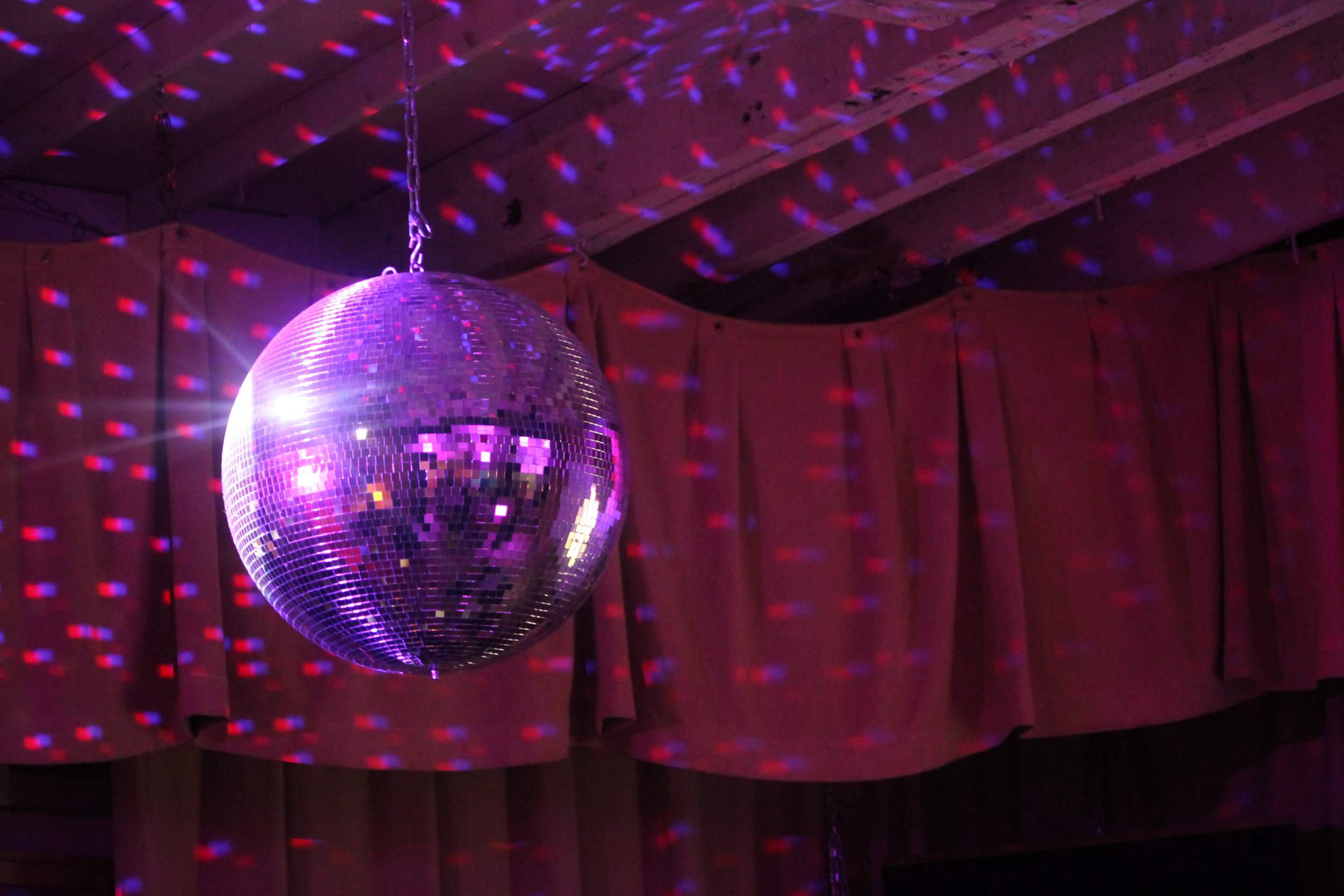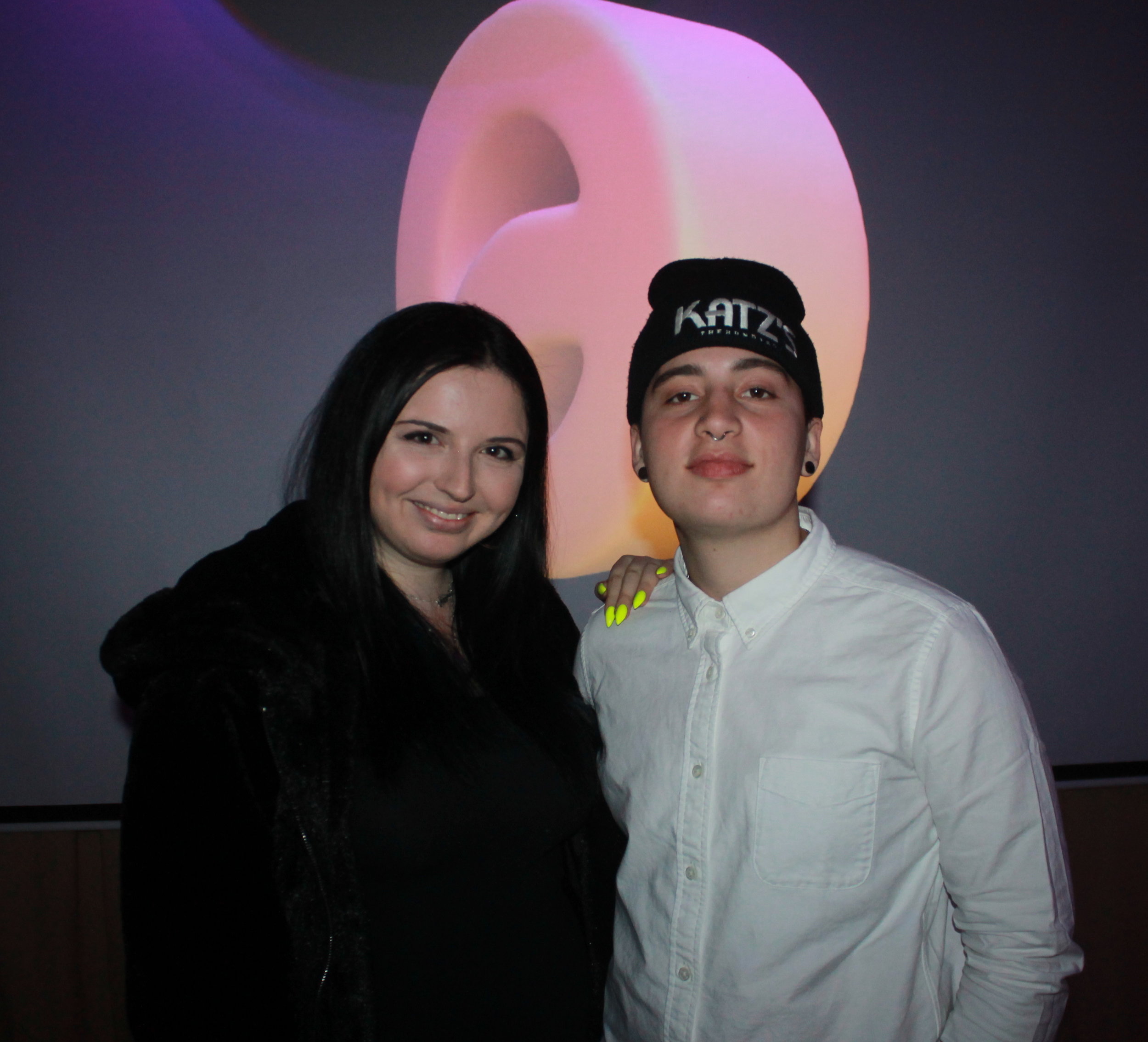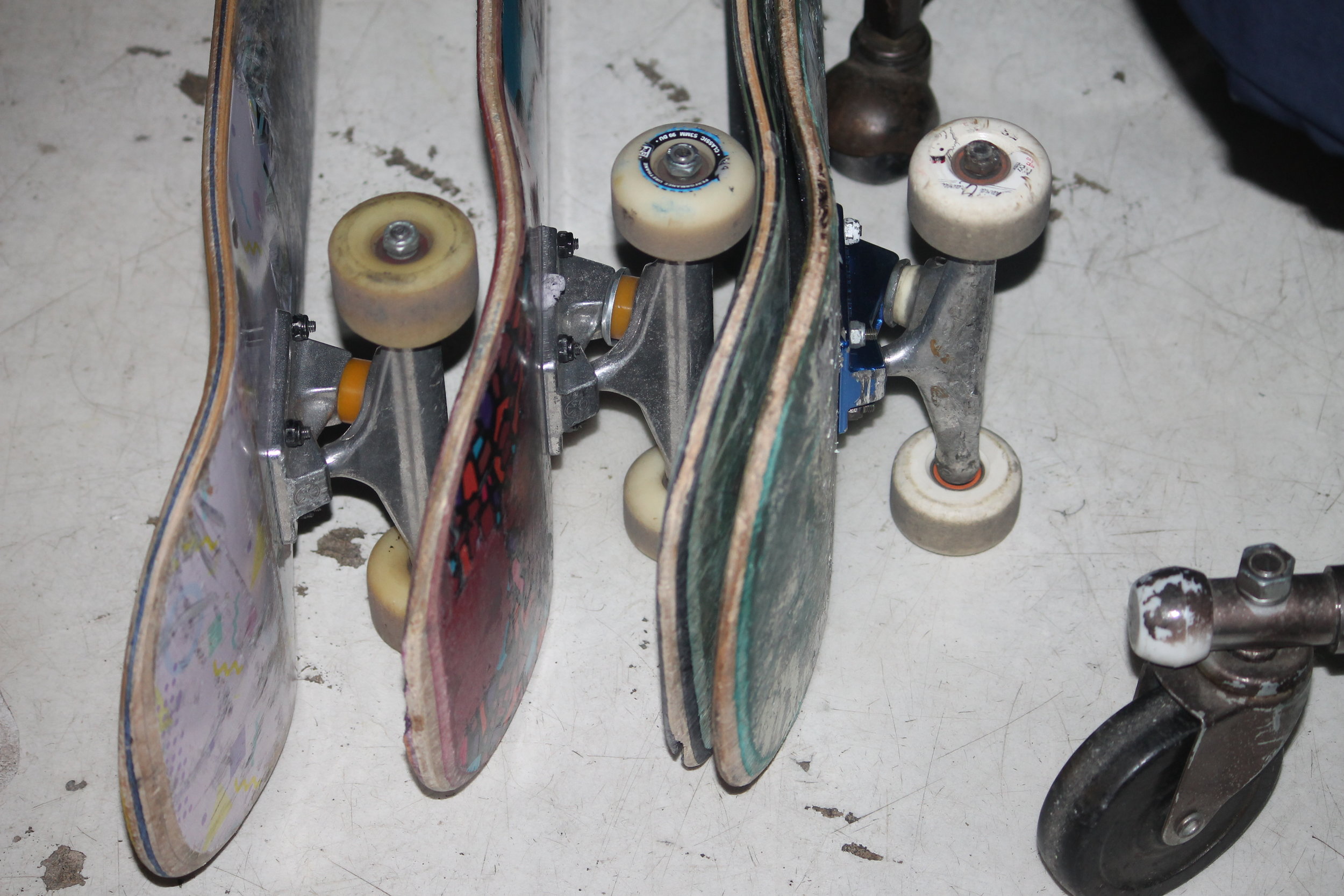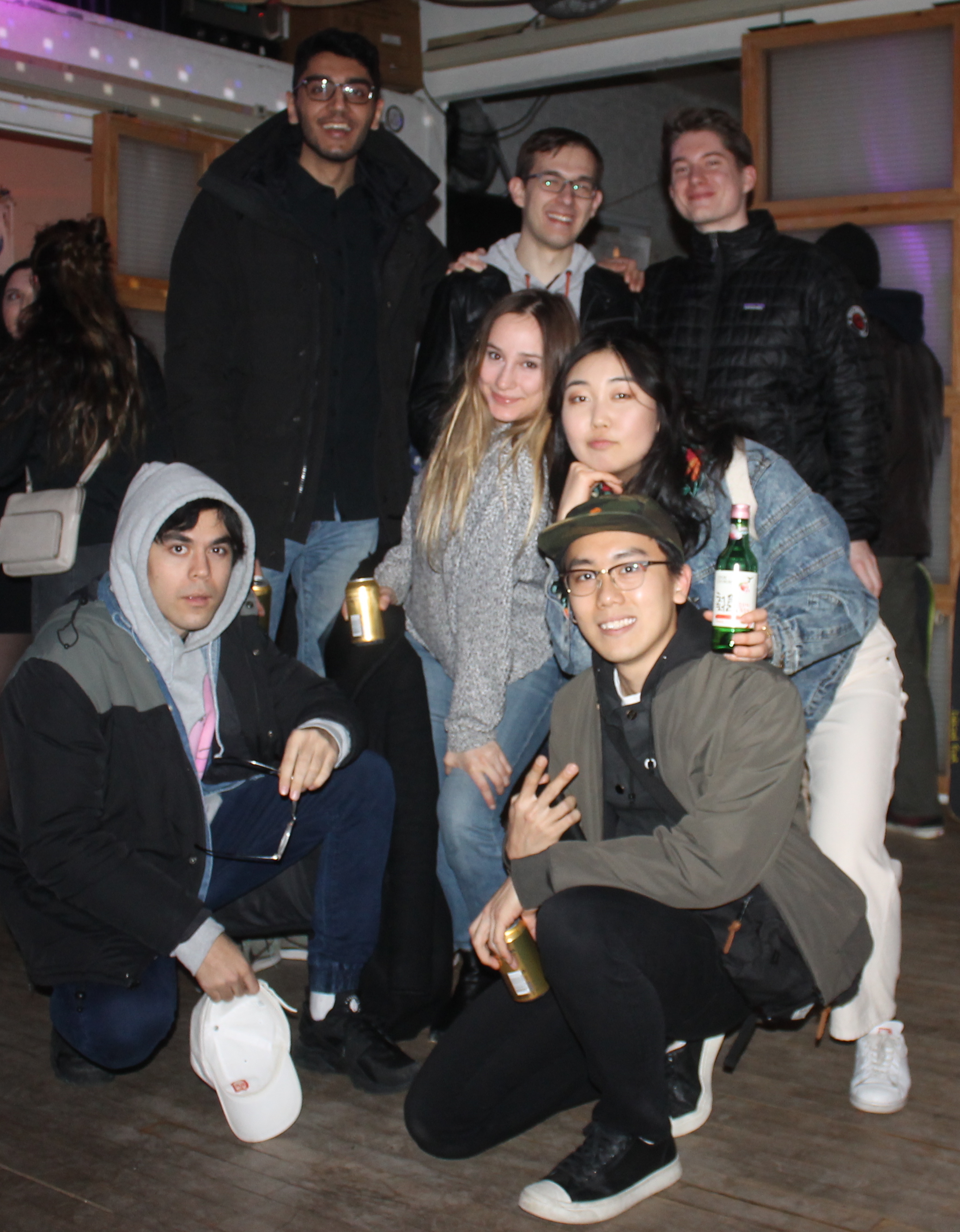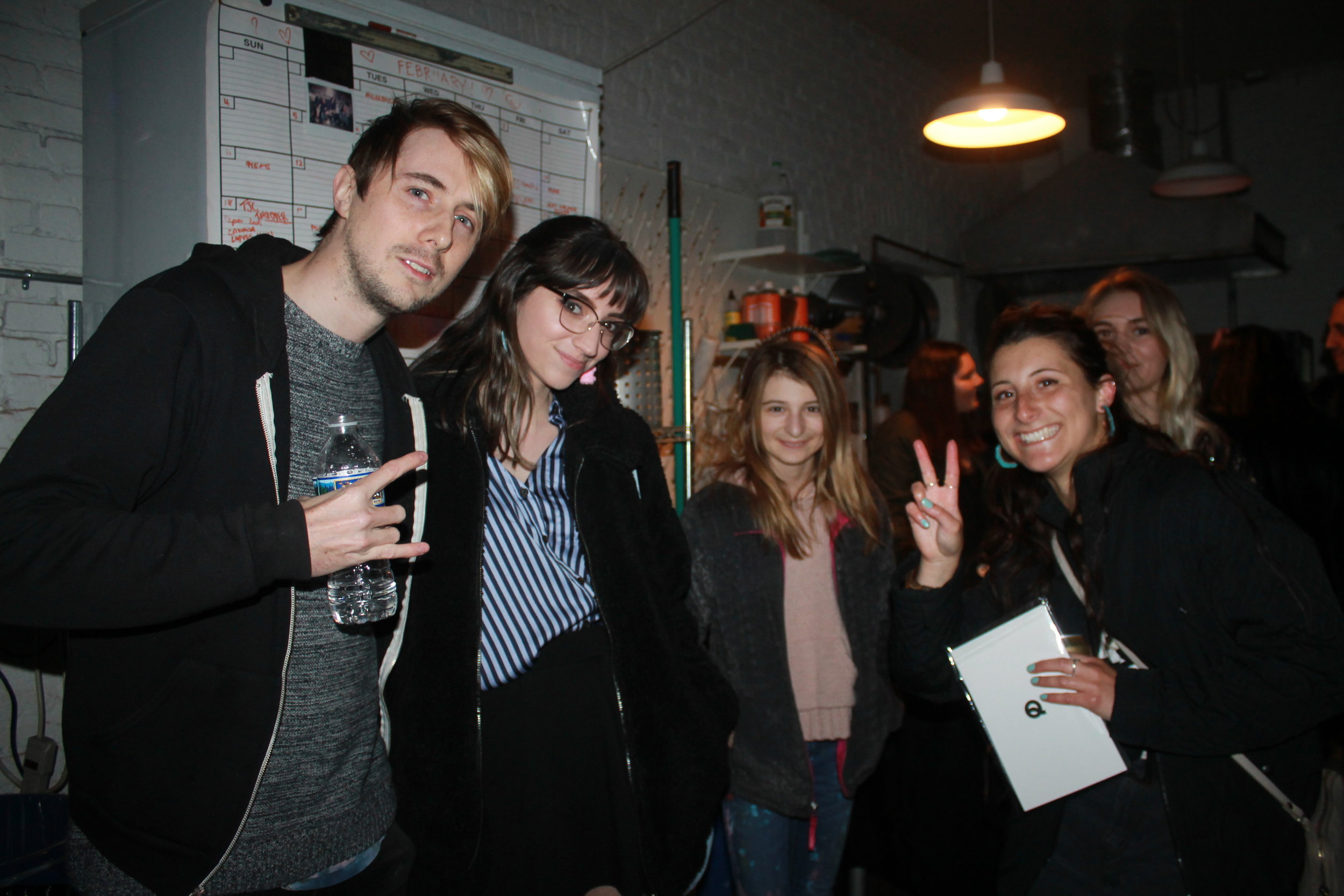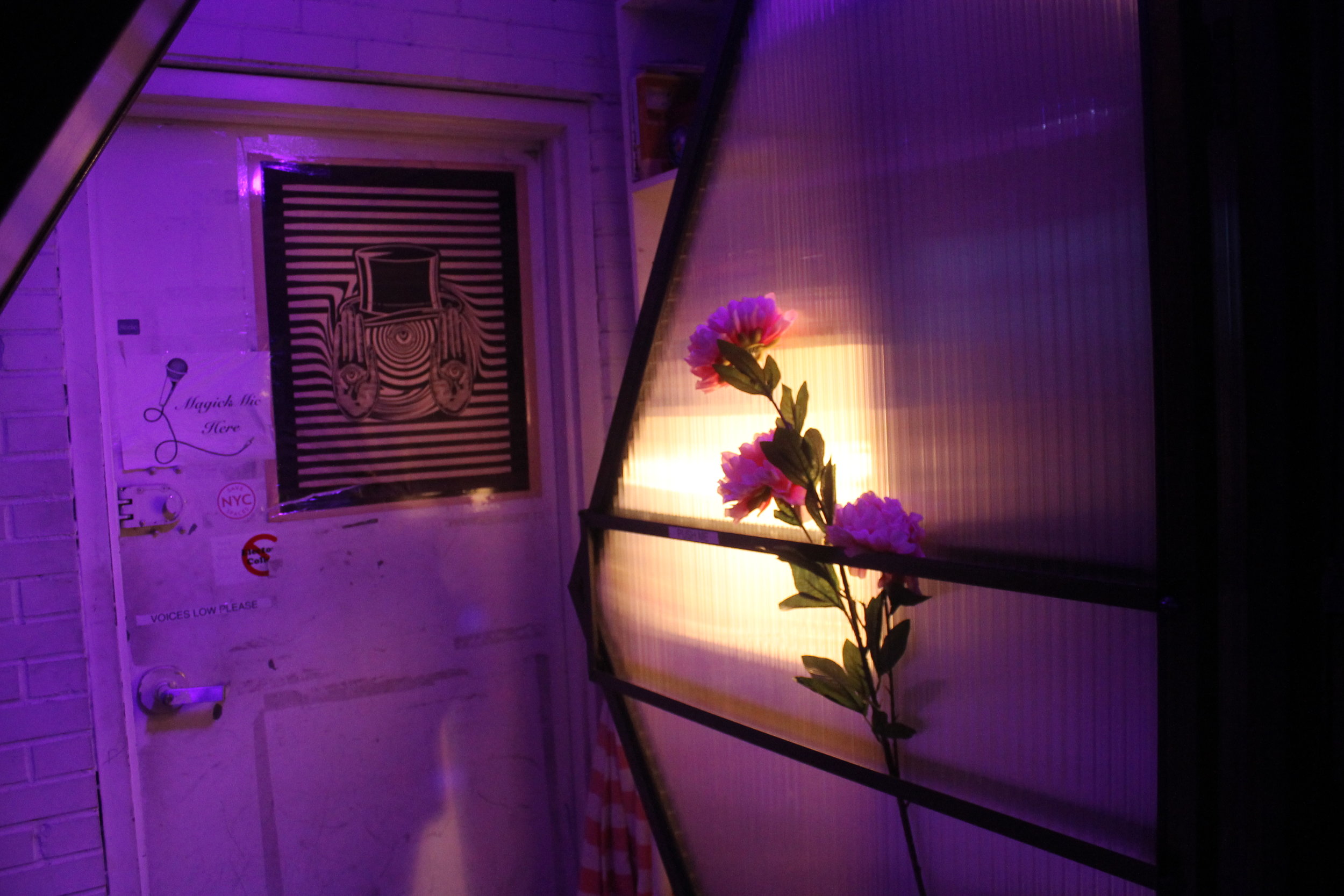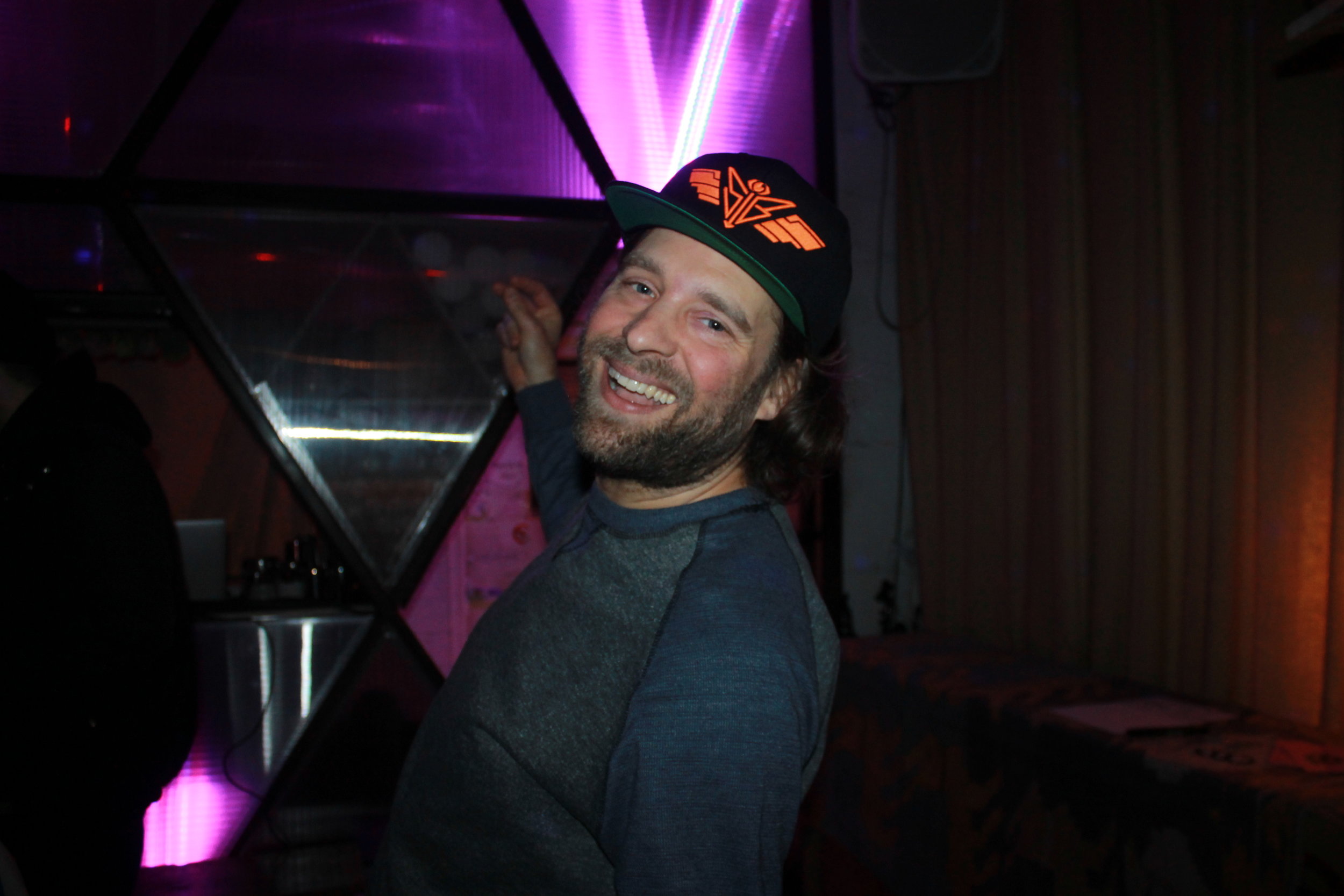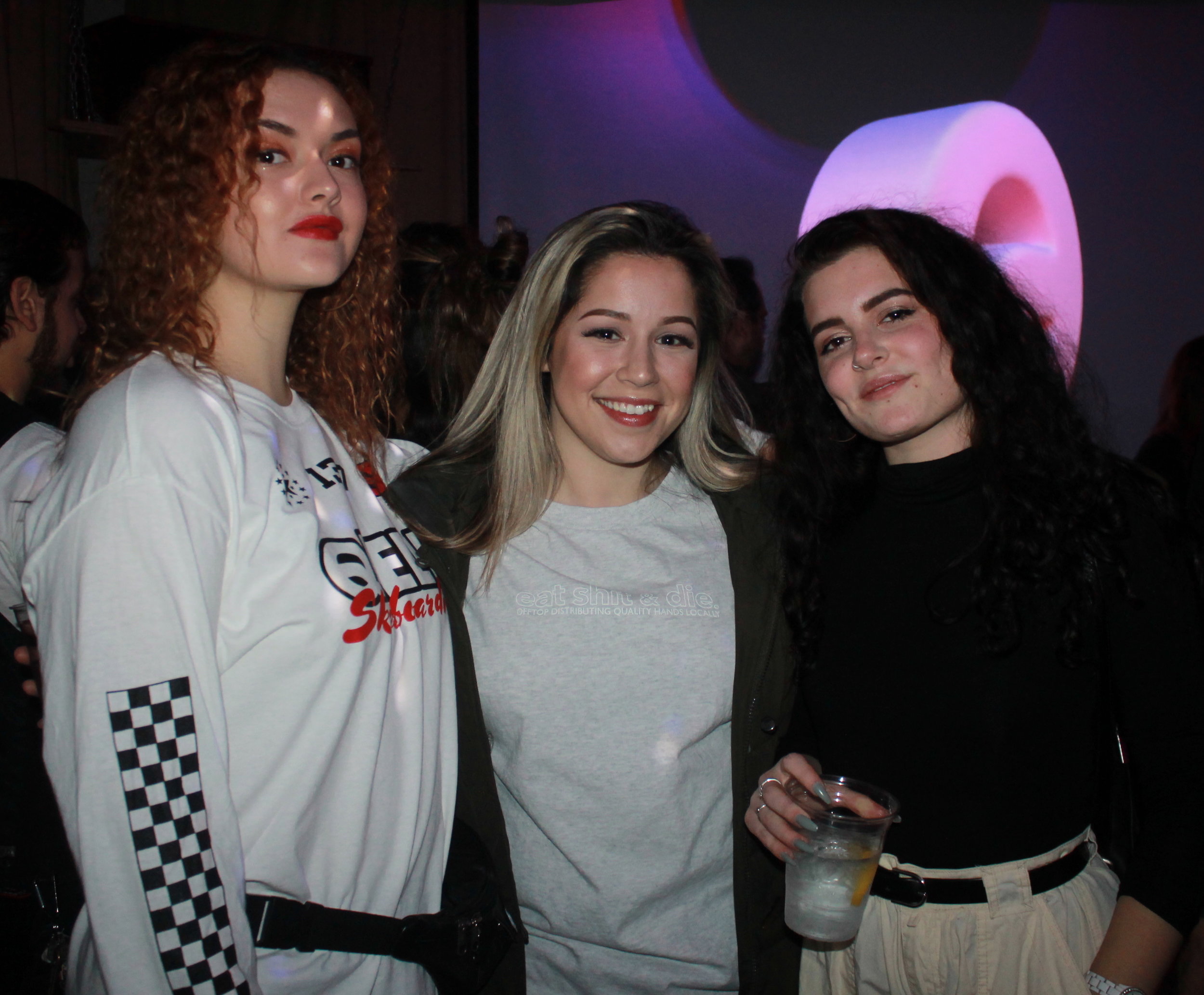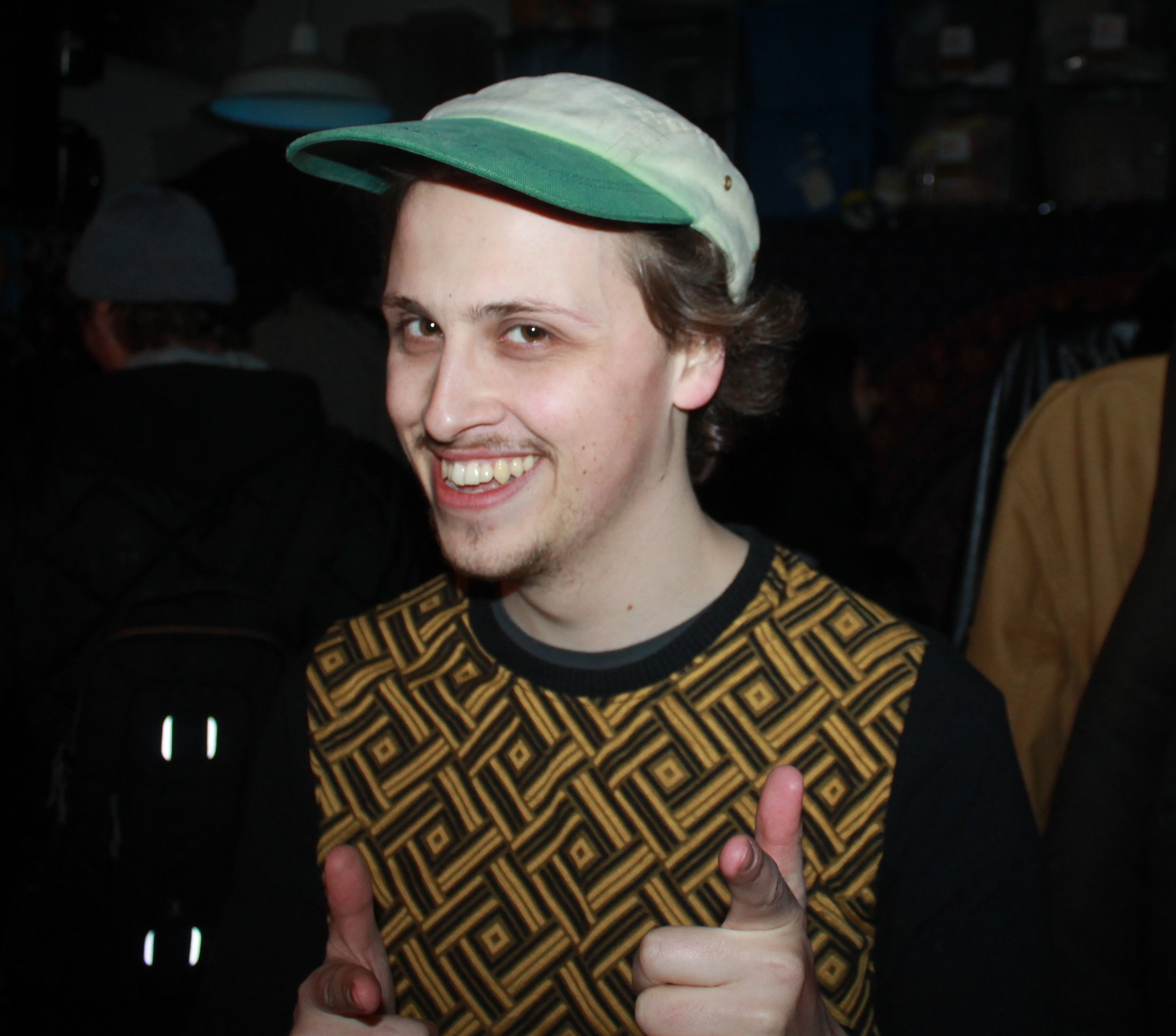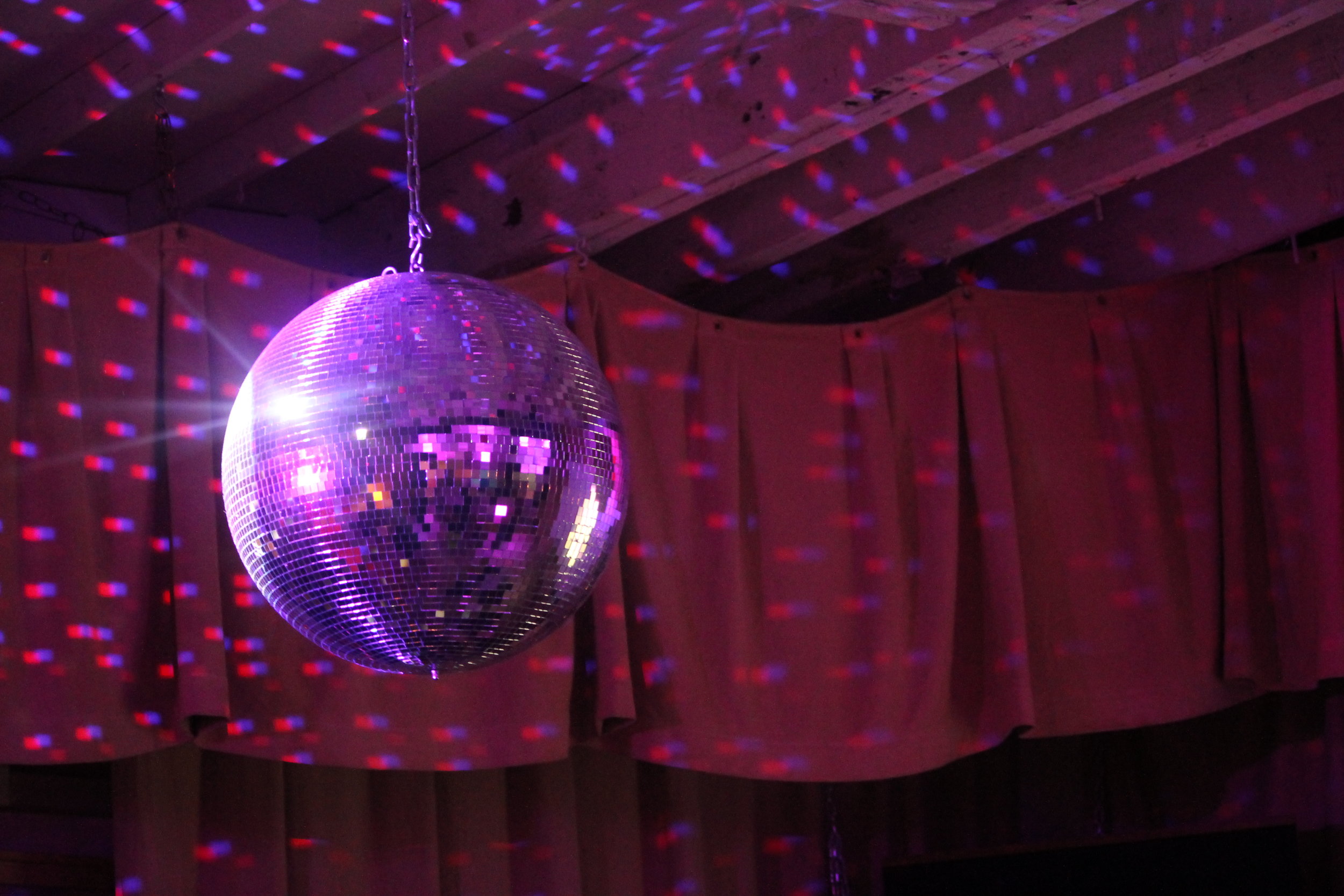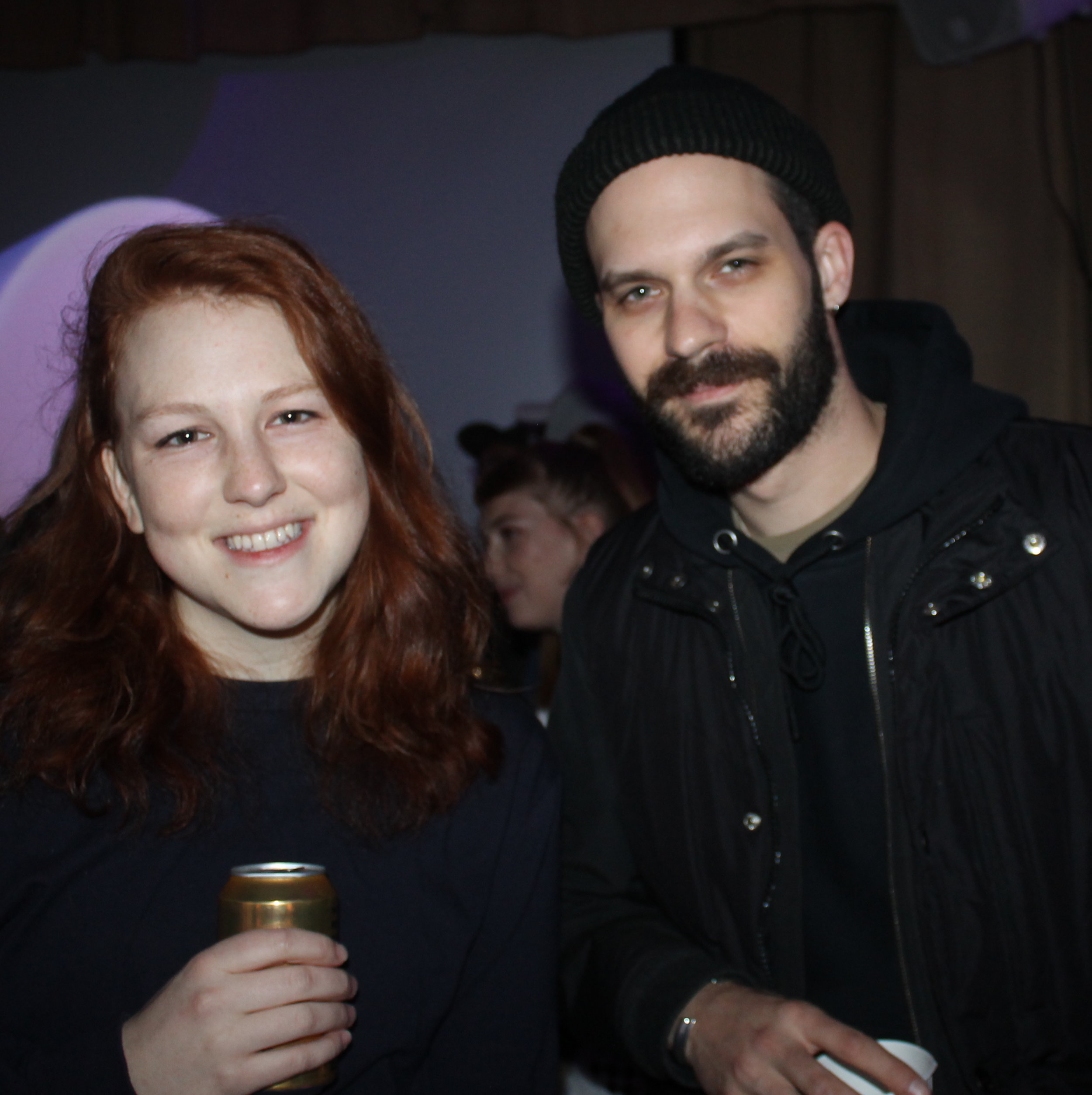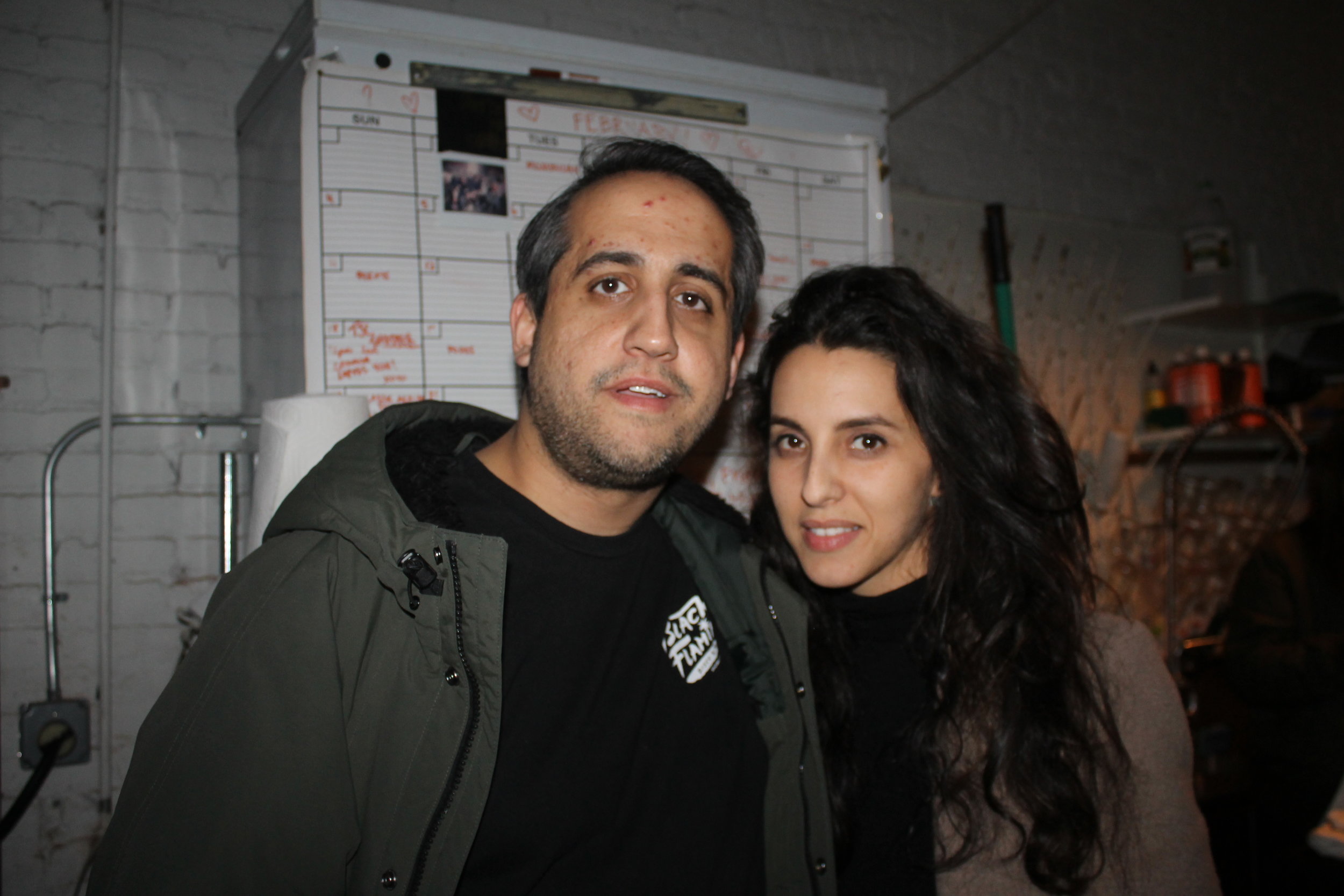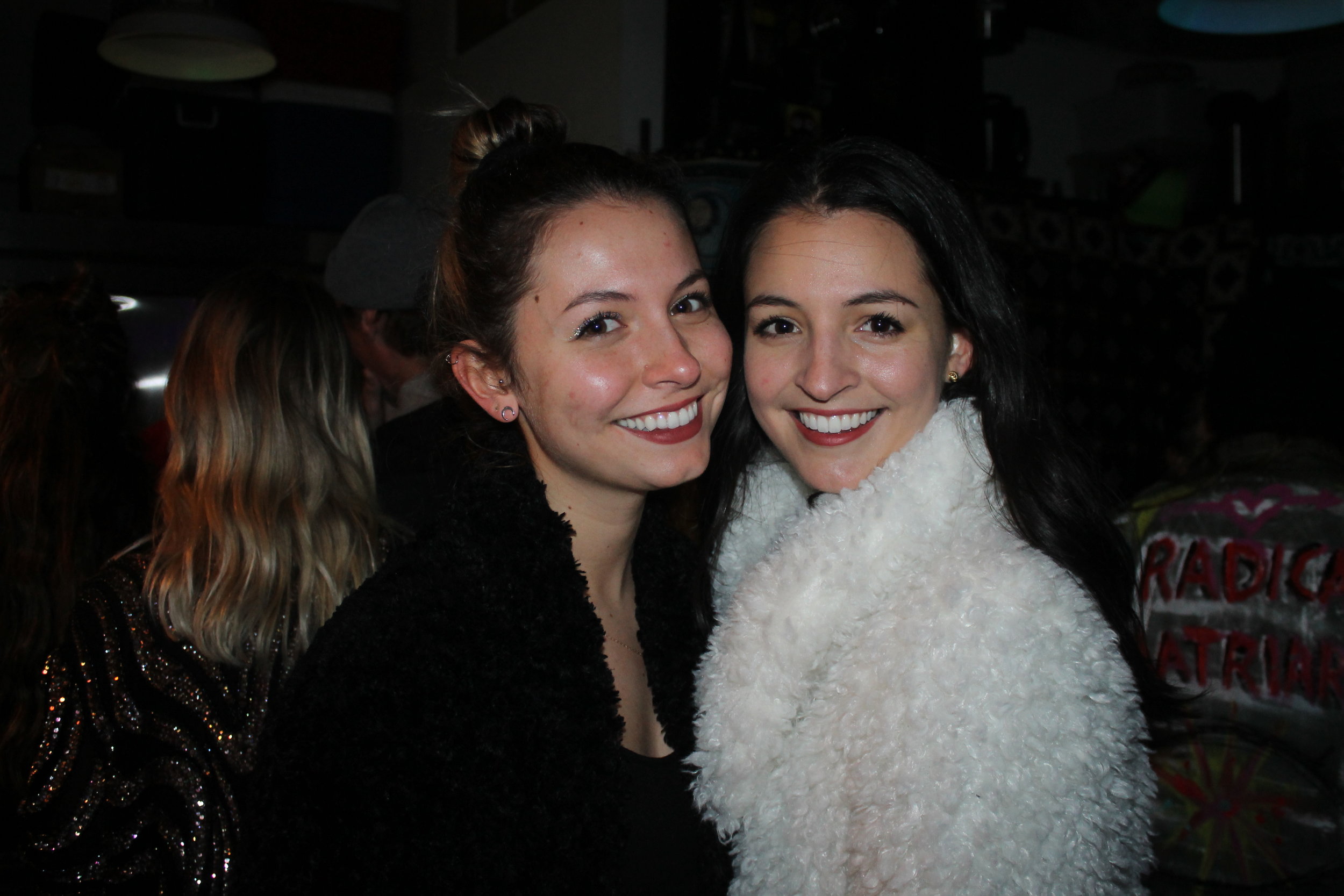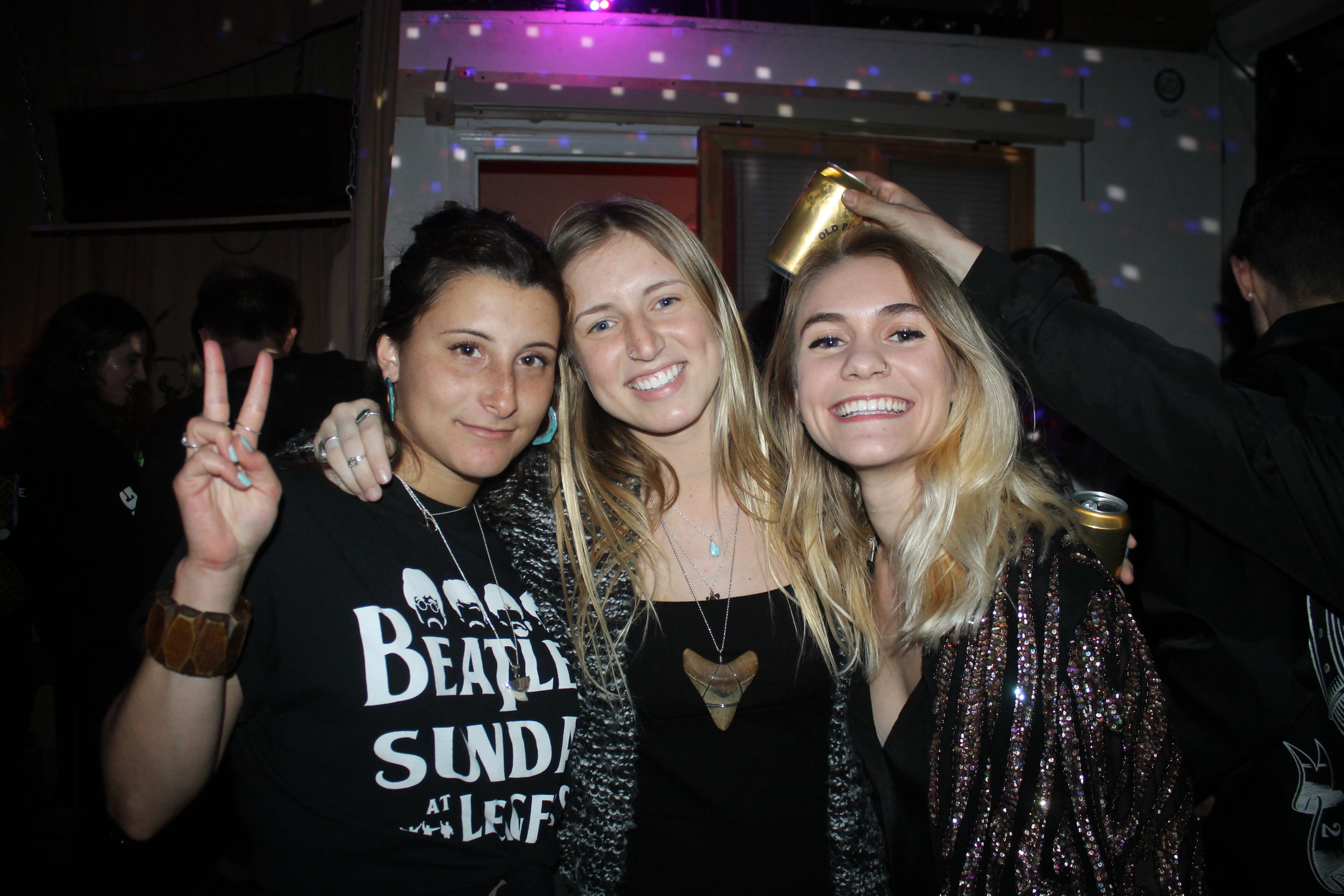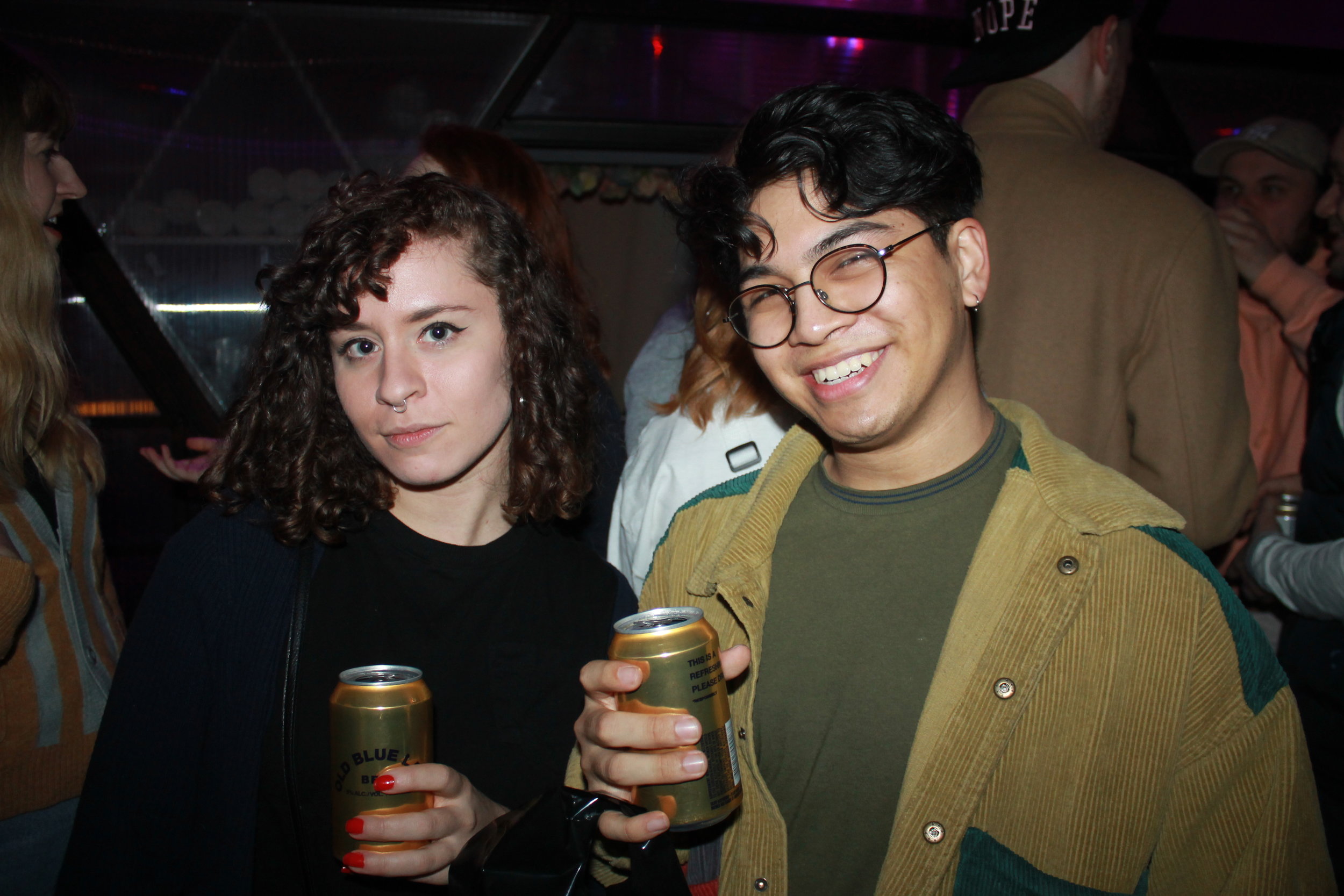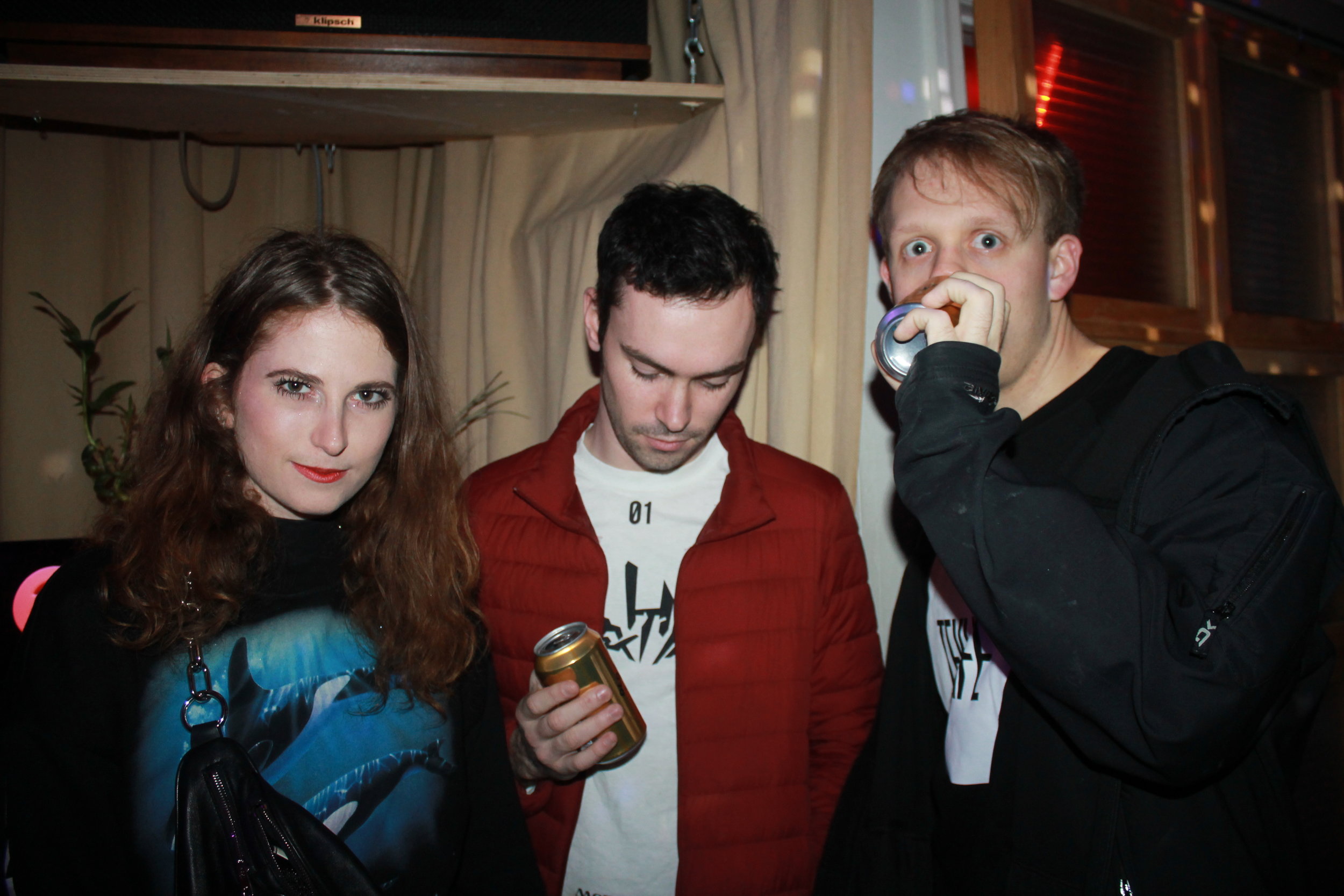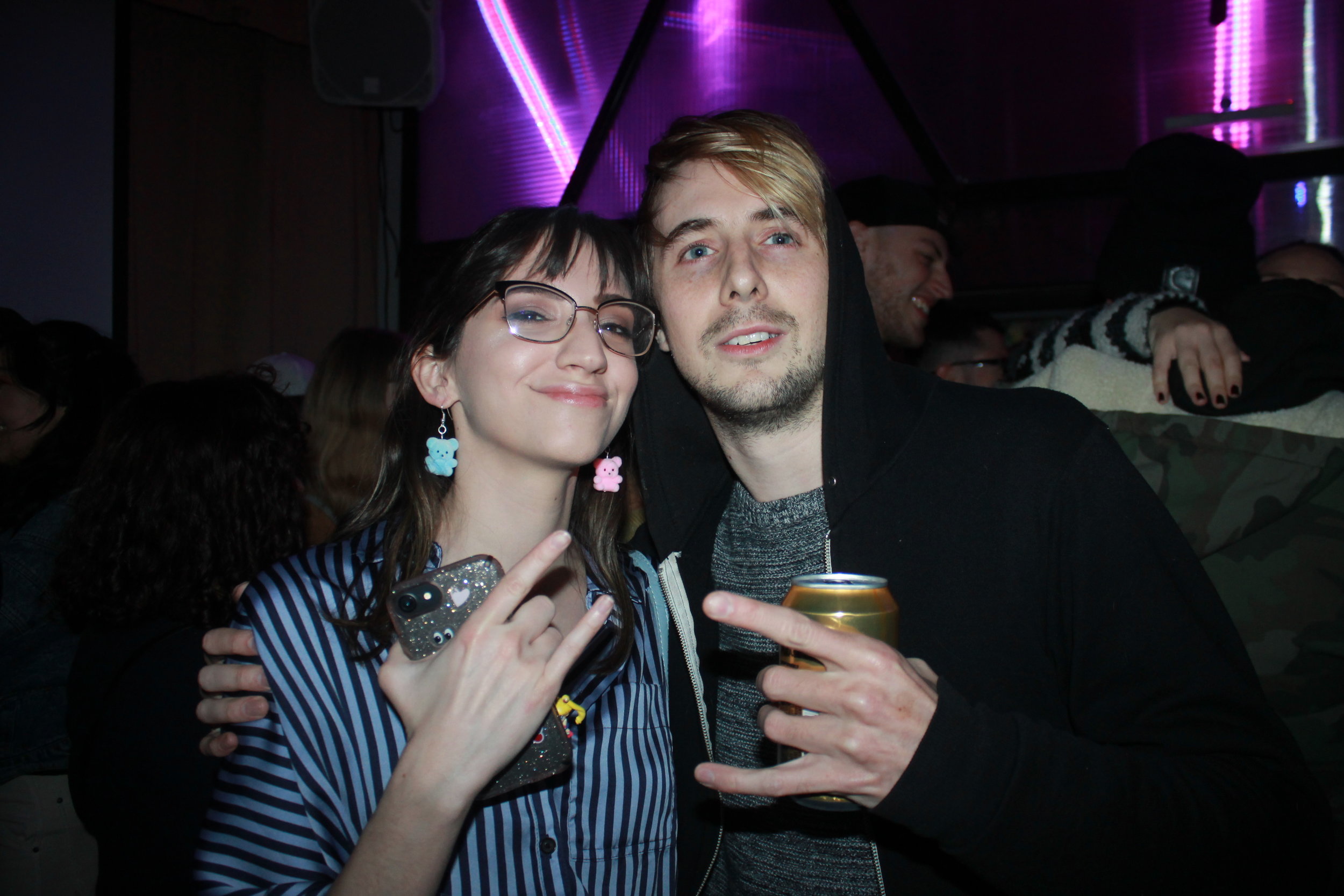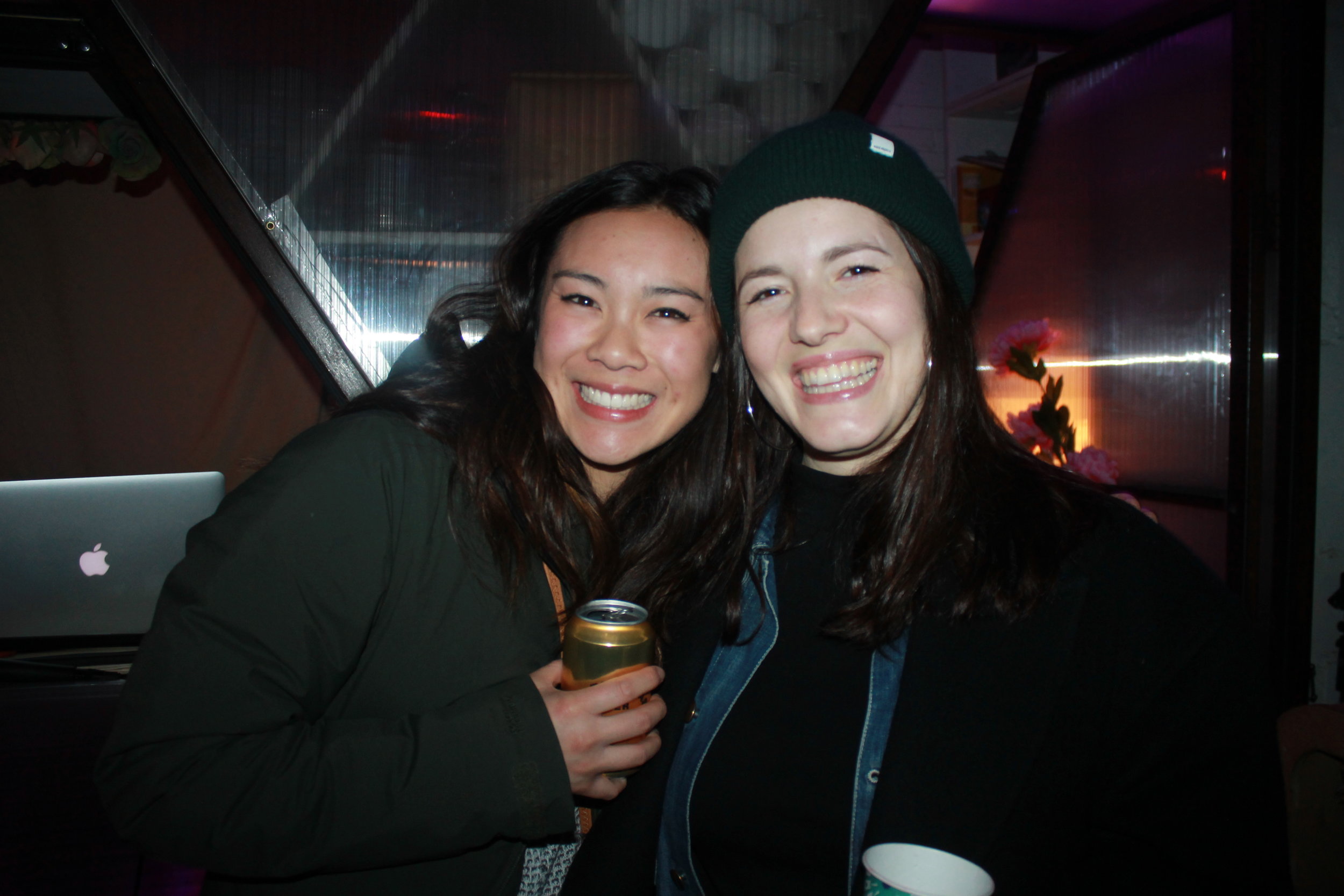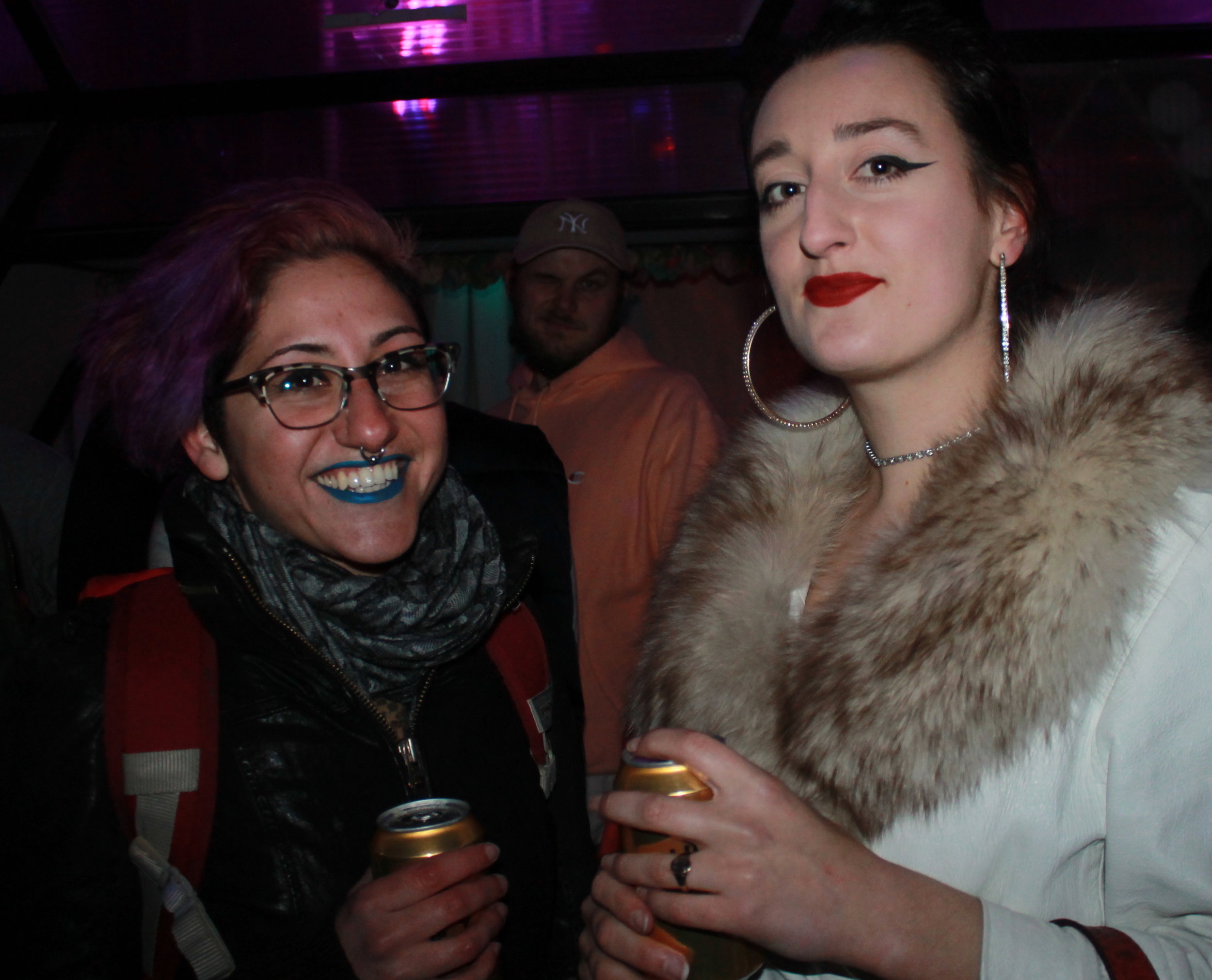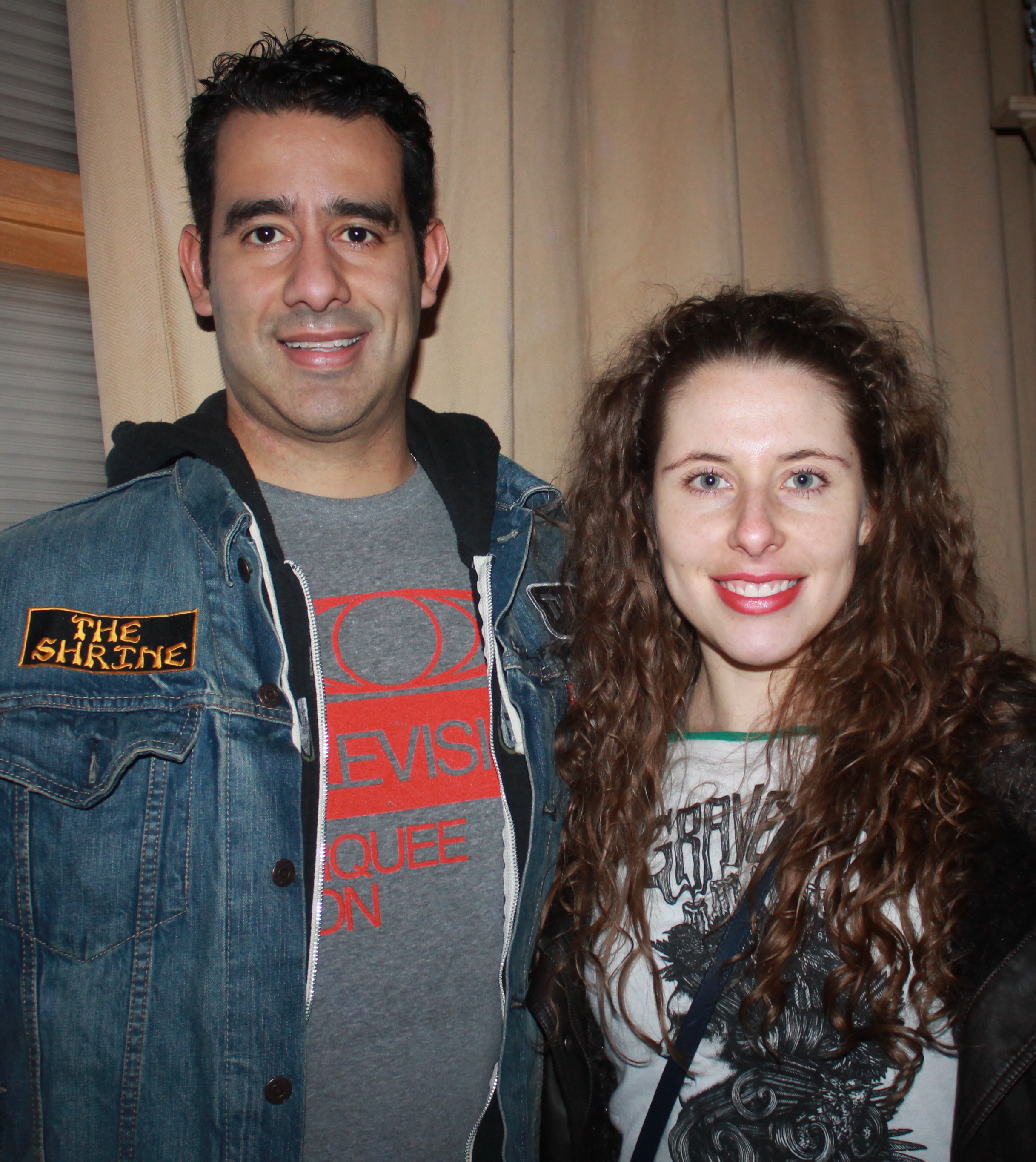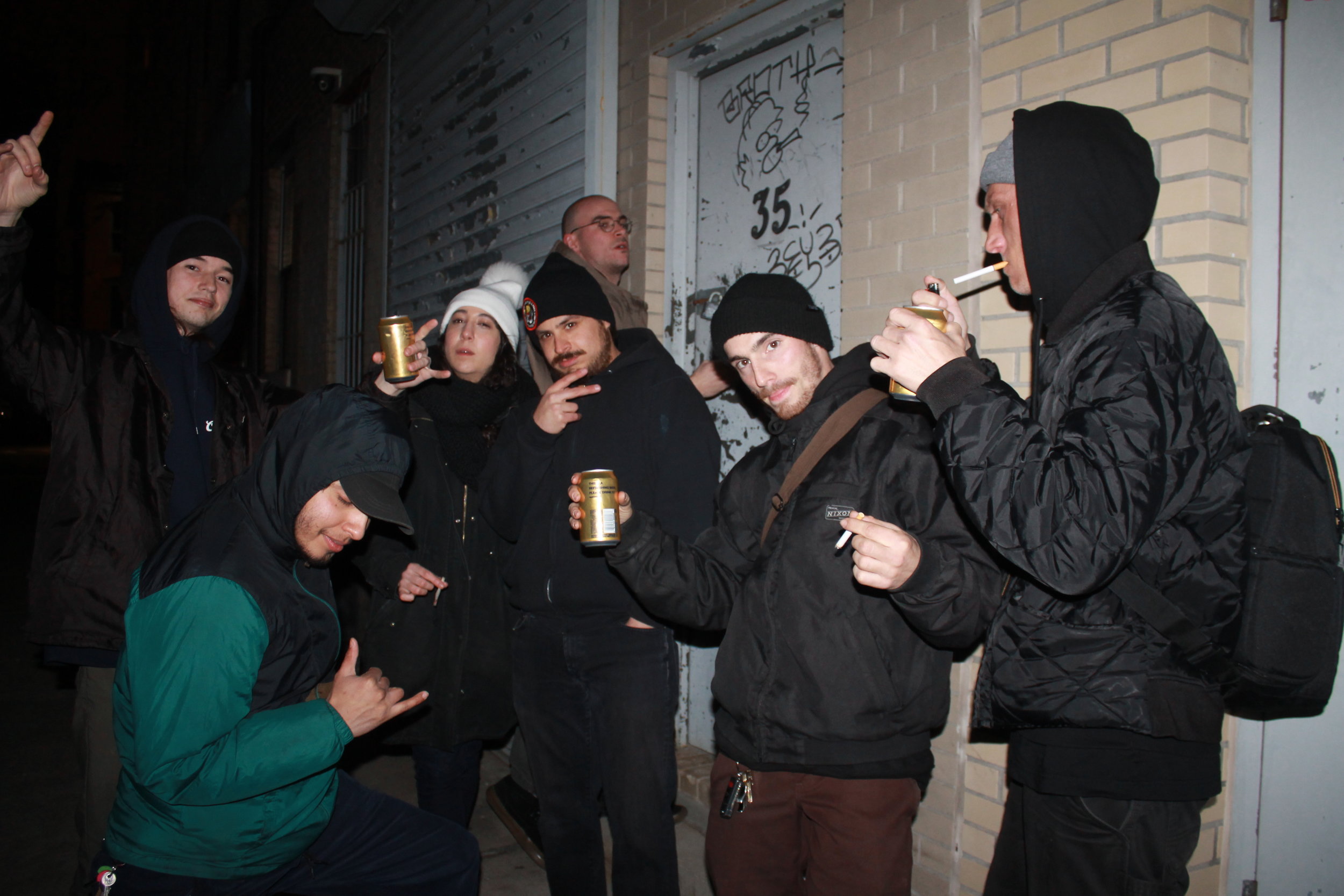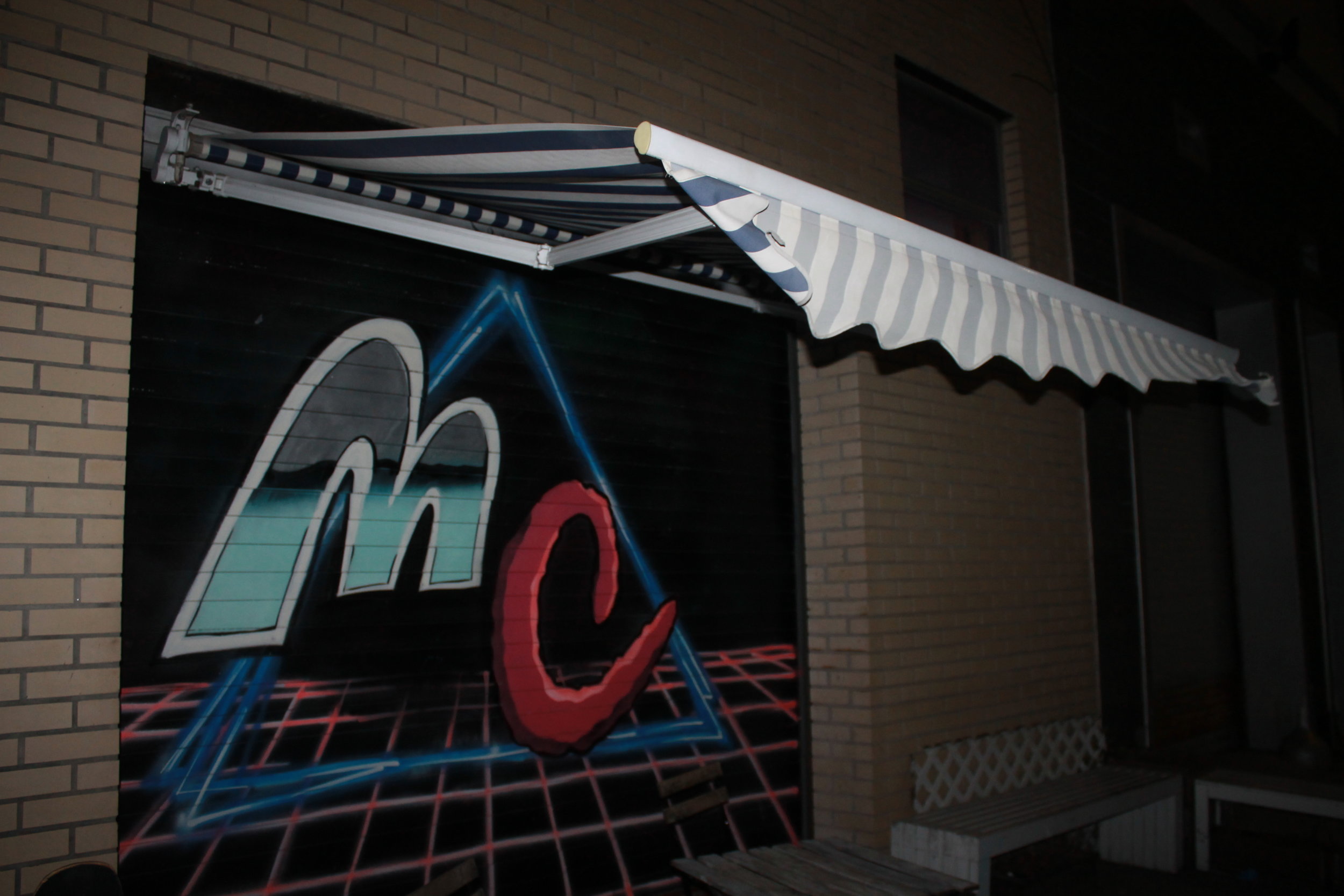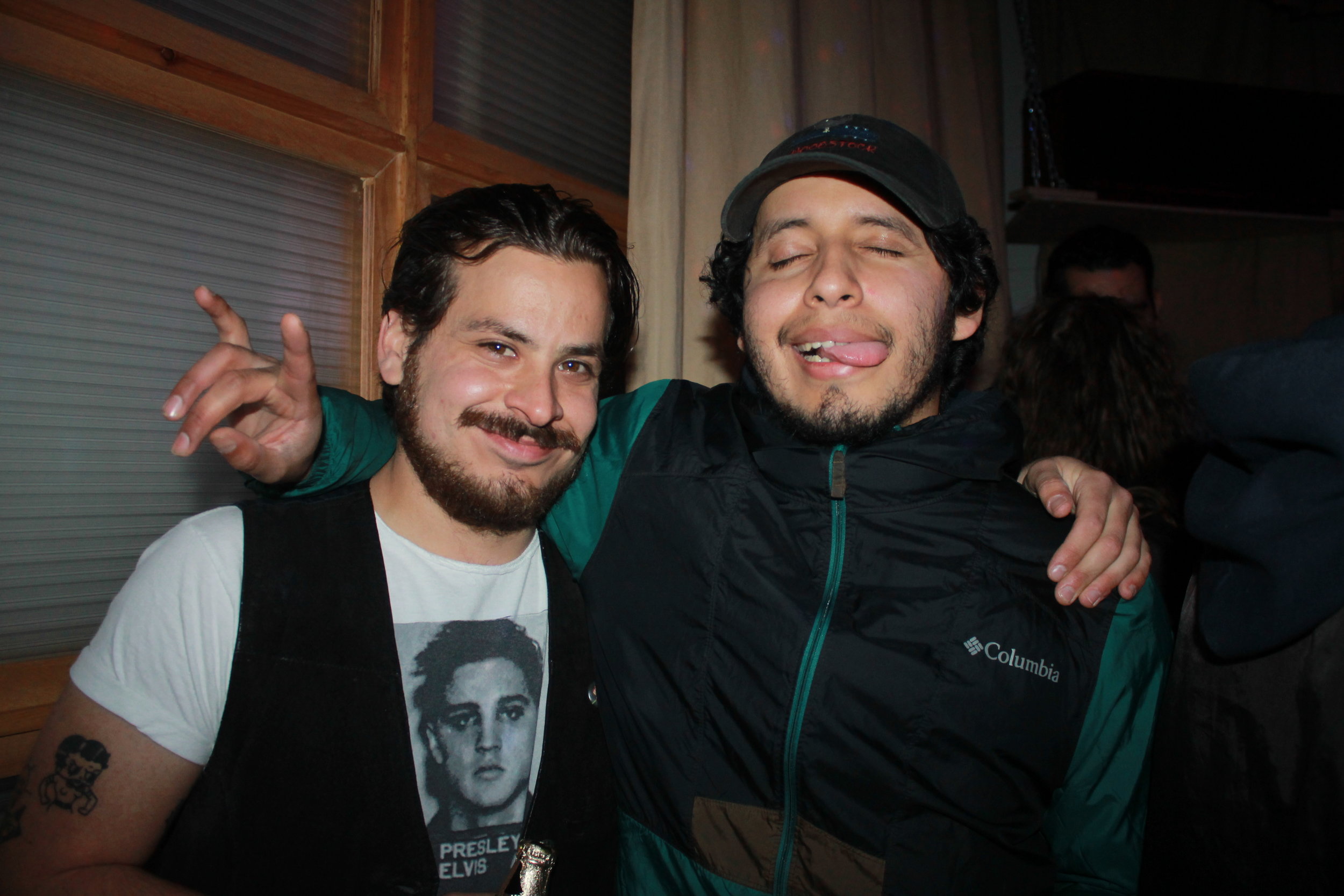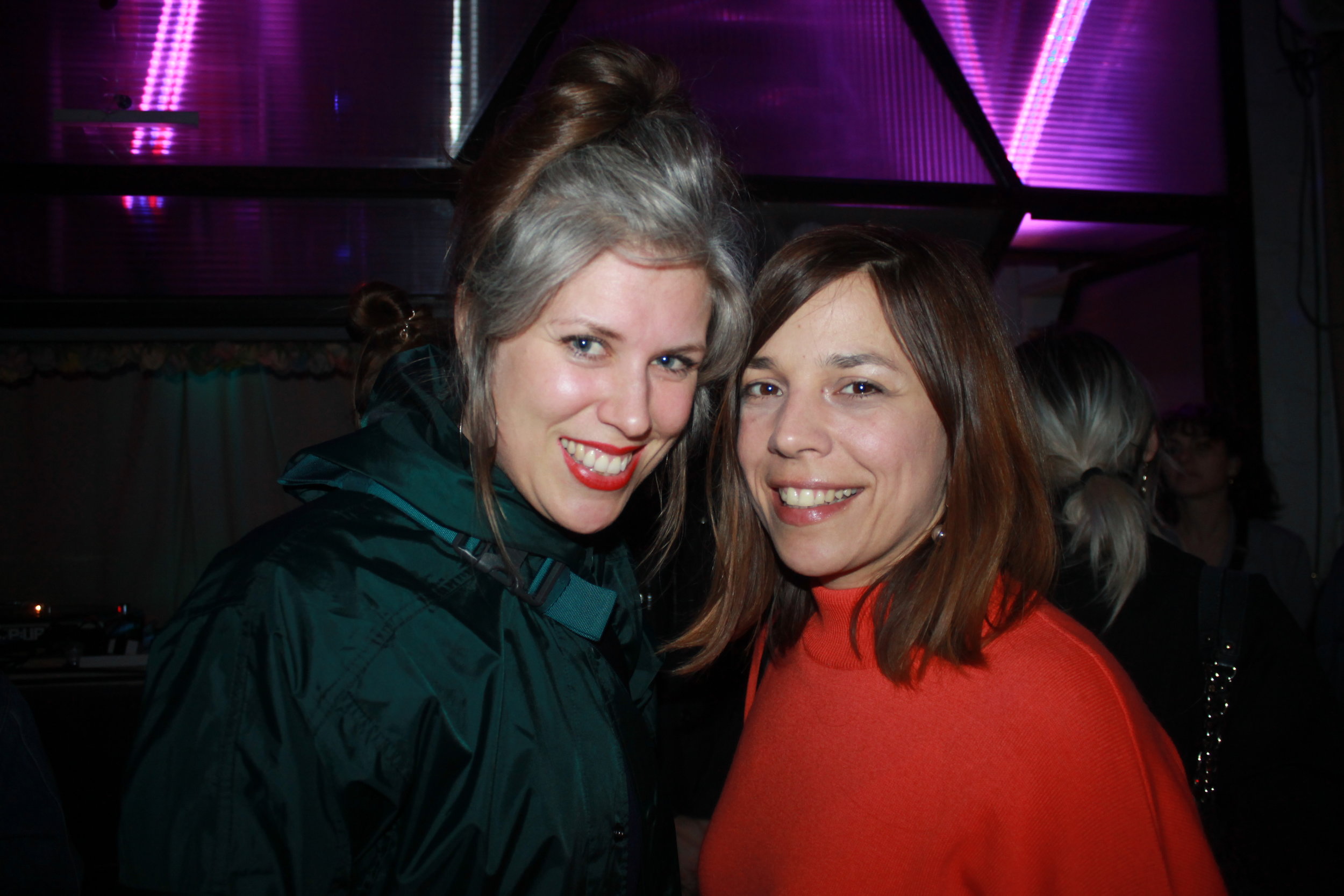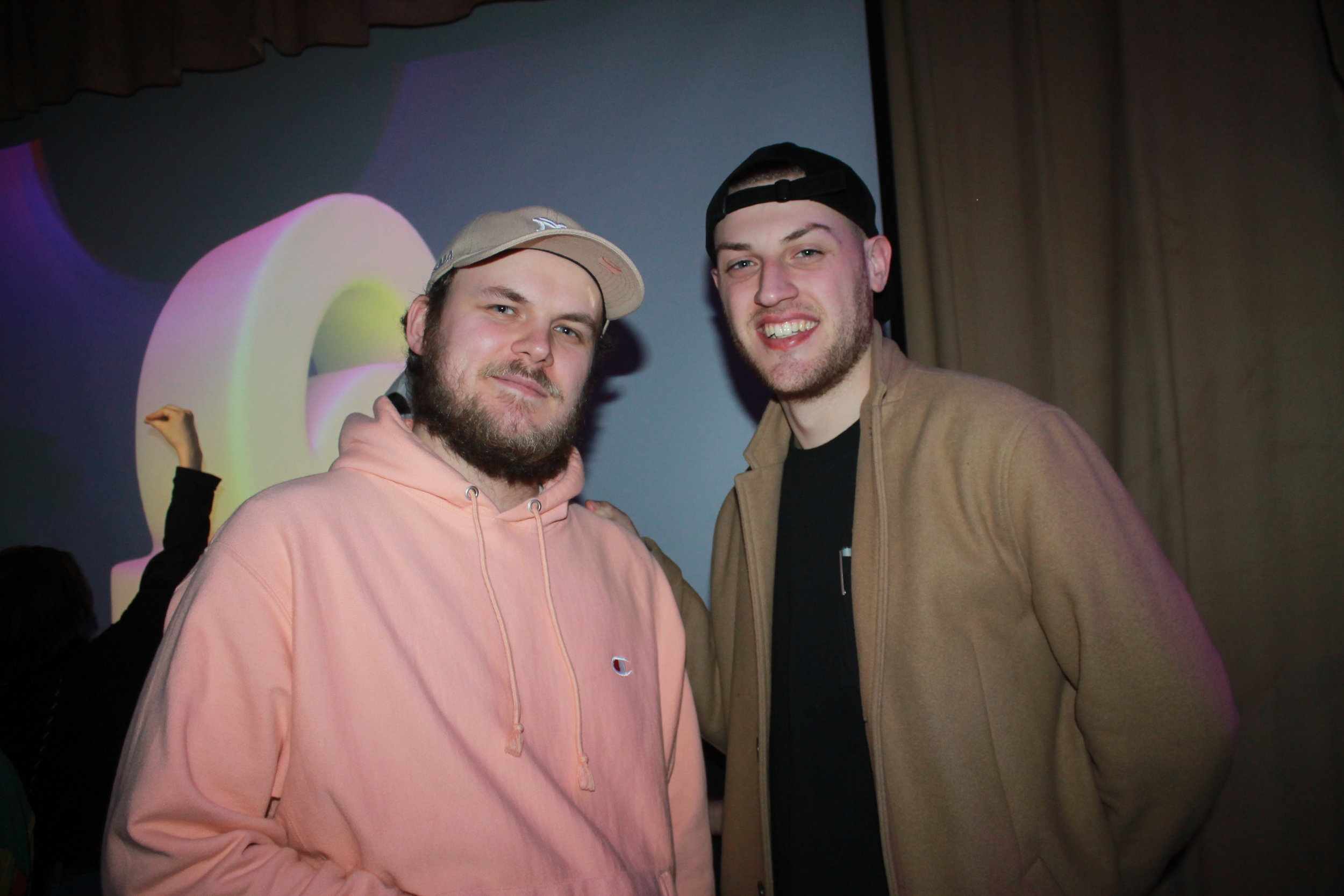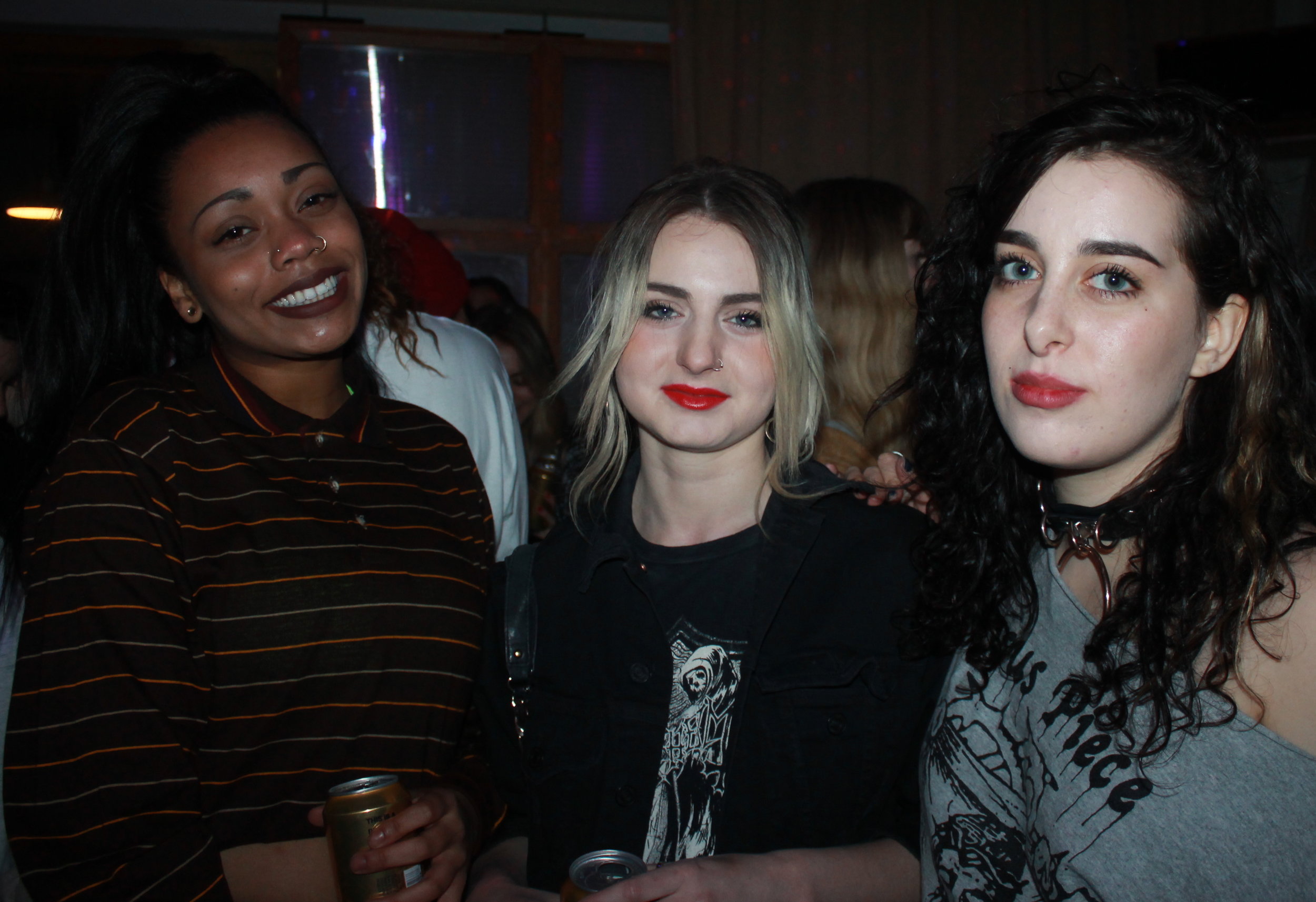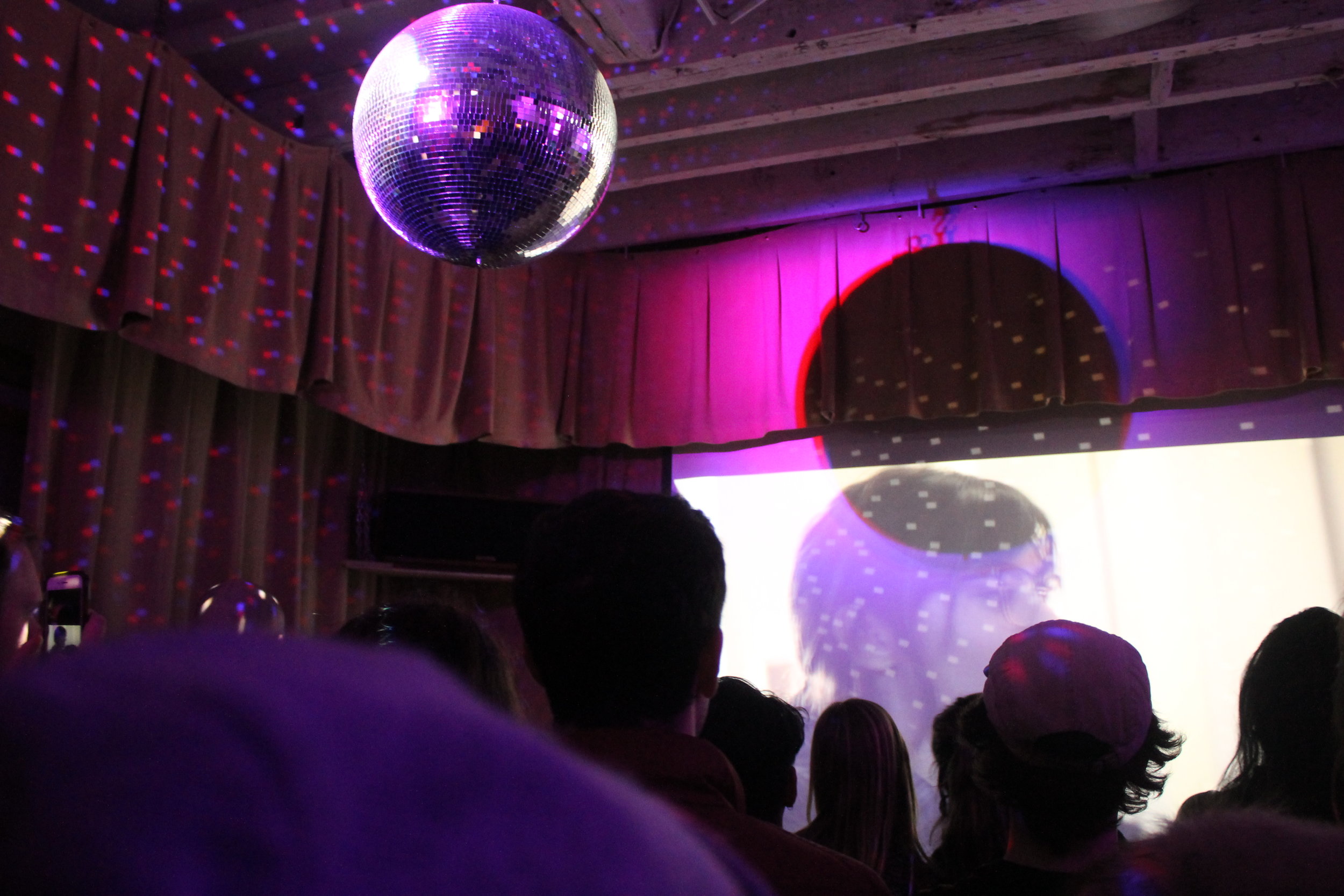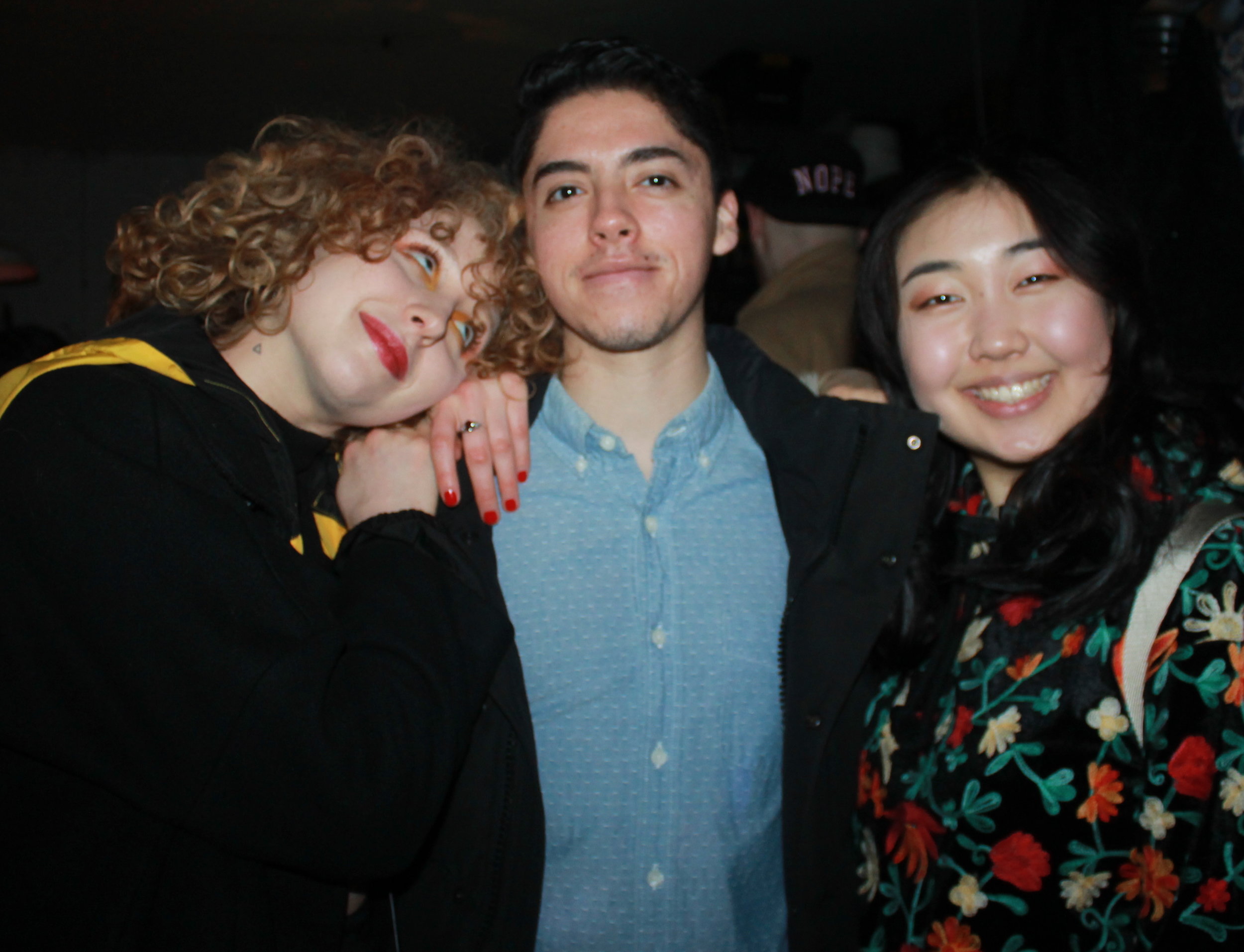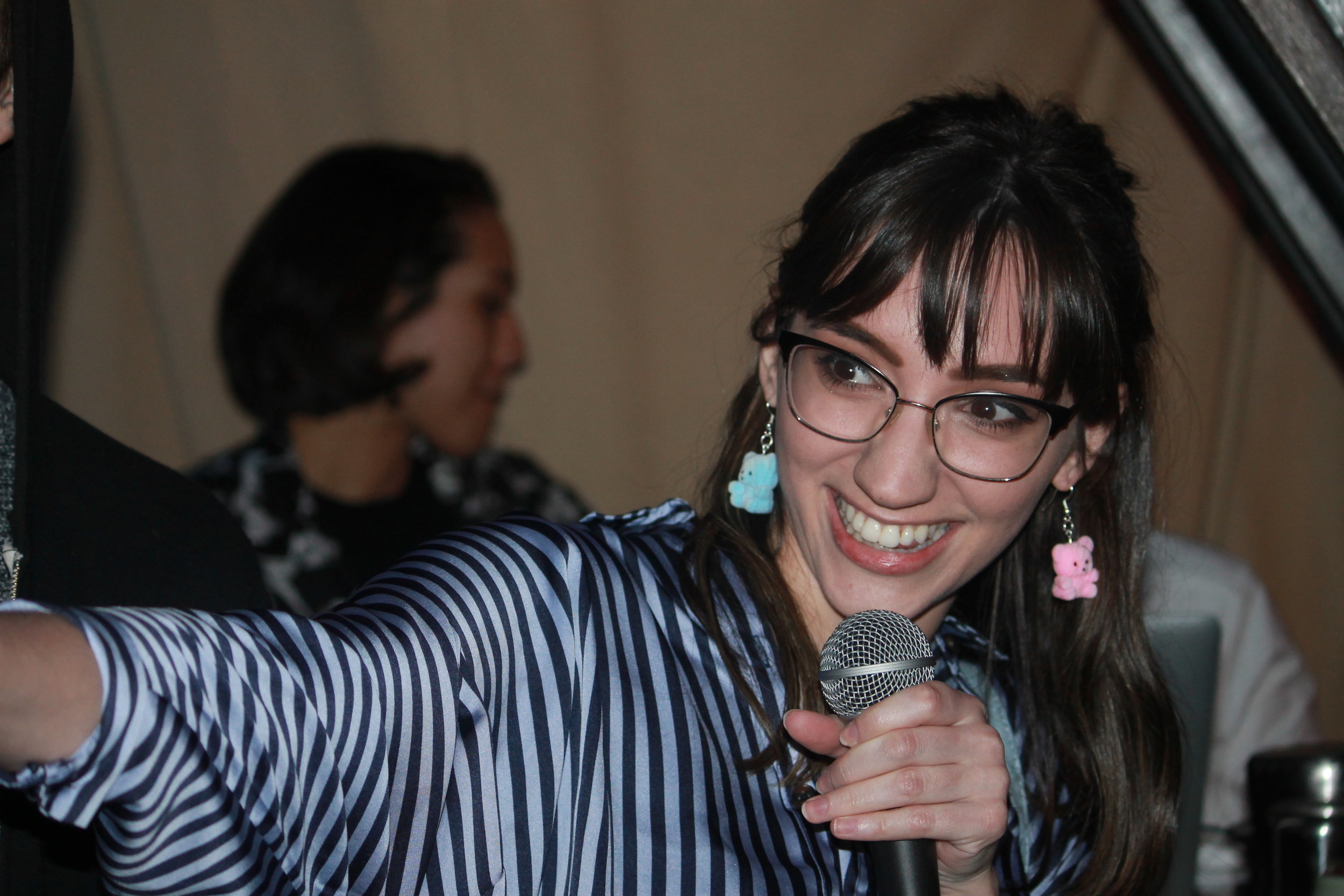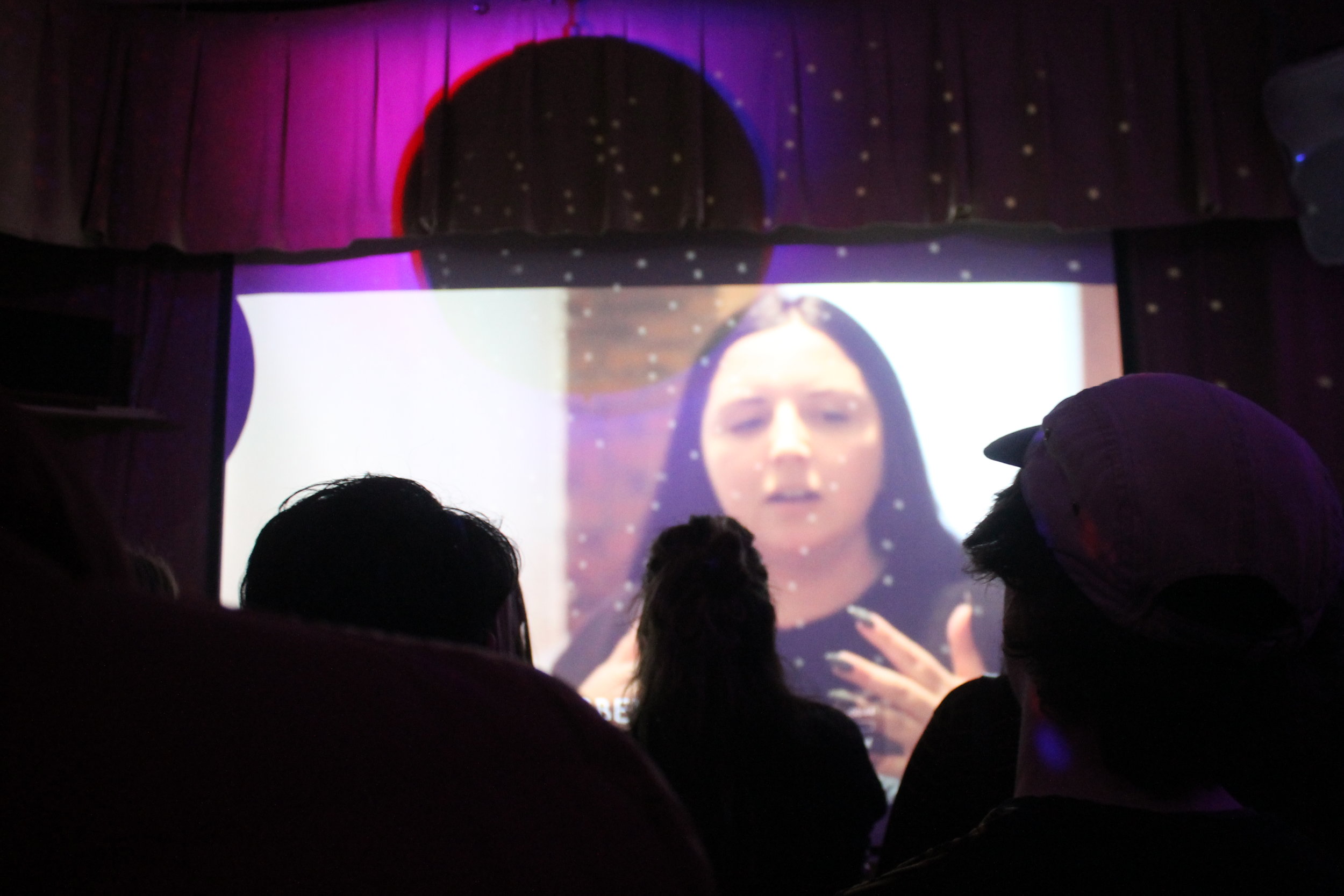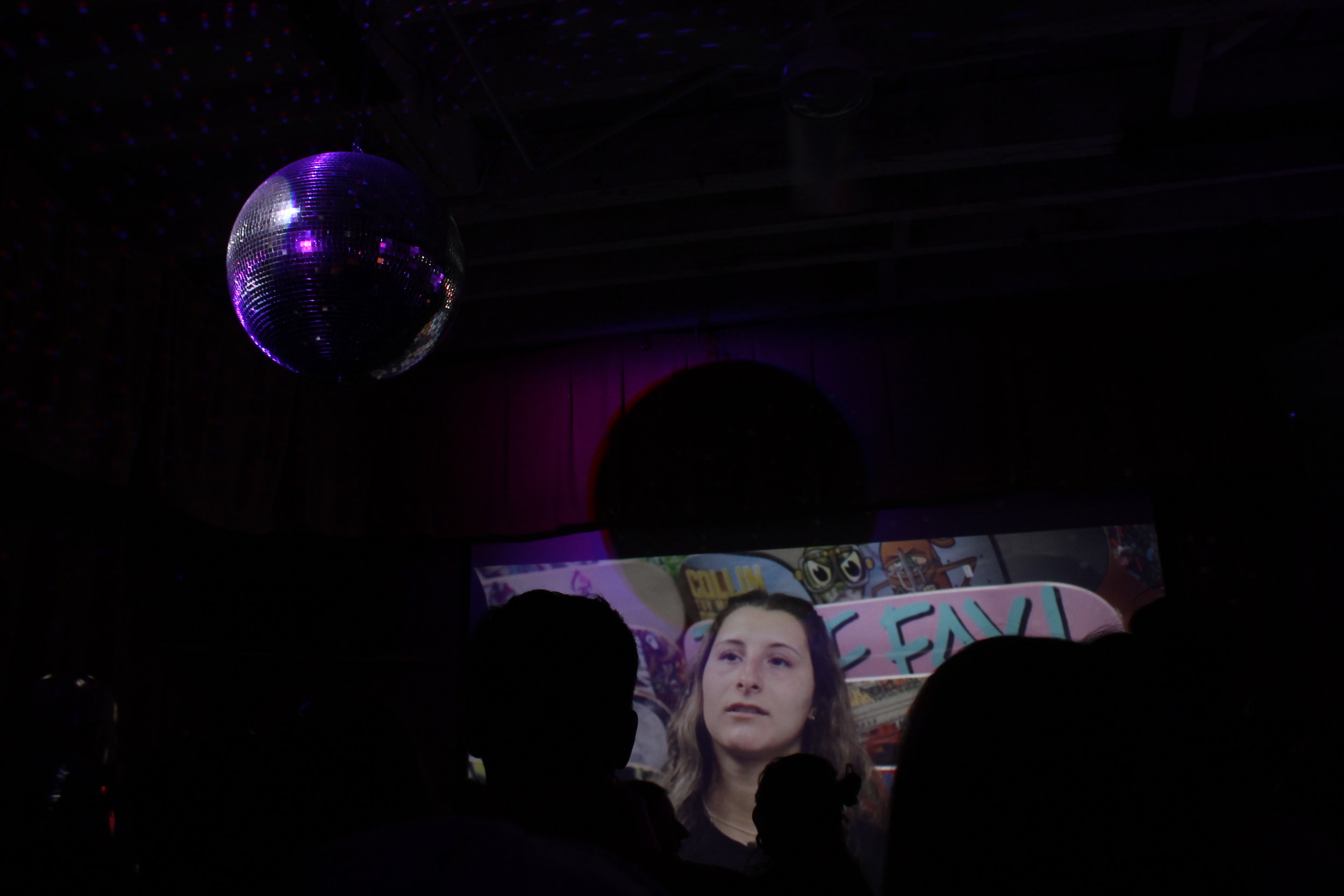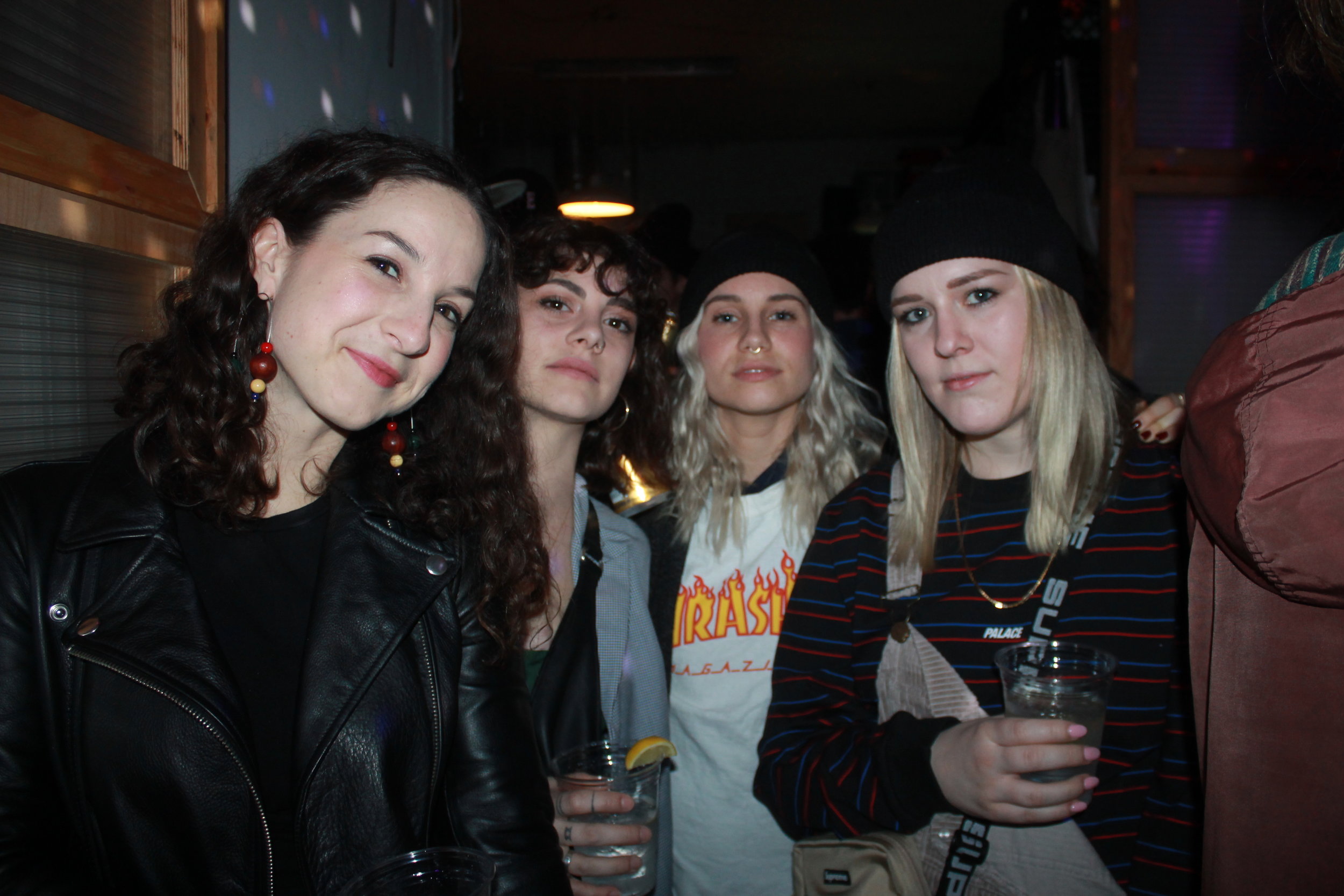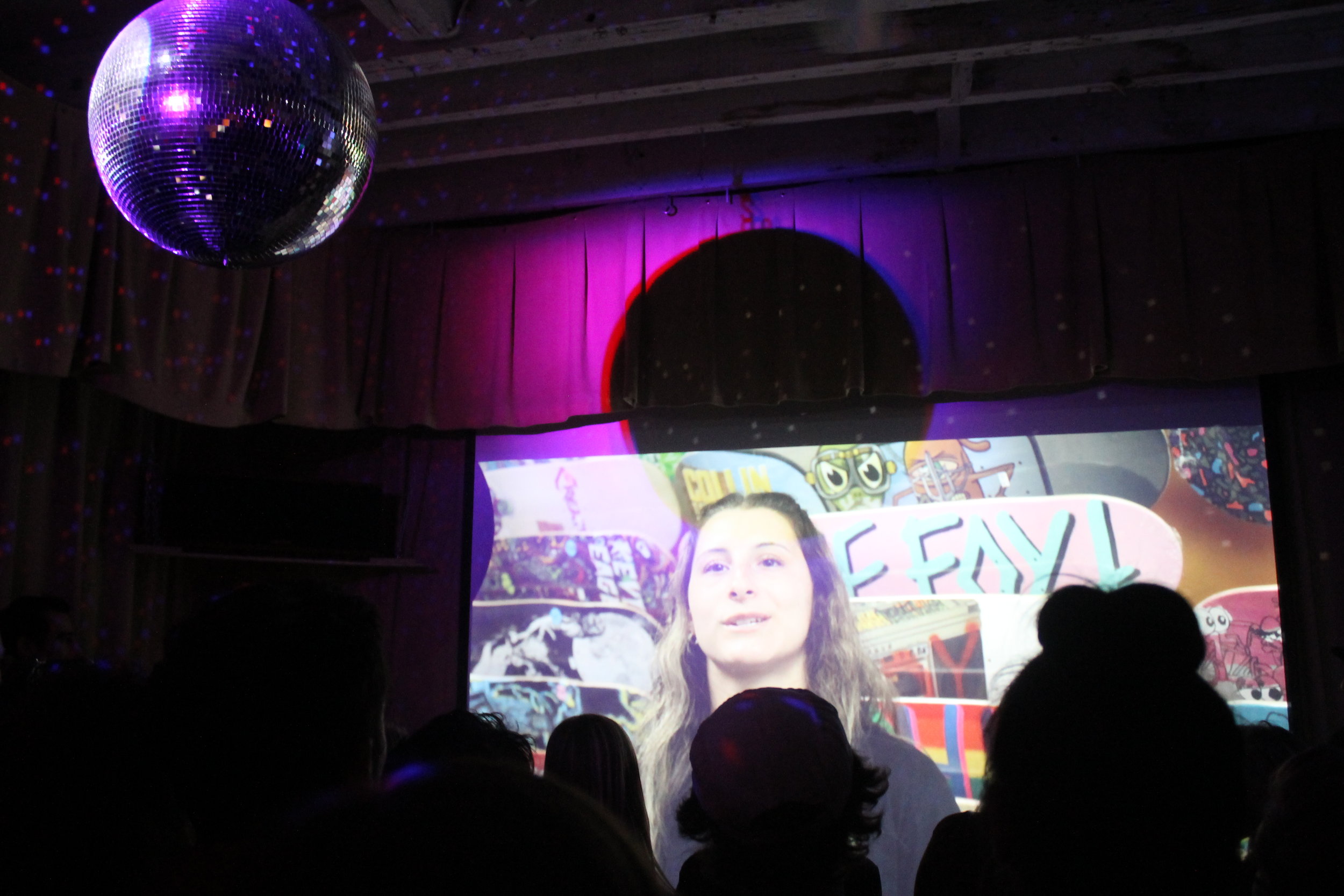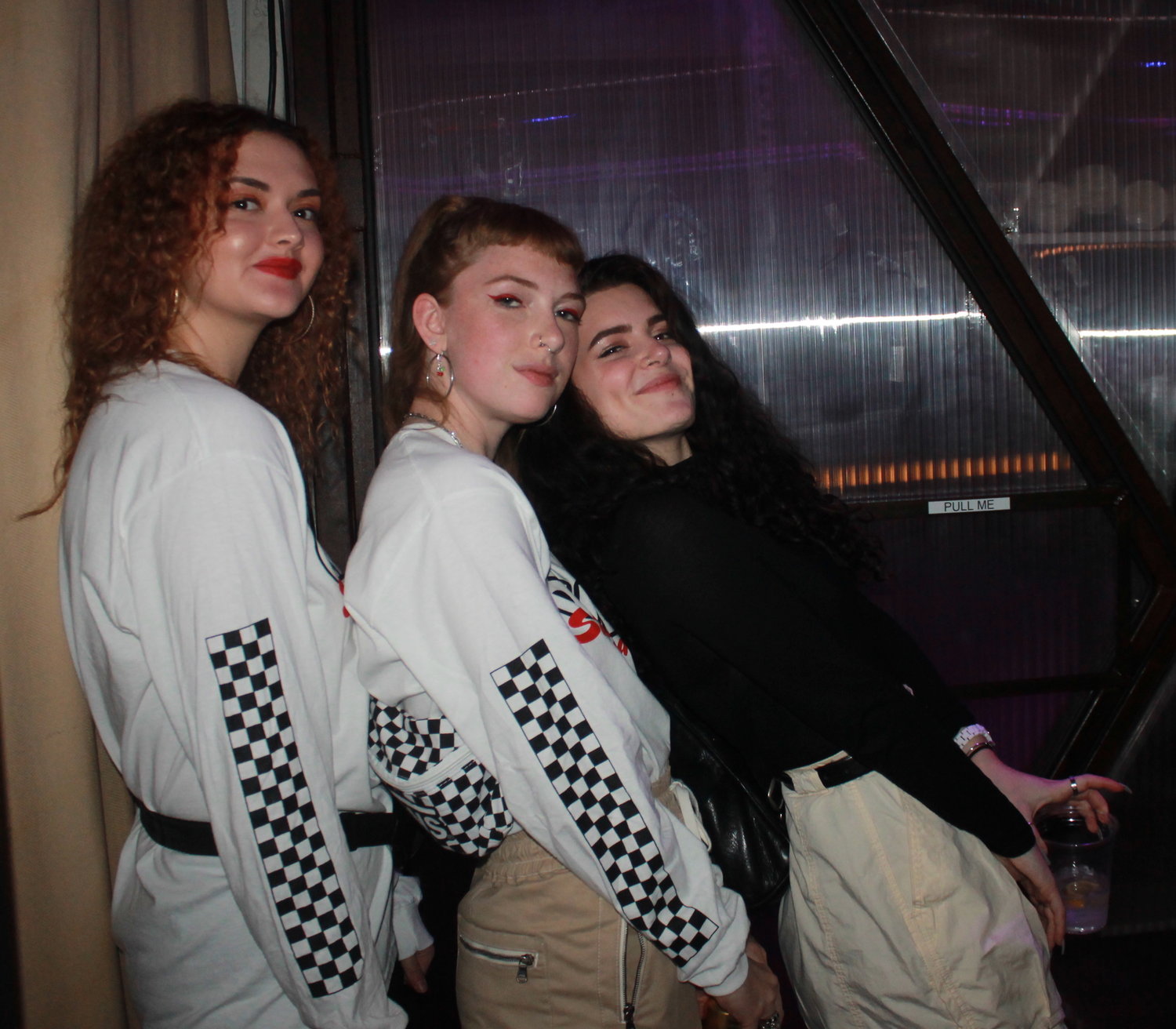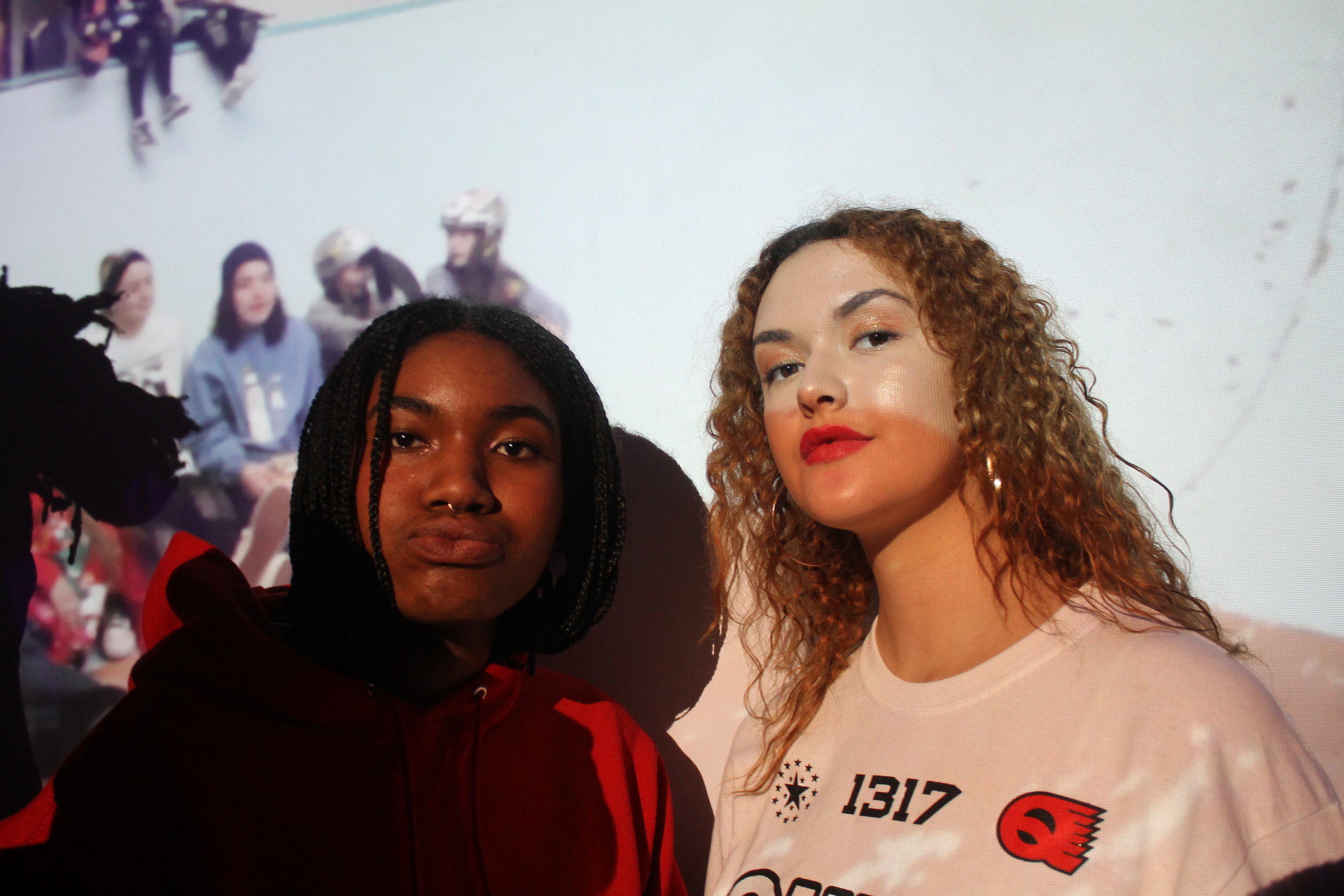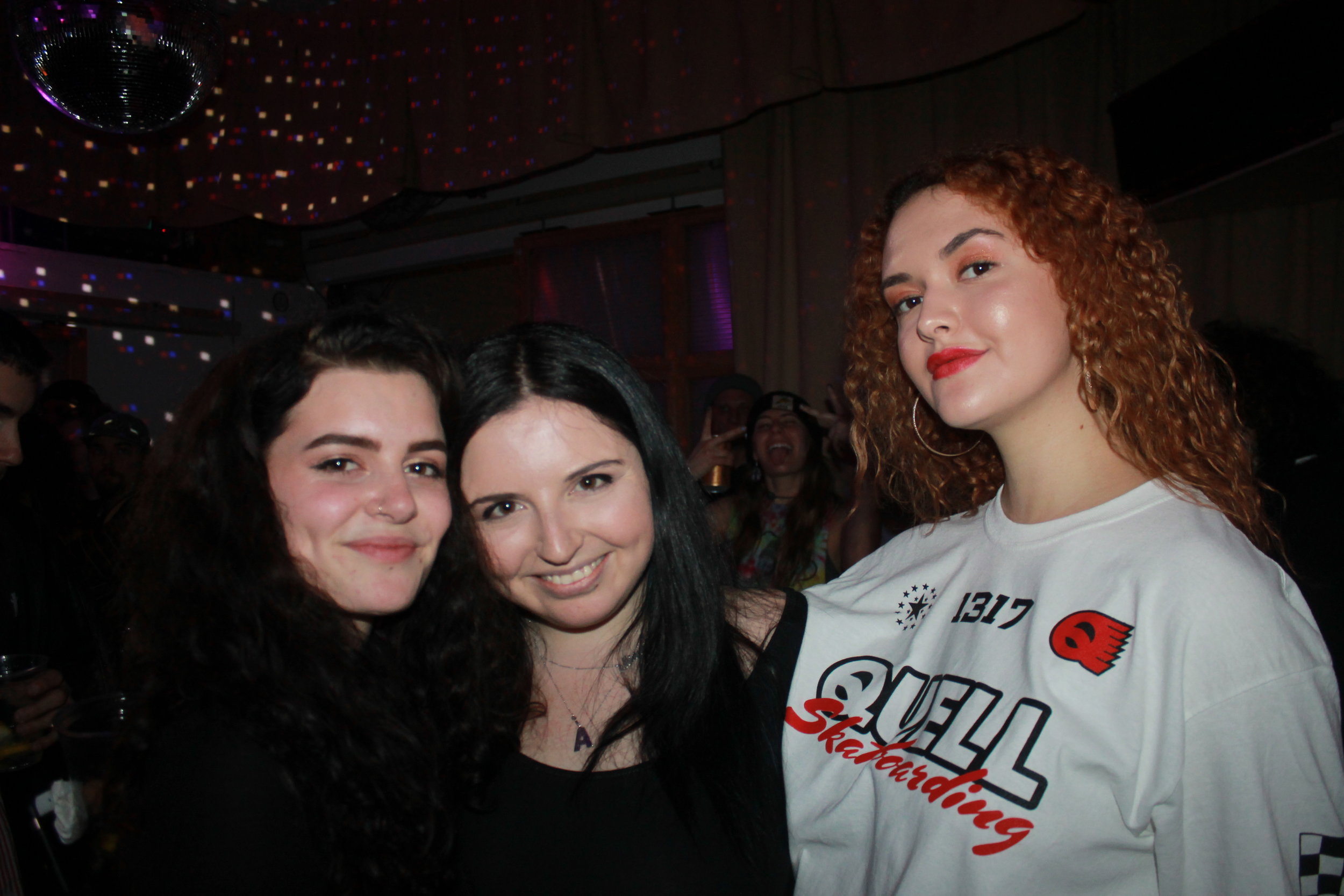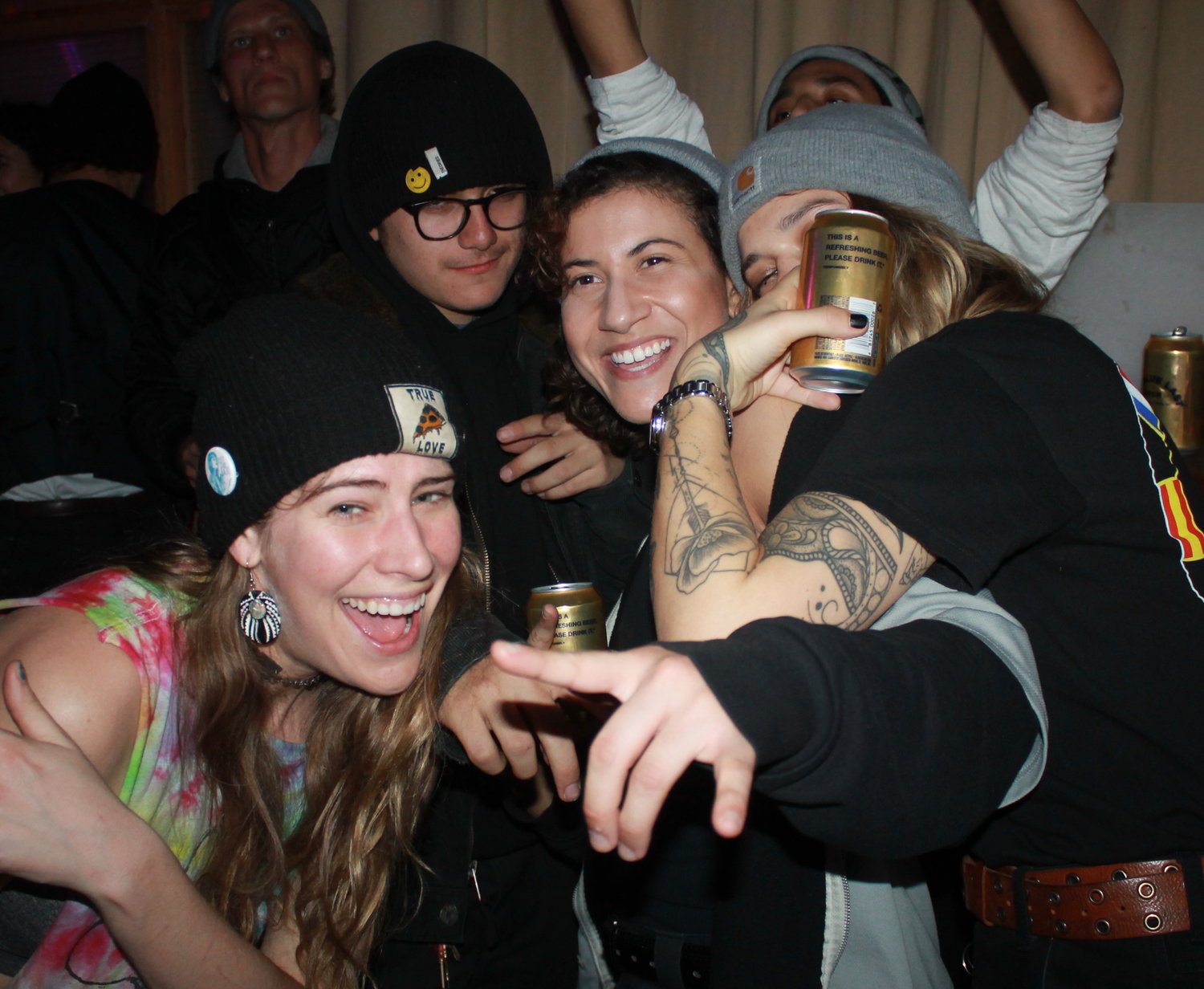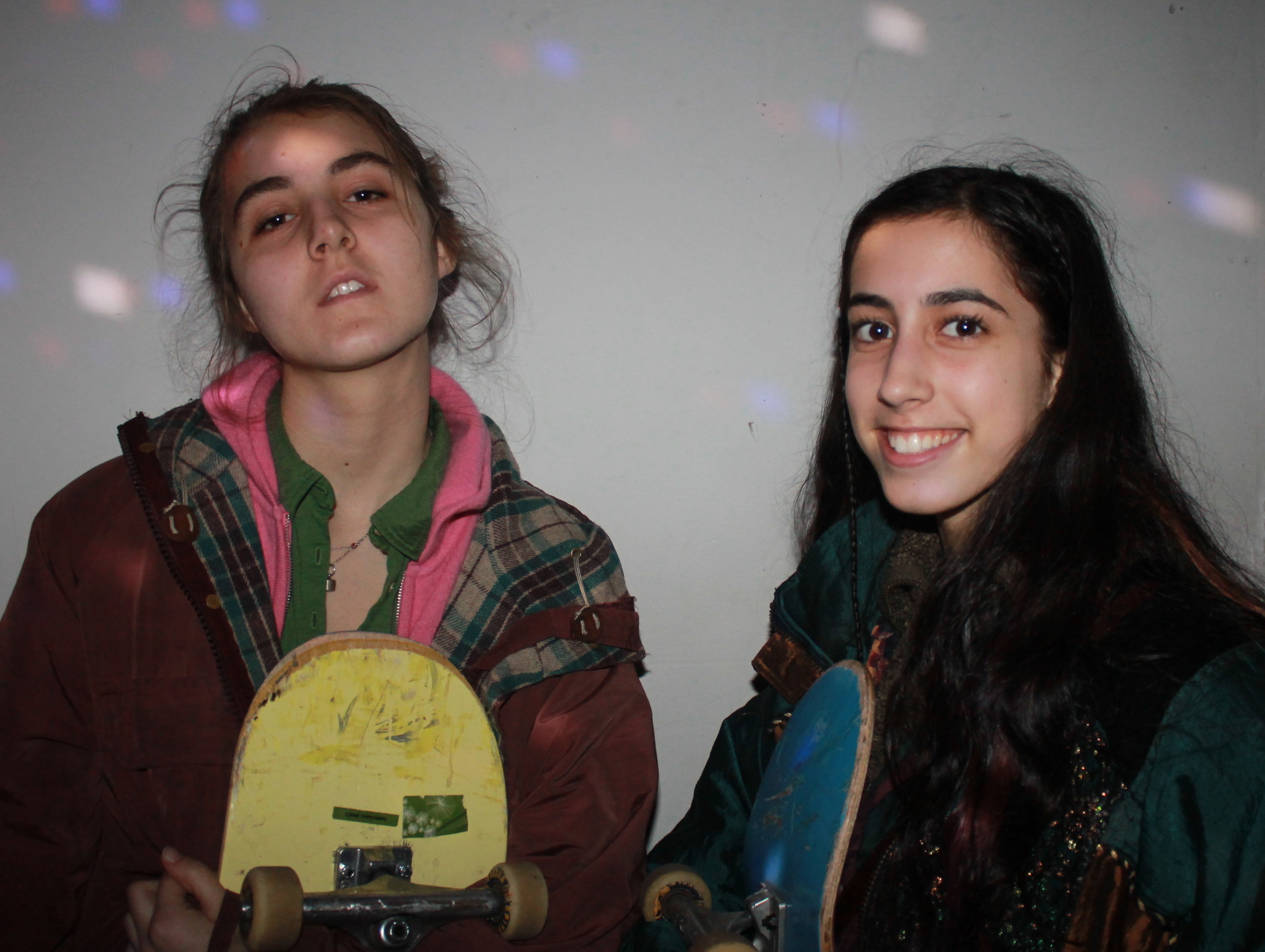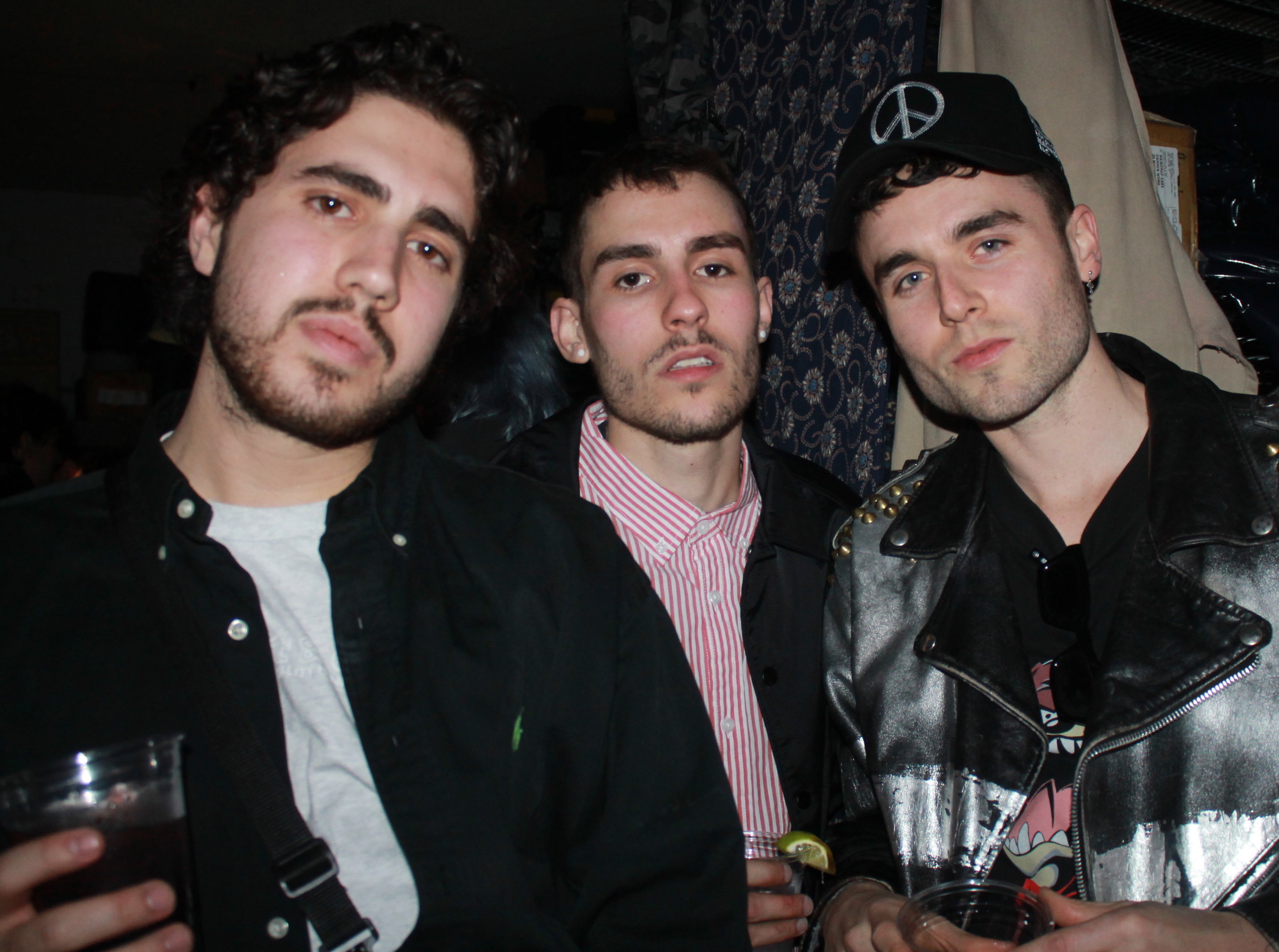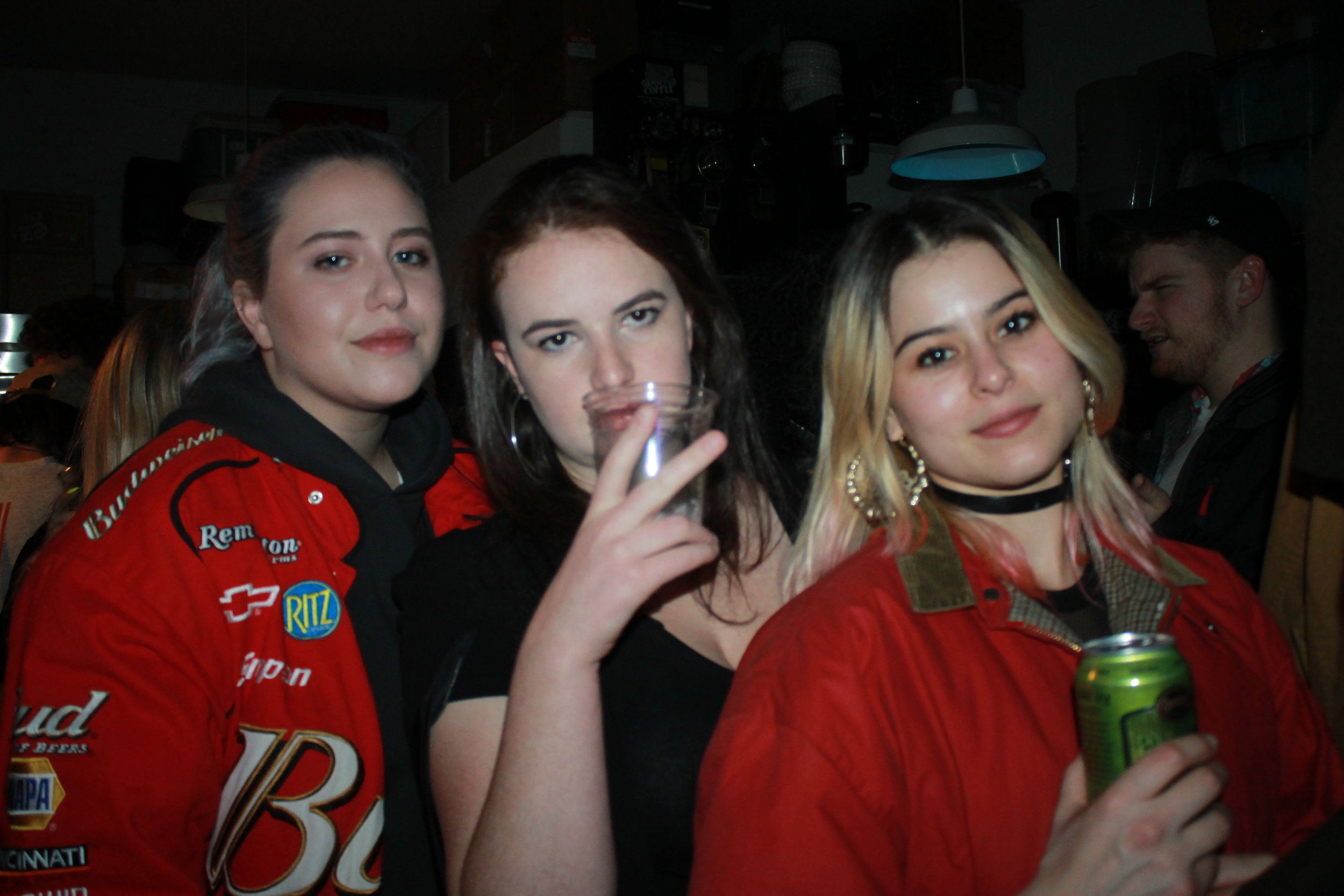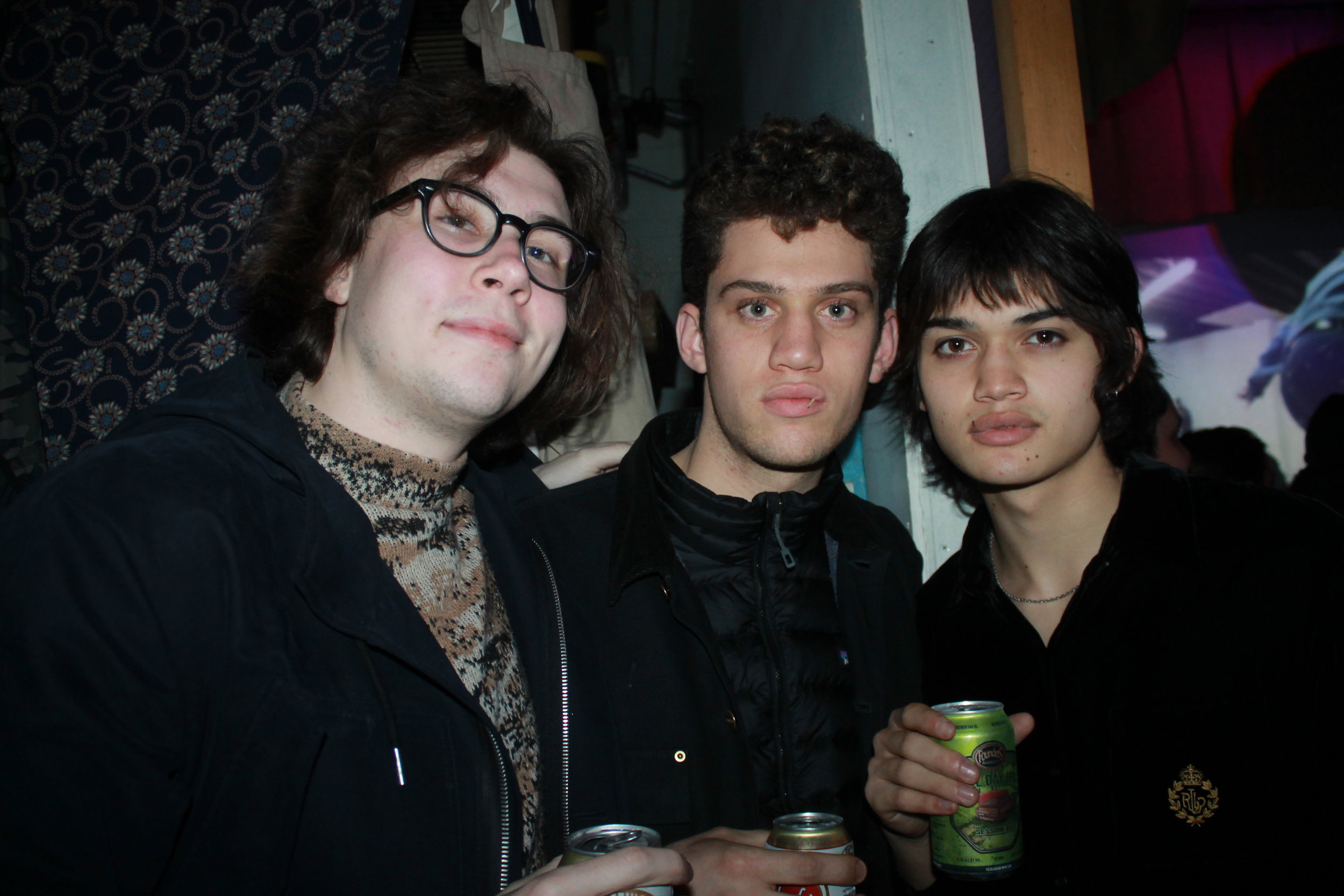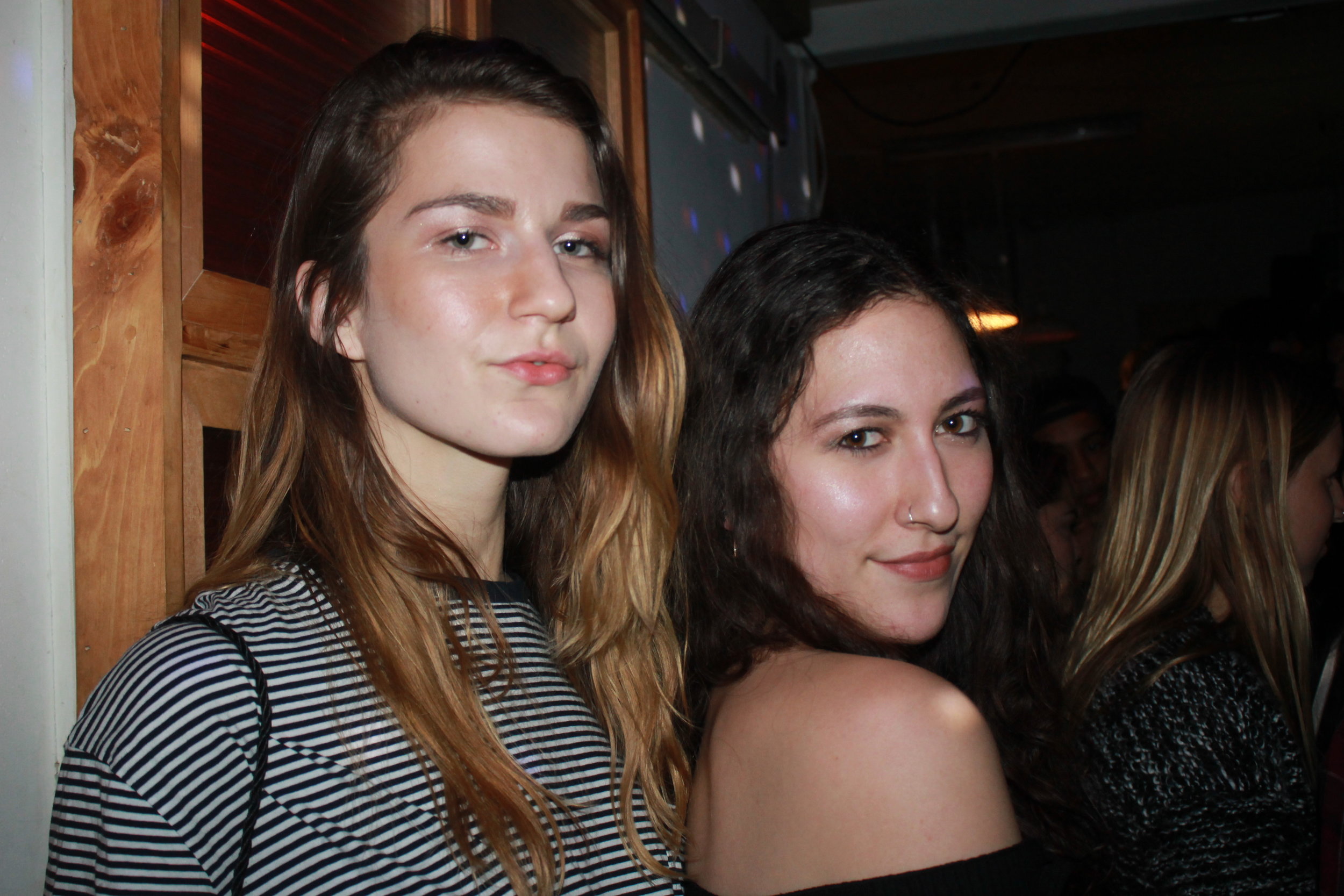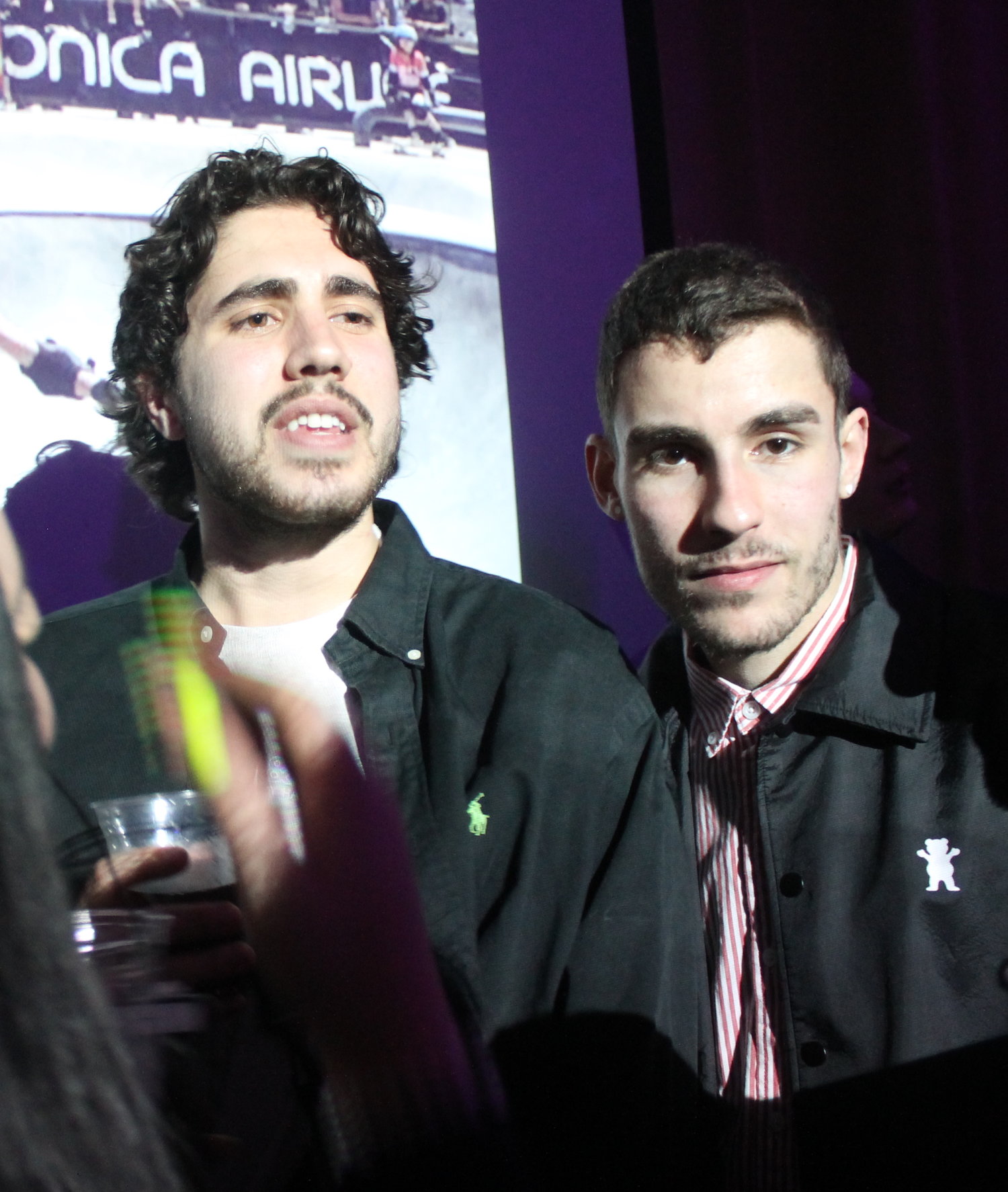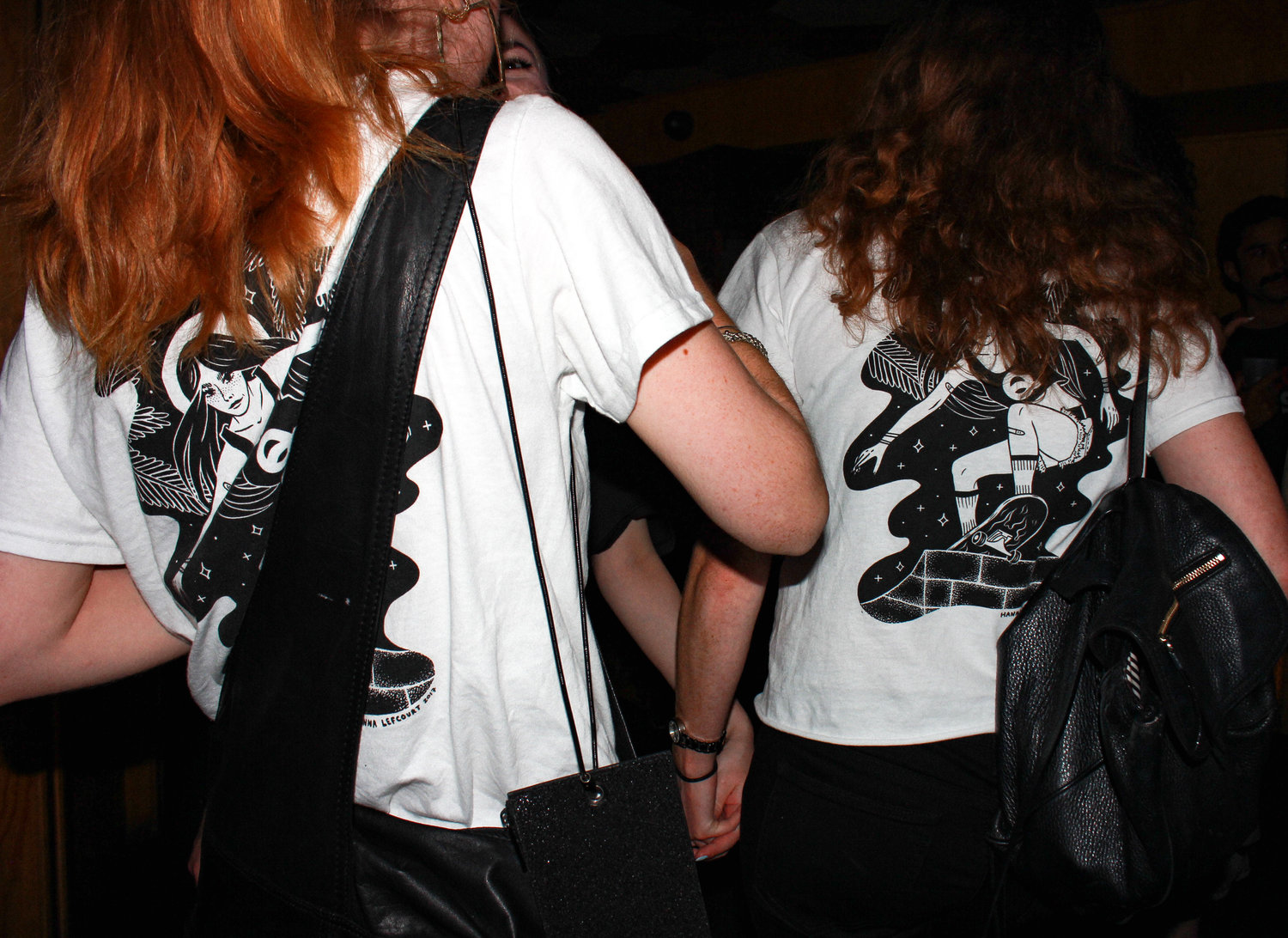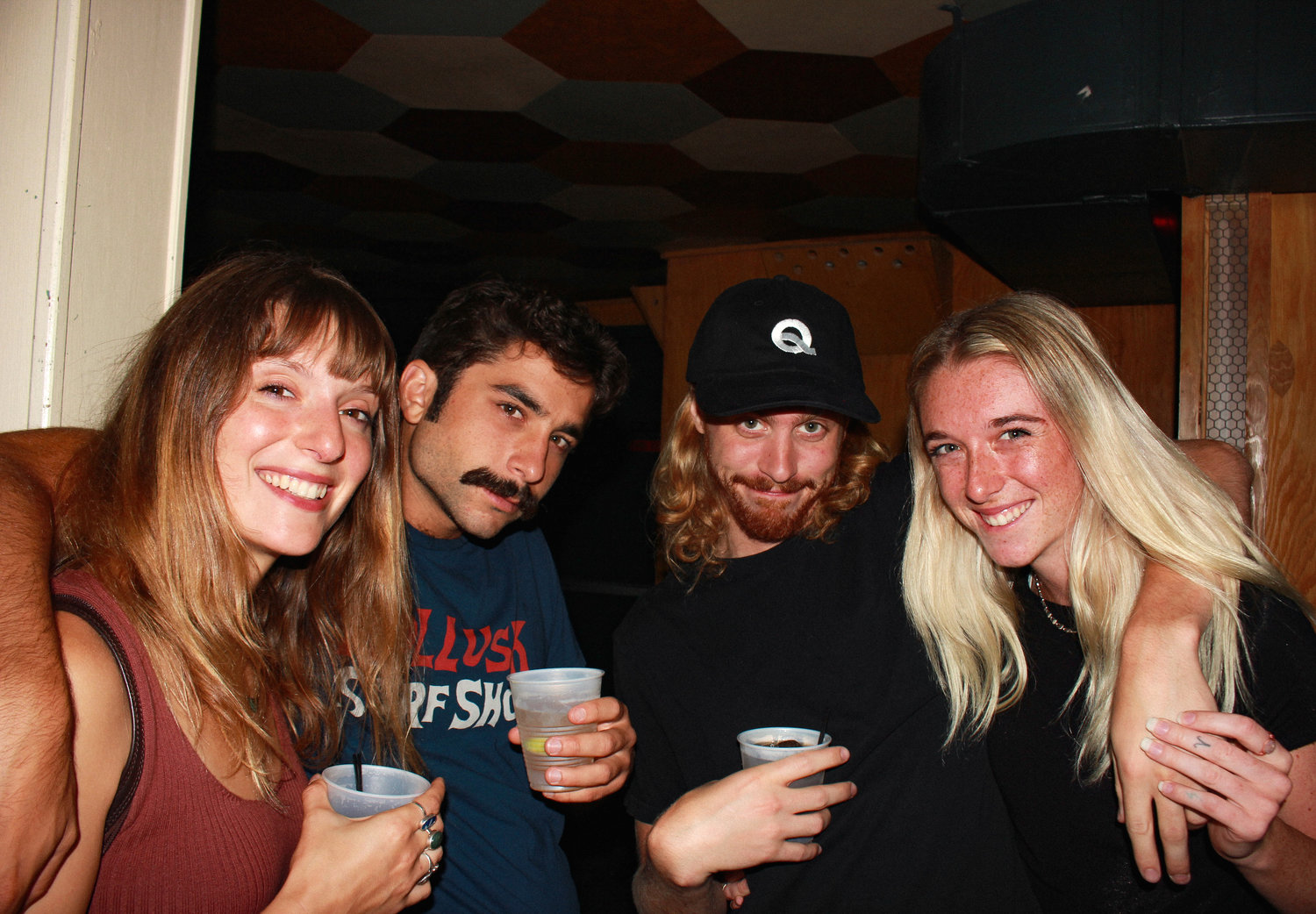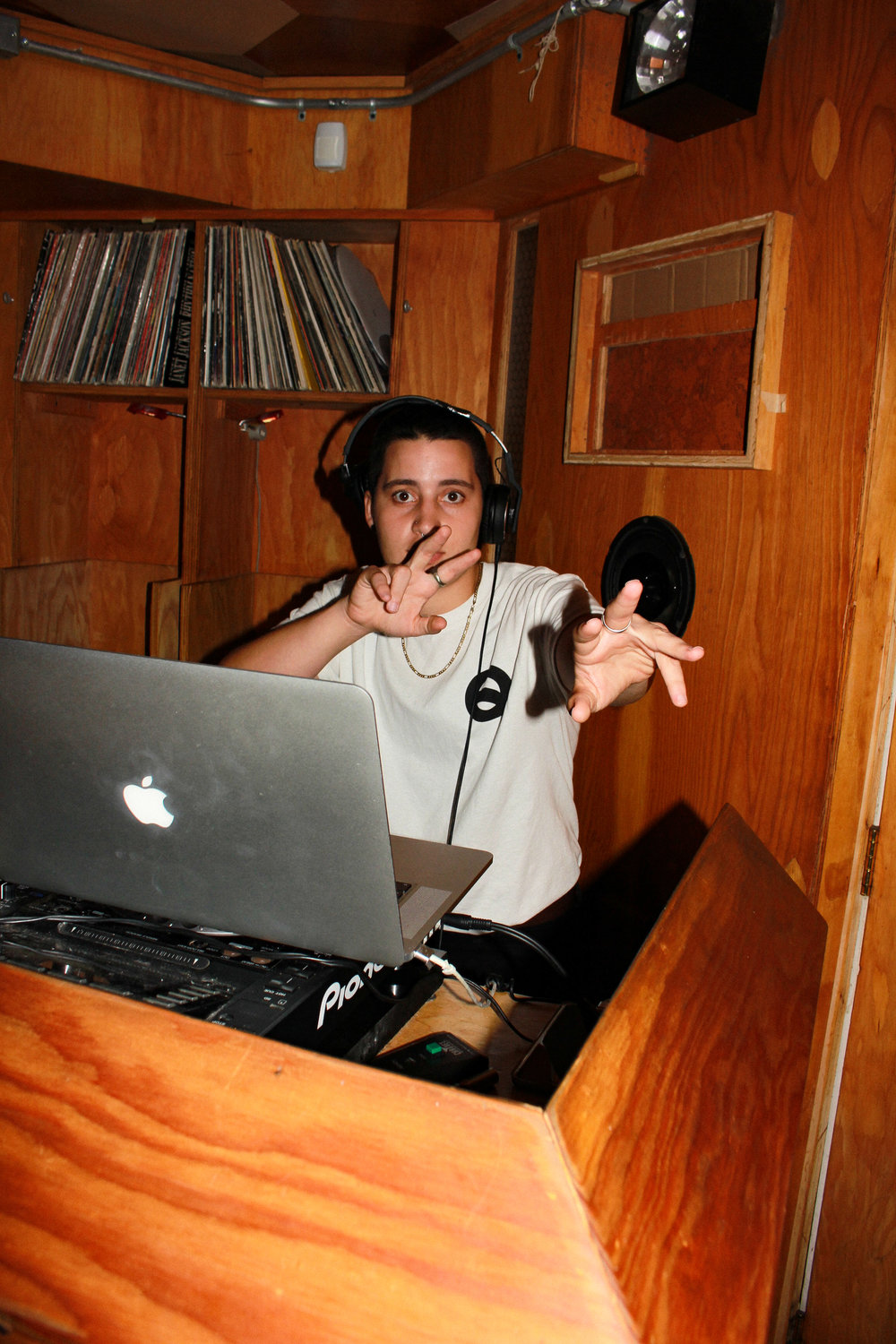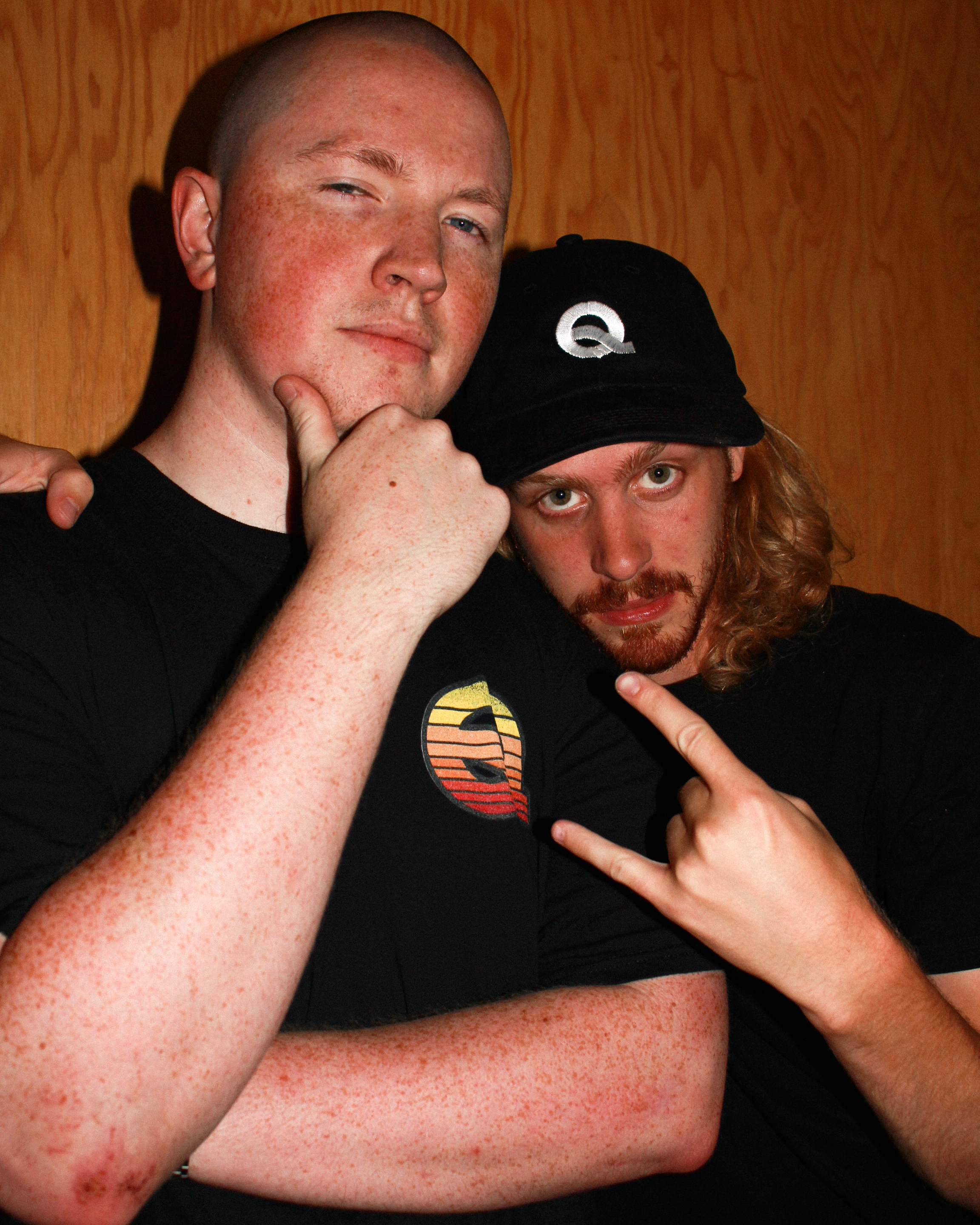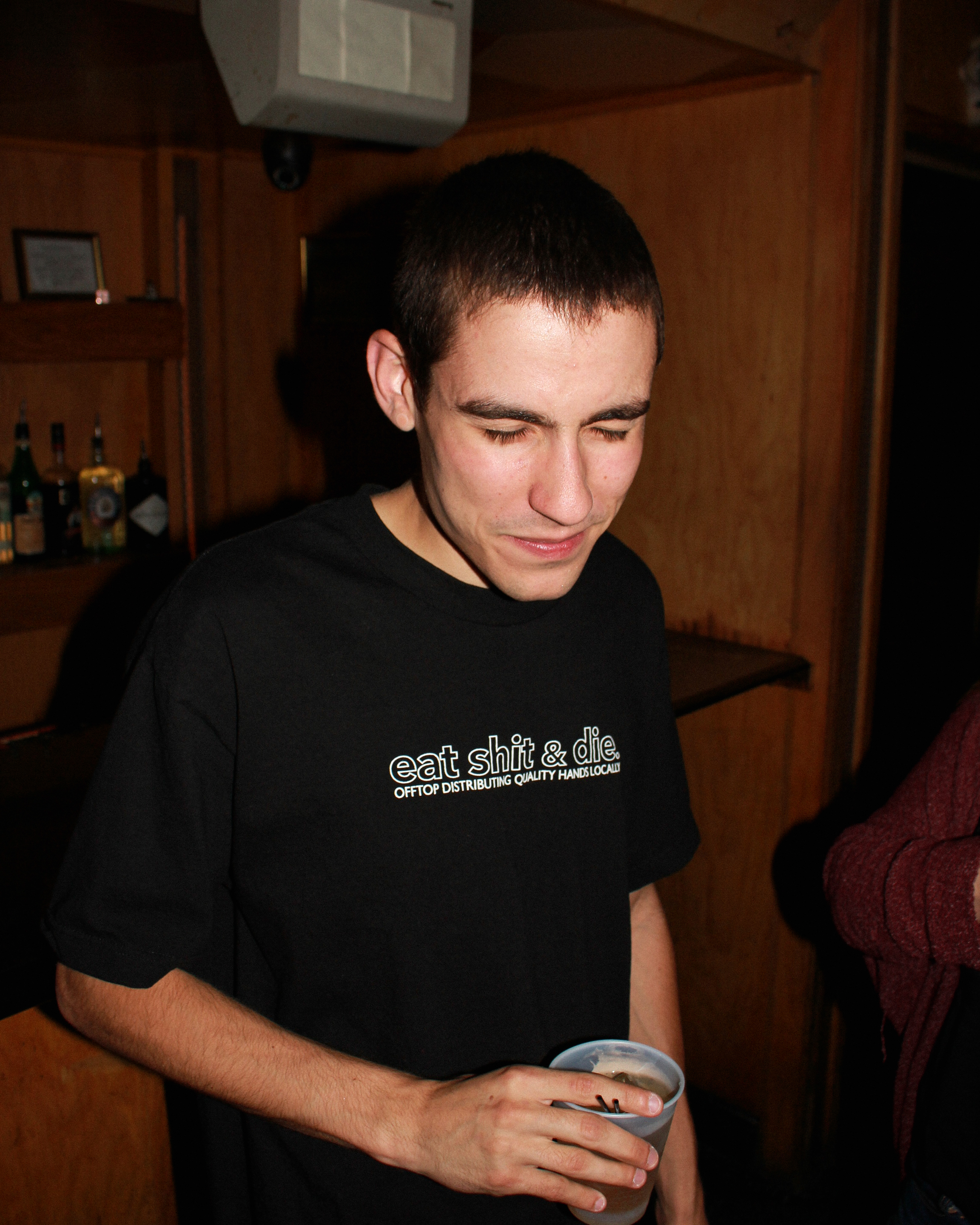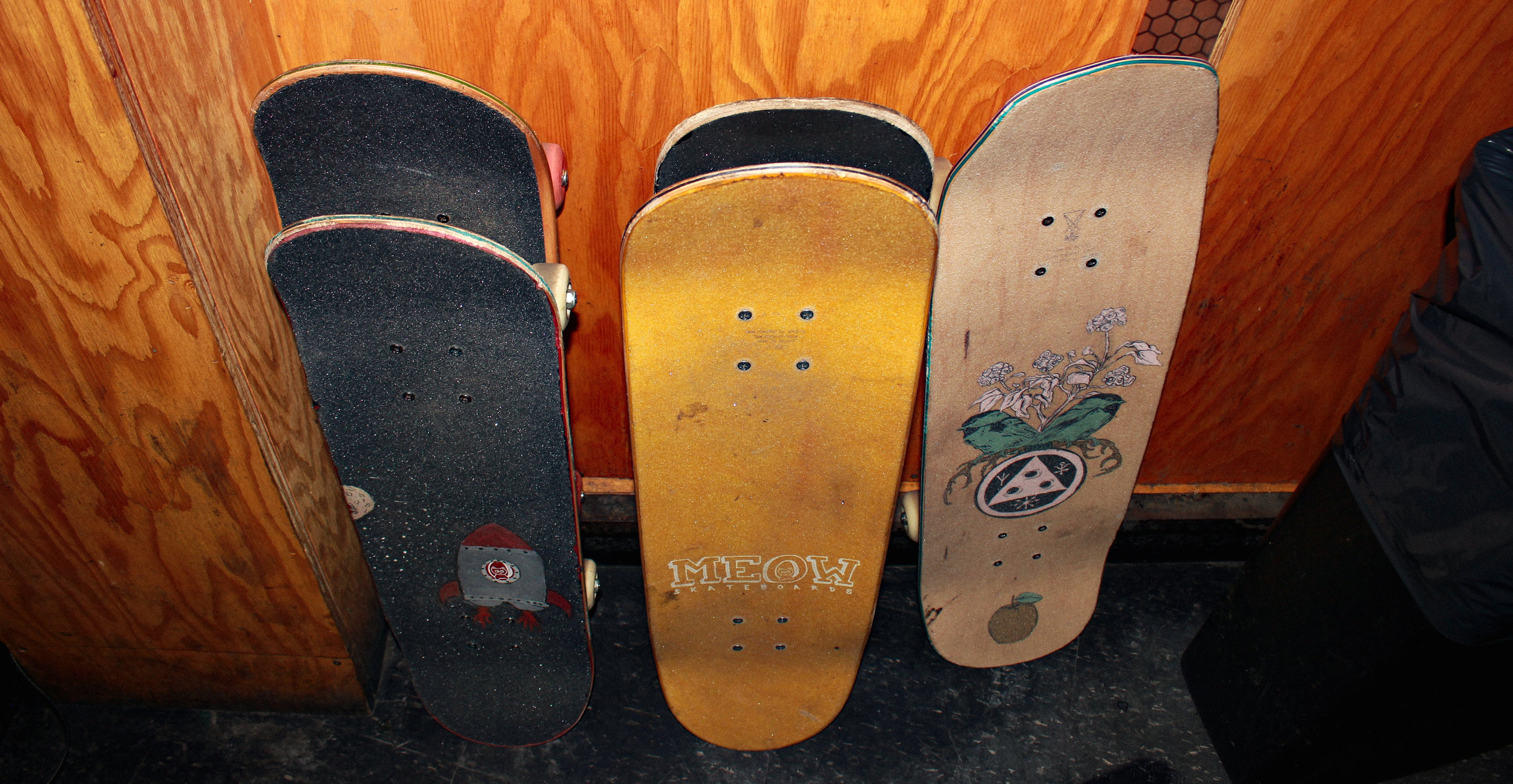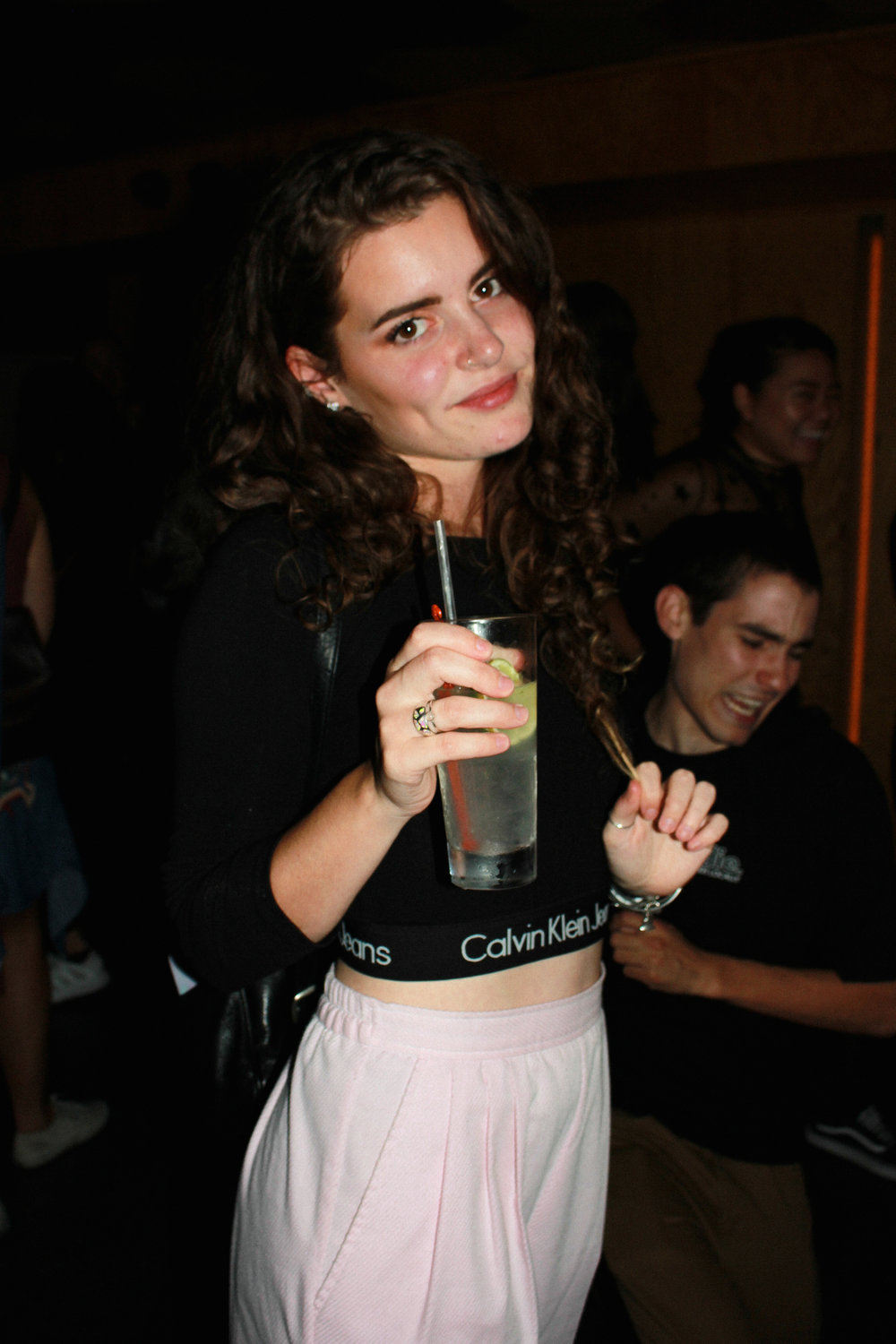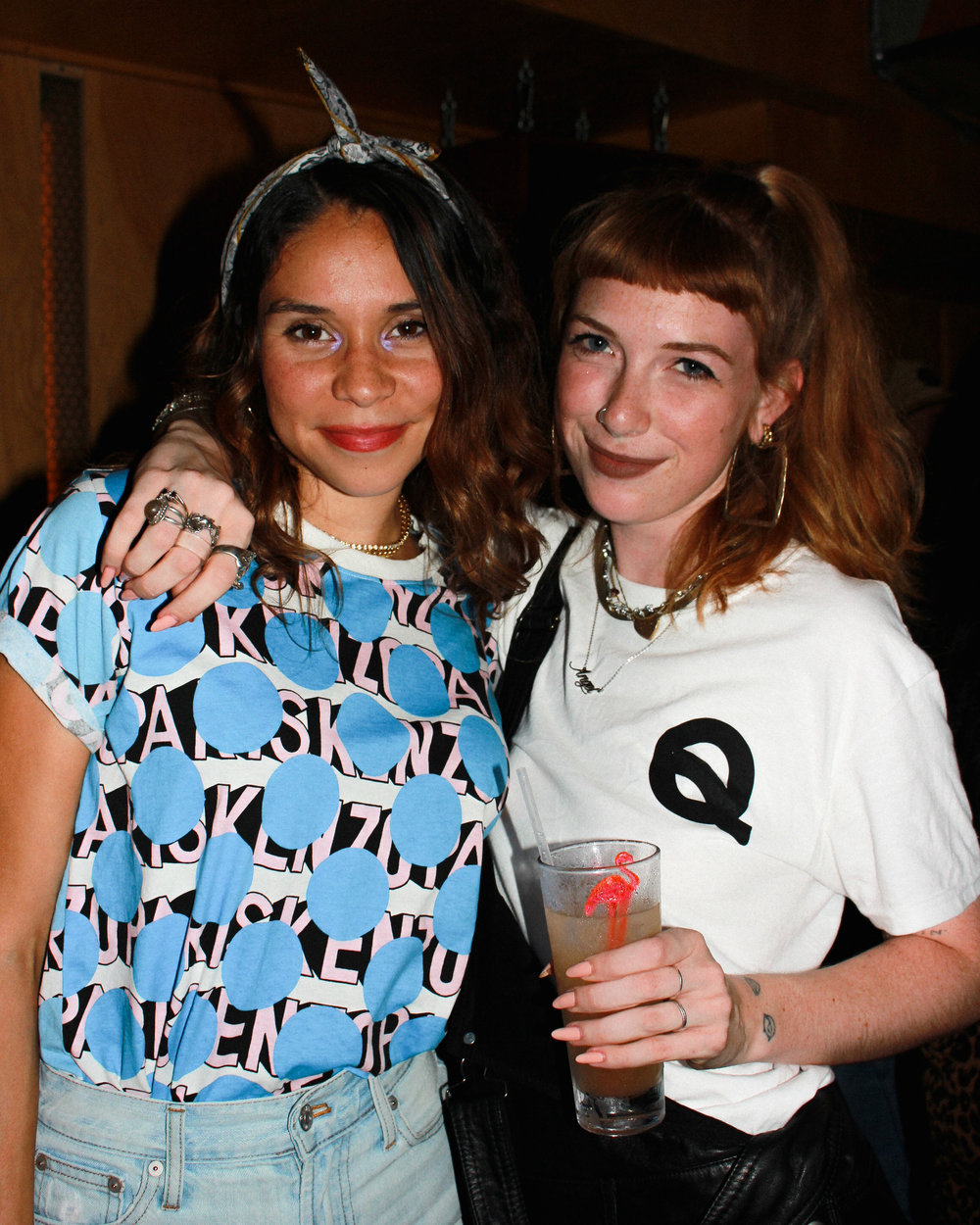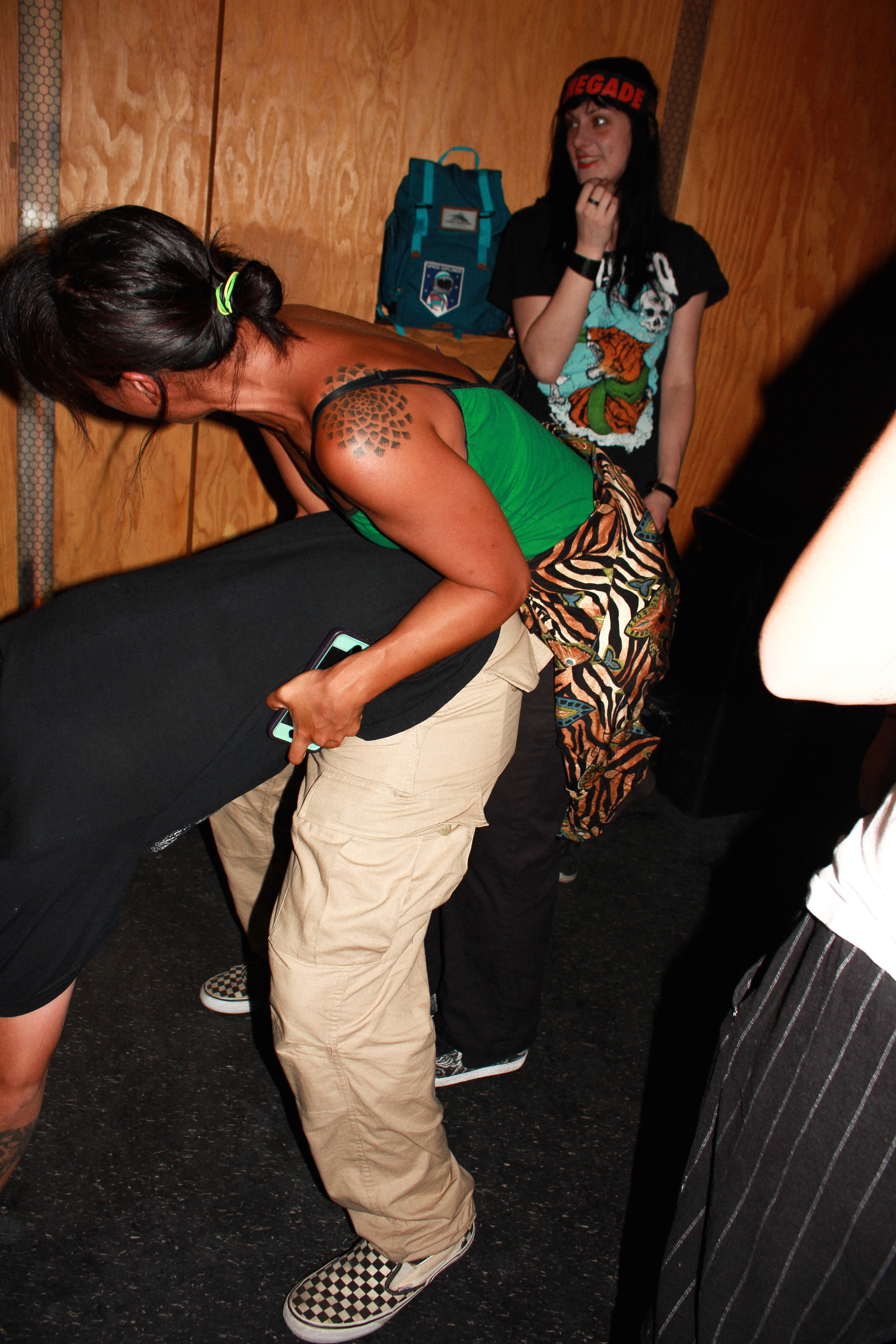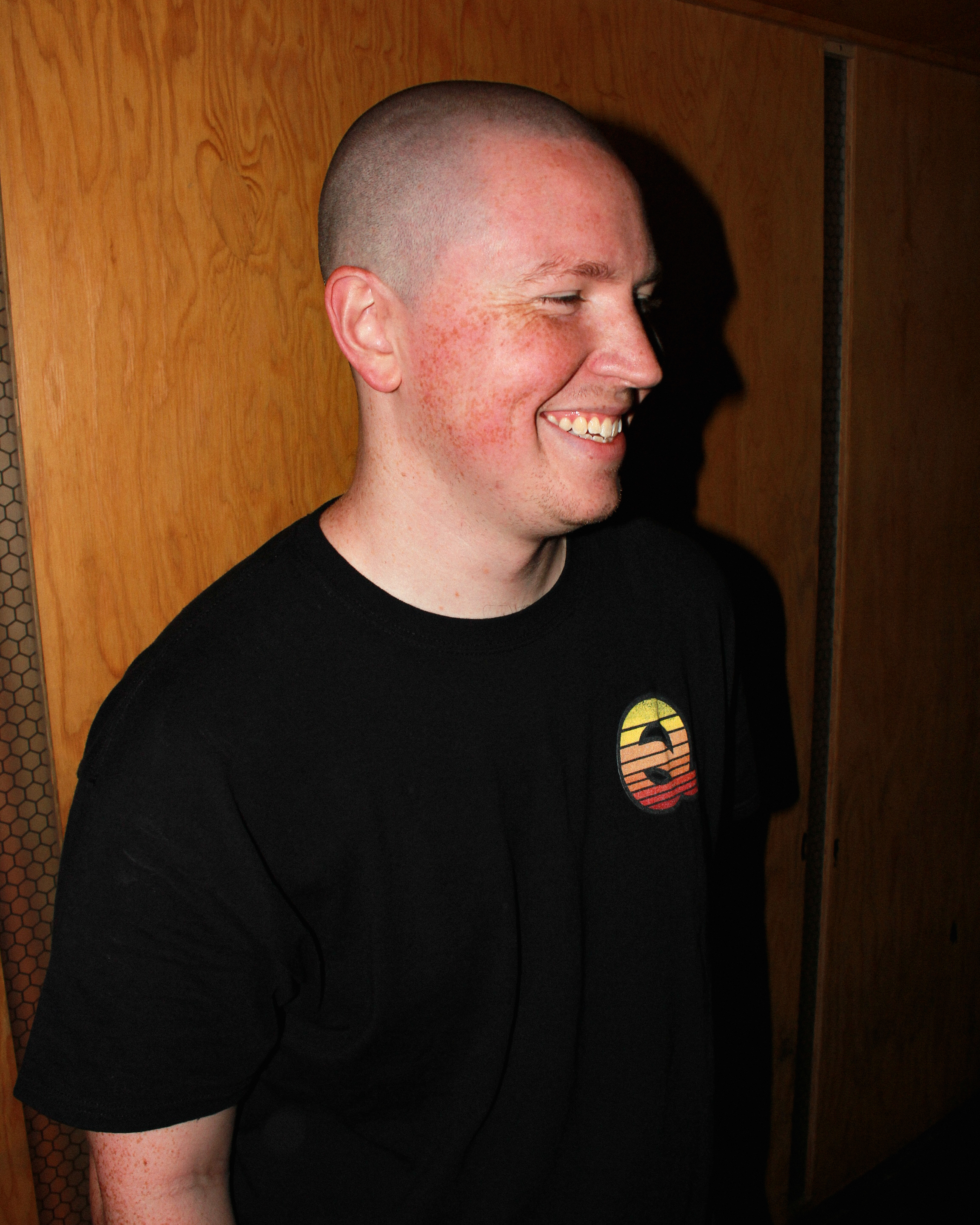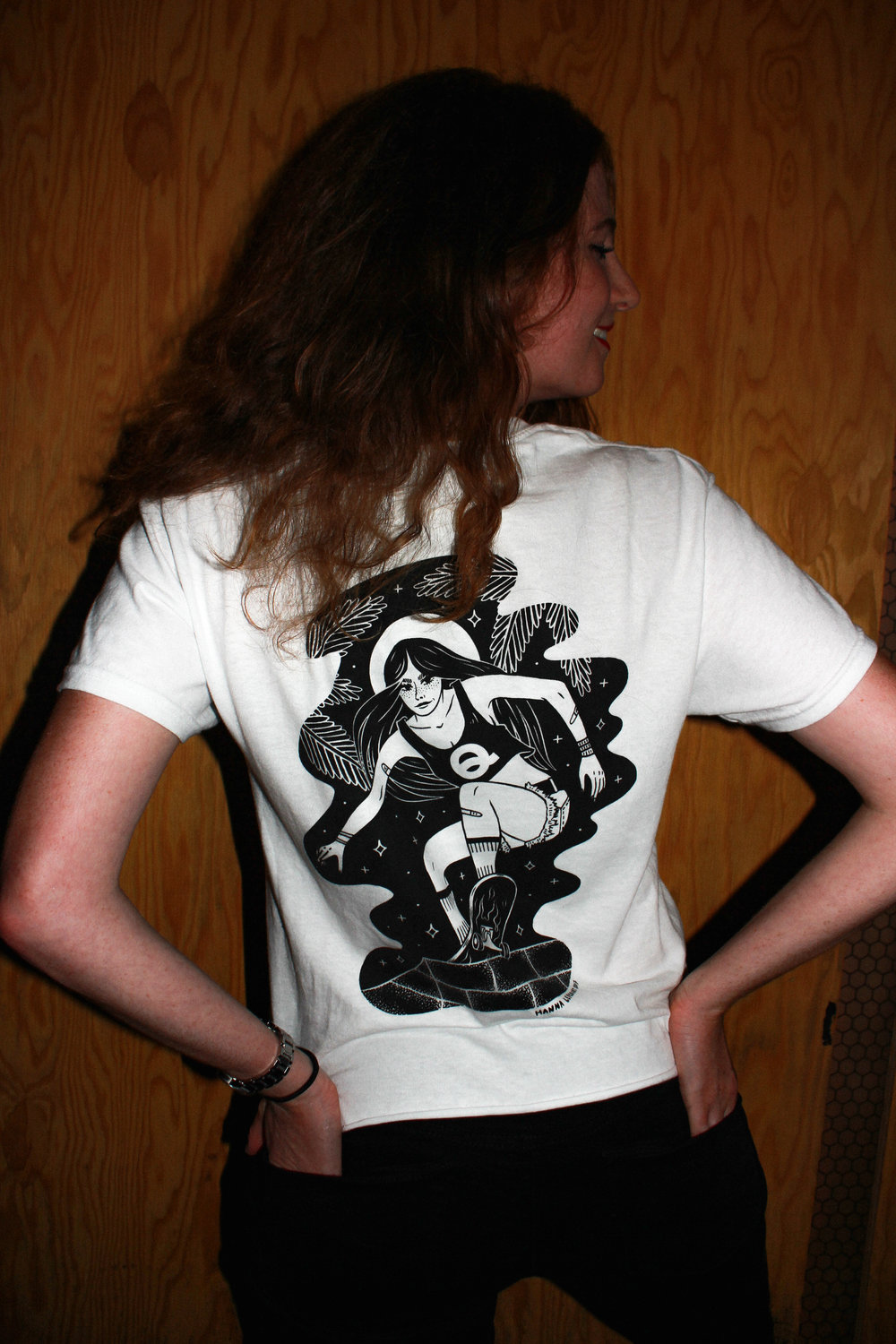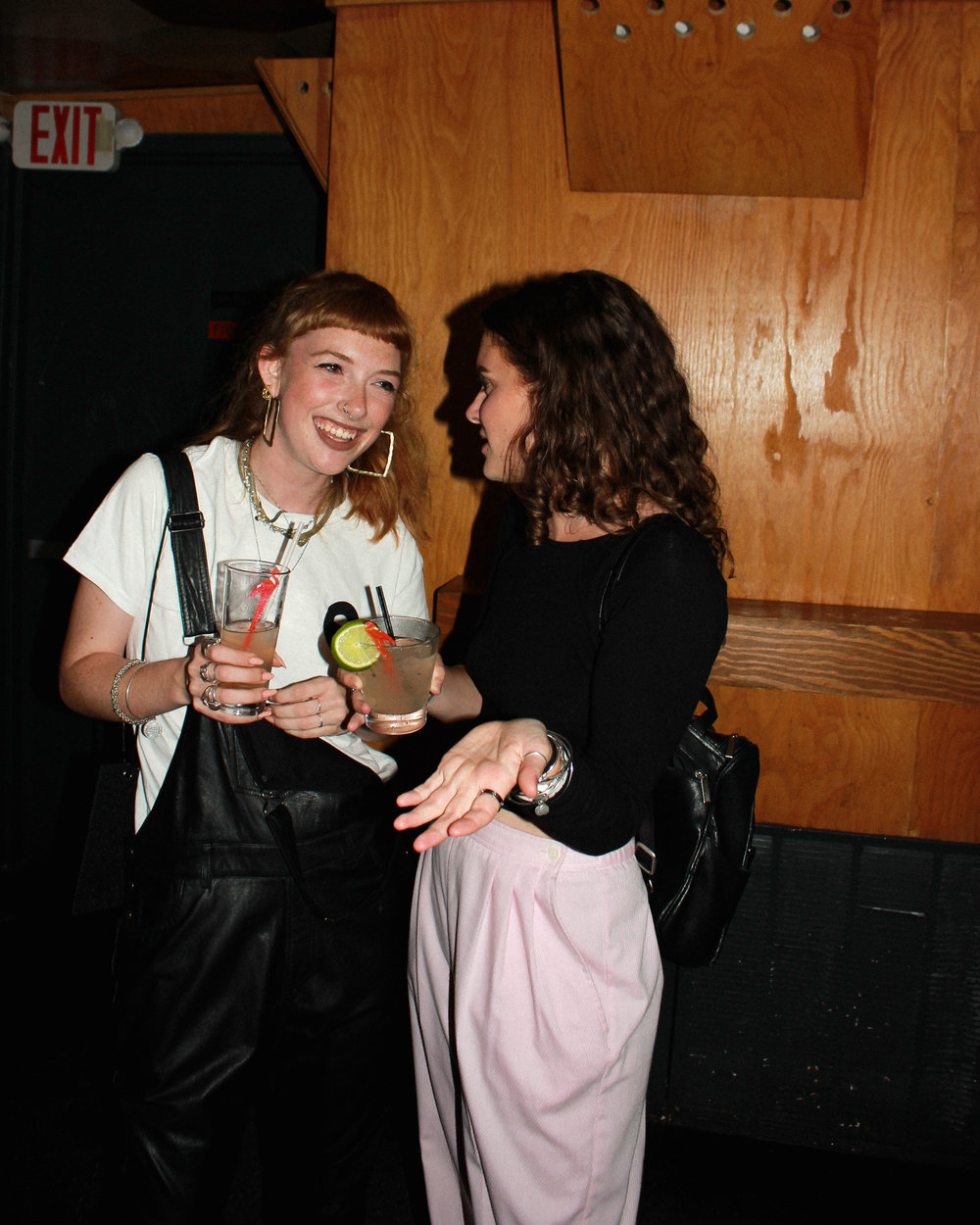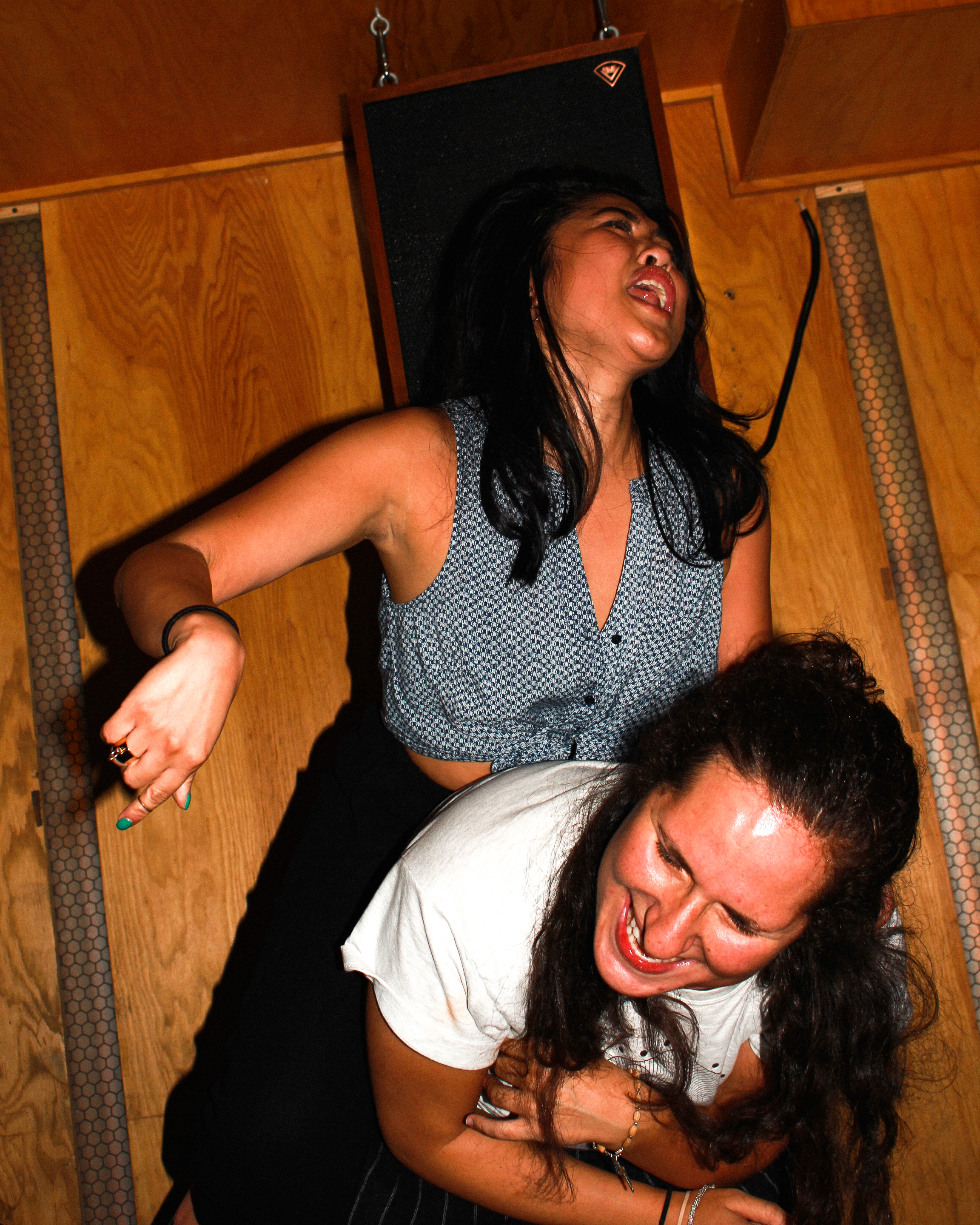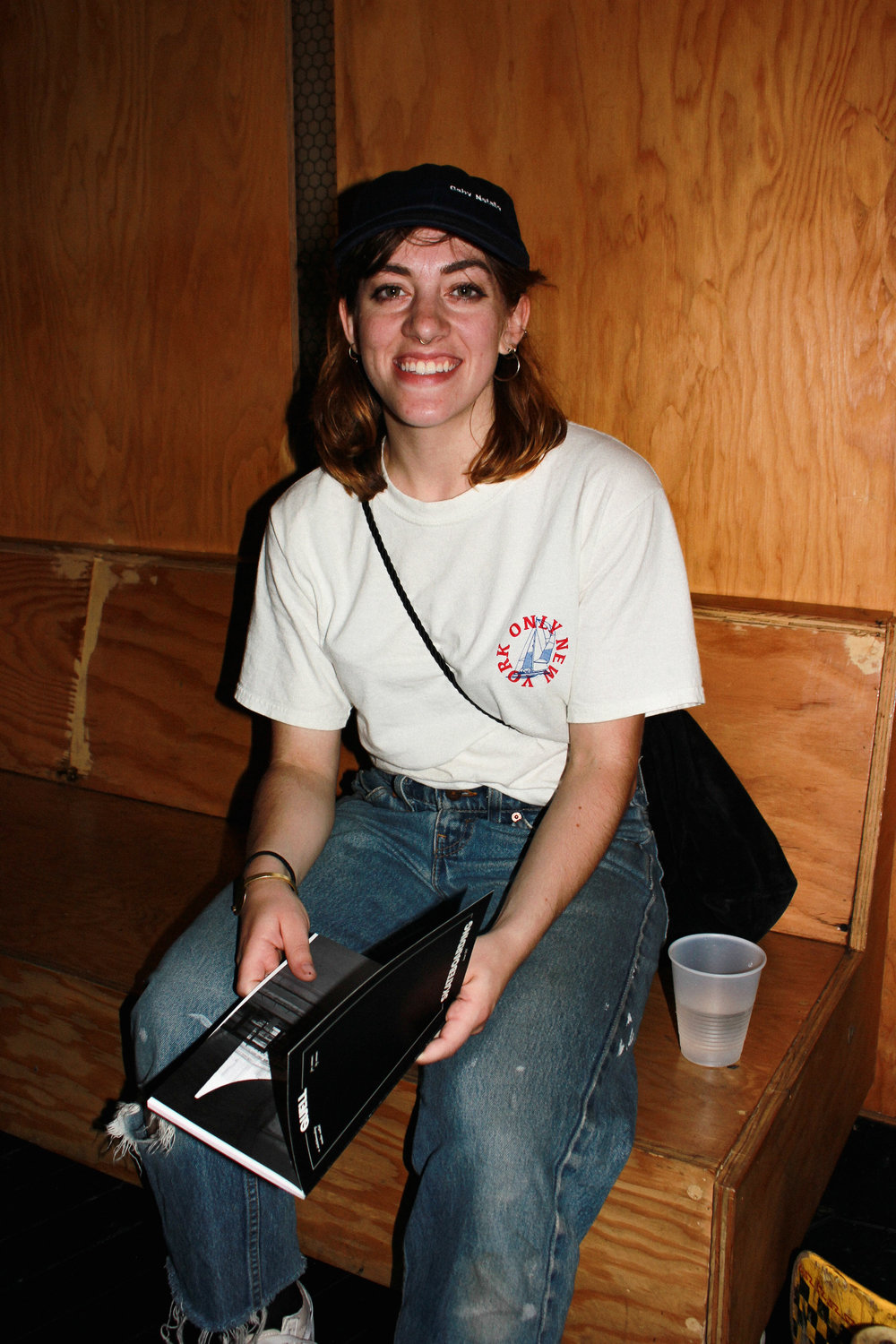When it comes to building a community in skateboarding, we have a lot to learn from the directors of froSkate. Founded by Karlie Thorton, froSkate is a Womyn and POC–centered skate crew based in Chicago. It took less than an hour for me to be fully convinced that Karlie and her Co-Coordinator, L.Brew are the key to the future of skateboarding. While issues of racism in this country have come front and center this year, froSkate has not missed a beat when it comes to continually pushing and developing the visibility around people of color in skateboarding. Their voice demonstrates that authenticity is key in building a foundation of any initiative. As companies search for the answer to diversity in skateboarding–froSkate has rightfully taken up the conversation.
This article and photos appear in full exclusively in Quell Skateboarding Issue 006 – Buy a copy here.
Where are you from? How did you start skateboarding? What inspired you to keep going?
KARLIE THORTON: I’m from St. Louis, I started skating last year towards April 2019. I was always inspired by skateboarding and I had friends that skated, of course we all did. I would go to the indoor skate park and watch them skate but that was as far as it got. It wasn’t until I met OJ, my co worker and he introduced me to Tiffany Johnson. They pushed me to start skating, pushed me on a skateboard and really got me into it. I owe a lot to them. That’s really similarly how I started, and then started again.
L.BREW: I am also from St. Louis and I started skating five years ago. I had a friend who did and I thought he looked super dope and thought I wanted to do that too My older friend gave me their board and I taught myself. He would take me to the skate parks now and again but I didn’t know how to do anything so I would hang out in the parking lot. I moved here and met froSkate and that’s really what helped me develop because I was with a community. I really love it and it’s just only gotten better since I found my people.
So when was froSkate started?
KT: froSkate was started a month after I started skating. The guys that would invite me to their nights were pro level skaters which was amazing to see but I felt like I was in their way. I’m trying to learn how to push and they’re doing the craziest shit...I wanted to learn with people who look like me and are on a similar level. I started to reach out to homies who were interested and we started to skate. People would hit us up and it got bigger and bigger so I made a separate Instagram for skating because it would be easier to post.
Then we did events, weekly meetups and just hang out beyond the skate park. That’s really what established it to what it is today.
What is the more typical froSkate programming?
KT: It’s a lot more sketch now that COVID is here. We don’t have many actual meetups this year. If we did have one, it’s rare maybe once every other month. Now, everyone’s required to wear a mask, keep a distance. Or we’re having a civil engagement like outreach or the protest. We do have a group chat with the core froSkate members where we go skate random days together on a more intimate level but that’s what it’s looking like right now.
Obviously Karlie, you were mentioning in the beginning of froSkate, the community was built through your Instagram. How has your community changed between now and then?
KT: In the beginning, we started with three people. One of our members tweeted about us and it went viral. After a couple of months we basically would take over the whole skate park with like 30-40 people at the meetups. We had a meetup a couple months ago that we announced the day of and we had 40 people show up. We’re having a meeting next Monday so we’ll probably have maybe 60 people. Since the protest - we had a turnout of a couple thousand people. Our online presence in one month jumped from 4K to 10K.
I think it’s so important everything you guys are doing. One of the things that drives us at Quell is visibility and obviously if you don’t see someone that looks like you or is doing what you’re doing– you’re less inclined to go after it.
Why do you feel like it’s important that organizations like froSkate exist?
KT: Representation really does matter. Kind of like you mentioned before, not seeing yourself can discourage you from doing it in the first place. Probably why I didn’t pick up skating in the first place. It’s just so important for people to go into skate parks and be a body in that way. I’m loving the other small groups that are popping up and other meetups in turn because it’s inspiring people to pick it up.
LB: Representation is a huge part. One of the biggest things that got me into skating is that I didn’t see people who looked like me and I tend to be drawn to situations and spaces where I feel like someone has to start that work. At the point we are now, I feel like we have created this image so that there are younger people who look like us who can see us and know they can have that. I didn’t have that, I didn’t see Black and brown female skaters growing up what so ever. I think froSkate has done a lot of work in making that representation visible so that younger generations have people to look up to.
Totally, and I think it’s paying off. I know obviously you, L.Brew, found froSkate after the fact. What drove you to go to froSkate events as someone who wasn’t initially part of the organization?
LB: I moved here about three years ago and I was skating around the city myself. I think the most important thing about froSkate was that there was space made so that we could all congregate. We were all over the city but we never came across each other. My brother actually just randomly sent me their Instagram and was like, “Yo have you seen this? There’s a Black girl skate crew here.” I DM’d them and went to the next meetup. It was kind of nerve wrecking for me at first because I’m a shy person. I showed up and was like ‘Damn, all of y’all have been here the whole time?’. That was massively important to me. I really feel like it filled this hole, I don’t want to be too dramatic but I found people who looked like me, had the same interests as me, that was just something I haven’t had until froSkate.
That’s so incredible. Were you usually going to the same park that the meetups were or was it more random?
LB: I never went to skate parks before froSkate. I very much was a street skater and high key a big part was where I could find that I could be unseen. Every time people would see me on a board they would say something. There was this one guy, I was stopped at a red light and he asked me what I was doing. I said what are you talking about? And he’s like I’ve never seen a vw girl on a skateboard. It was very hard for me to feel like I could be seen without being judged.
Yeah I mean even as a beginner, it’s so difficult to show up to a skate park even if you don’t know people. To you Karlie, we both started our organizations as beginner skateboarders and know how important it is to make that space comfortable for all levels of skateboarders. How does froSkate create that space?
KT: We get SO many DM’s about being beginners. Everyone will teach you. I think since the beginning, a lot of us are just very nice people and we’re able to relate on a whole other level to beginners anyway.
Do you feel as women, that comes more naturally?
KT: YES. That definitely does help. I feel like your community is very parallel to ours in which beginners help beginners. Everyone is willing to step in and communicate.
It feels like there’s a deep want for everyone to succeed in and out of skateboarding, but skateboarding is always the catalyst.
KT: You get that support from us but also froSkate has helped me realize that everyone else at the skate park wants to help you succeed and not judge you for being a beginner. They think it’s so dope you’re just pushing or trying to ollie. You just realize all the fear was in your head...unless you’re at a douchey skate park. Somehow fourteen-year-olds are the meanest people alive.
I wanted to talk to you guys about a couple of your quotes that I see pop up a lot in your feed and posters. One of them being: “Falling is easier when it’s with friends.”, That’s such an uplifting message of community. What does community mean to you?
LB: The falling aspect is 100% is having a community that’s there to support you. I think one of the biggest things is that people are scared to fall or how they’ll look. No matter what level you’re at you’re going to fall– if you just started or you’re Tony Hawk. It’s just the aspect that having a community who you trust with the addition of people who look like you who can help you stand up when you need to.
KT: Just like L.Brew said, it’s just like support and having the community there to push you to be your best self. Beyond the skate park and skateboarding we are there for each other and push each other to use our skills in the best way we can. If you’re a DJ...okay how about you DJ one of our events. Just like L.Brew, oh you’re a writer...write our emails and now you’re our Co-coordinator.
I couldn’t agree more. It’s really powerful and seems so organic to talk to you guys about this community you’re building. The power of the community that you’ve put together through skateboarding is so strong. I wanted to ask from another vantage point, how can white skaters support the development of communities of Black and brown people in skateboarding?
KT: I think definitely through supporting us. Buying our merch when it drops. Rocking our stuff. People have asked me if I’m white and I wear a Black skaters matter merch or support your crew. That’s helping us. In certain areas we do need white allies, so it’s also being there for us. Making space for us at the skate park. If you see someone getting harassed and you in your soul feel like that doesn’t sit right that is not sitting right with the person experiencing it and sometimes they can’t speak up for themselves so it’s using yourself to be that body if they want you to speak up for them...but ask permission first. If we ask, teach us. Be yourself and friendly but just don’t be racist. Include us, invite us into your spaces.
Chicago has become such an epicenter for the protests against police brutality sparked from the tragedies of George Floyd, Ahmaud Arbery and Breonna Taylor. What does the Black Lives Matter movement mean to you?
KT: Well I think that as Black people the movement is very personal to us. It was all sparked at a very important age for both of us. I was 12 when Treyvon Martin was murdered. There is the addition of being from St. Louis living so close to Ferguson where Mike Brown was killed...you can’t really ignore that. I don’t know if there’s any person in St. Louis who doesn’t remember that.
LB: It’s a hard question for me to answer because it’s something we deal with all day every day and our ancestors have dealt with for a long time. I’m happy that we’re finally uprising and that people are finally “waking up”. I’m happy to see that we’re fighting back and not being so comfortable and thawe’re being educated on what’s going on. We’re trying to dead bad habits and generational trauma. We’re dissecting and changing things. I love that but there’s a large part of me that feels it’s performative and that angers me. We’ve been telling you for years that this has been happening.
First of all, thank you both for sharing that. I know it’s really important to make this space to actually hear what people of color have to say about these things. I have my own platform through Quell and we have the ability to step back and actually listen and learn how to be better allies, people, skaters. The power that you guys wield is amazing. I wanted to talk more about the protest too. You mentioned earlier thousands of people showed up. How did you start organizing that and what drove actually planning a protest?
KT: I have always been involved in social justice issues. I have attended quite a few protests that were led by Black Lives Matter Chi, Black Abolitionist network and other organizations. I was able to witness what a protest should look like and learn from them. I really wanted to make sure that months down from when everything popped off that people continue to protest. We saw there was a rolling protest in Pittsburgh and I was like oh I guess we could but I want it to be intentional.
LB: I feel like a big aspect of my desire is person but also just caring for people and wanting to do whatever I can to make a difference. I have always been very adamant about jumping in to do whatever I can do to help. I used to get in trouble for being at protests super late. I remember the day before I was supposed to leave for college moving to Chicago I was at a protest. When everything was happening she was like ‘you better not go’ and so when Karlie mentioned planning one I was like I don’t have to go to one, I’ll just plan one.
KT: We’re also both very passionate about defunding the police and the abolishment of the prison system. Especially the defunding of the Chicago police... which is 40% of the budget. They defund schools, they receive $5 million dollars a day. Some programs only receive 1 million a day. We’re huge on defunding the police and reinvesting the money on community health programs and CPAP...like if you’re in a domestic violence situation and someone in the community is better equipped. We’re also obviously big on making sure Black lives, and Black trans lives are represented and funded.
100% agree. We don’t need to put ourselves in these situations where you could have mental health professionals being the responders. Elijah McCain is the perfect example. There are certain jobs people should have, and certain jobs that should be replaced.
LB: It’s the simple fact that if we’re looking to lower crime, investing in the police department isn’t going to do that. It’s investing in health care, schools, businesses, housing, recreational, food. Stuff that matters.
KT: To bring it back to skateboarding, we could use that money to aide in bringing skate parks to the South and West sides [of Chicago] as an outlet.
I do think though what you mentioned before it is so important to plan things correctly and intentionally. It’s important as an ally to think about the situations you’re putting people of color in when organizing events. What would your advice be to white skaters when they witness racism in their community?
KT: Call it out right then and there. White people don’t listen to people of color like they listen to their own kind. Having conversations, challenging people. Before you do any of that, educate yourself. A simple Google search will lead you to so many resources. There are so many resources online. Don’t ask people of color to educate you. That’s asking the person you traumatized to give you therapy. Sometimes as a person of color you can’t say how you feel...it might be your boss or whatever. Just think, would you want someone to do this to you?
LB: People always tend for the one person of color to speak for the whole community.
KT: It’s also incorrect. Talking to me five years ago, I would have said so many wrong things. We all have different experiences and the Black experience is not synonymous with everyone. Also, we can’t speak for everybody. It’s important to do your own education.
Even having this conversation, listening is so important and it’s great to not assume you’re not the smartest person in the room or the best ally in the world. Changing the subject– all these initiatives you have whether it be protests, watching a movie, everything you guys do really builds this community and it’s so ingrained in your DNA. What are you looking to do in the future with FroSkate?
LB: Our drive comes with naturally wanting to hang out beyond the skate park and be a family. We love each other. We have people who want to support us who don’t skateboard or are white-cis men. We want to create those spaces where we are supported. We just want to do fun cool things and I am not sure about too many other POC skate crews so there aren’t really rules or boundaries to what we have to do. We make up the rules as we go. We’re going to be having a mural project that we’re painting on the South side. We’re hoping to have an even there, pop up skate park.
KT: We want to go to Japan, we’re all taking Japanese classes. We’re trying to get a legitimate indoor space and skate parks on the South and west side. We’re about to do a zoom discussion with a bunch of other skateboarders who are BIPOC, queer and trans and talk about how we can stay a community and make skateboarding better overall.
That’s really incredible. I think hopefully people read how you’re developing such an open dialogue because it really seems like the key.
KT: That’s one thing I love about skateboarders. People argue about skateboarding always being inclusive which in some ways it is true. It doesn’t matter what you look like but we are very familiar with fighting back to rules and rule breakers. We push societal norms and cheer people on. There are a lot of people who are open minded and who are actually down to figure out how and when and where they can make skateboarding and the world better.
How can anyone reading support froSkate?
KT: We have said before, monetarily that helps. We’ve met so many people who have talents and connections that if you feel like you can help us, send us an email with specifically what you can do to help us grow. If you can connect us to someone who can help us get one step closer to a goal we’re trying to reach... connections are more valuable than money.
LB: Support. Sharing with the world that we are here. Educating people on ways skateboarding hasn’t been inclusive and people who have been excluded. Letting the world know we need and deserve to be seen.
KT: Highlight us. I want to see more parts of Black skaters on major publications. We follow a really good amount of amazing skaters that there’s no reason your feed should be white cis, white cis, white cis. If your feed doesn’t look diverse, you’re the issue.
Even showing skaters of different levels is encouraging.
KT: Oh that’s a big point. Diversity of levels. A lot of people get so upset about ollieing. It’s hard for me to not get discouraged because I have been trying for a year. Sometimes I see people jumping down the craziest stuff and I’m like ugh what is the point, not really but.
LB: That’s 100% where representation comes in too. We’re out here developing. It’s not about the intensity on board or how long you’ve been skating for.
There’s proximity, community, resources, accessibility. Everything is full circle. Funding, accessibility. Lastly, what would you say to someone who wants to start skateboarding?
KT: Do it. Try to be consistent. The biggest thing for me is that I am a quick learner but skating is the one thing for me that has taken ages to learn. 100% of the time you’re not going to get something in one day but tracking your progress is huge. It takes months to even start to feel comfortable or even start having fun.
LB: Try to invite friends even if they’re not interested in skating to just come and hang out. Sometimes they’ll start to skate with you. Maybe post on social media or like in Betty print out flyers and have a meetup. Don’t take it too seriously. Skateboarding is about having fun. I’m not trying to go pro. That’s fine too. We’re trying to dead poser culture. If you push on a skateboard, you’re a skateboarder.
KT: It’s mad important to drop all that shit. Everyone starts somewhere. It’s never too late.

